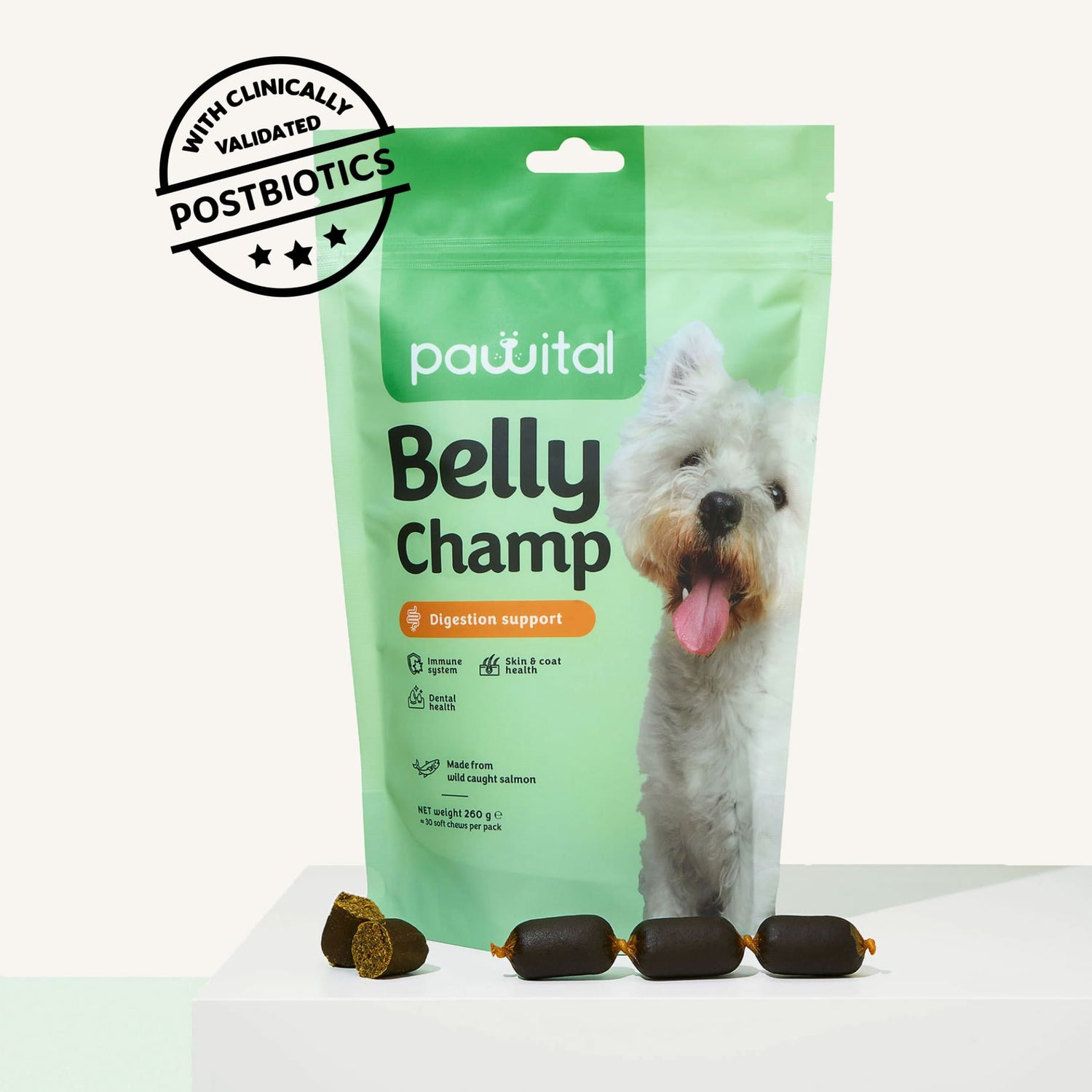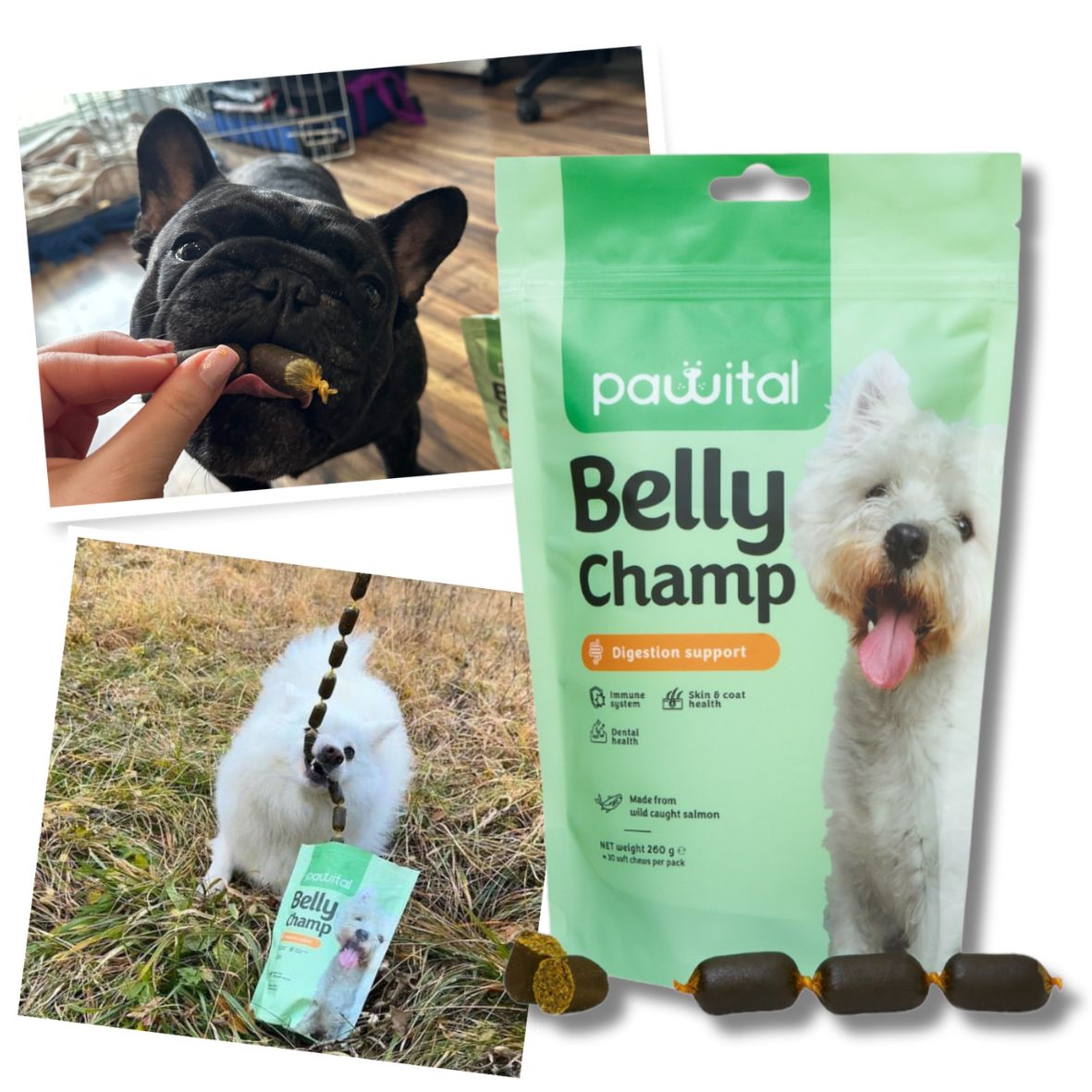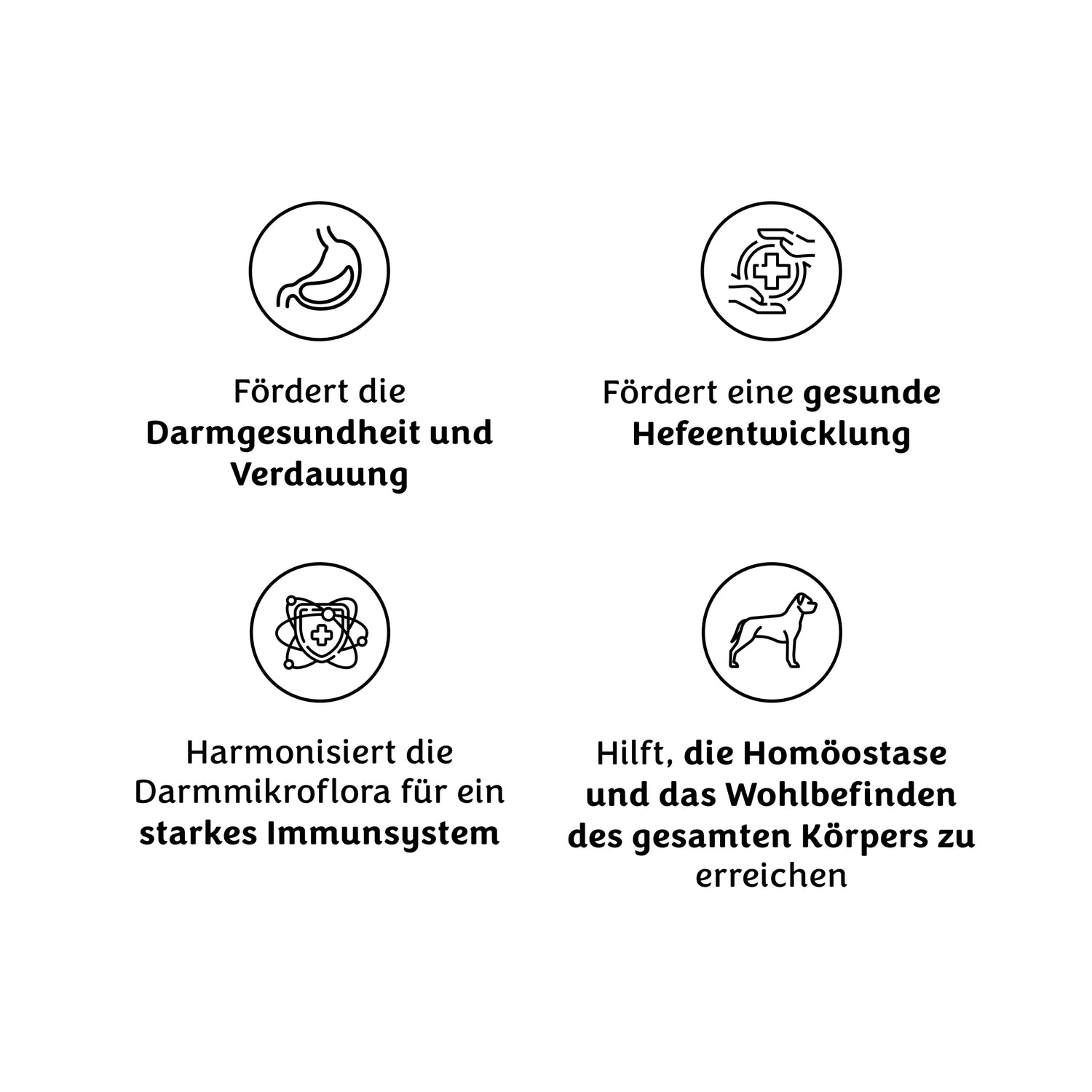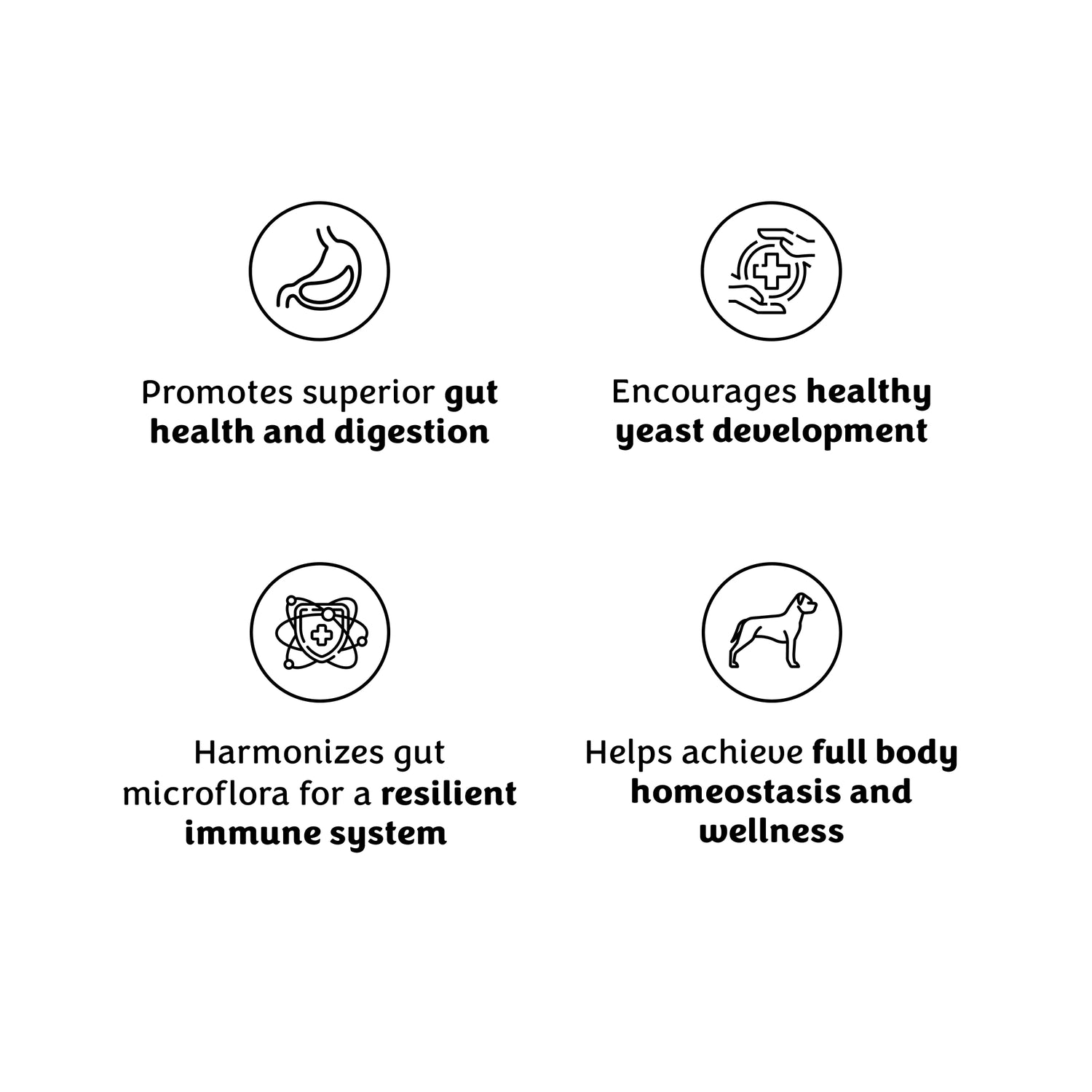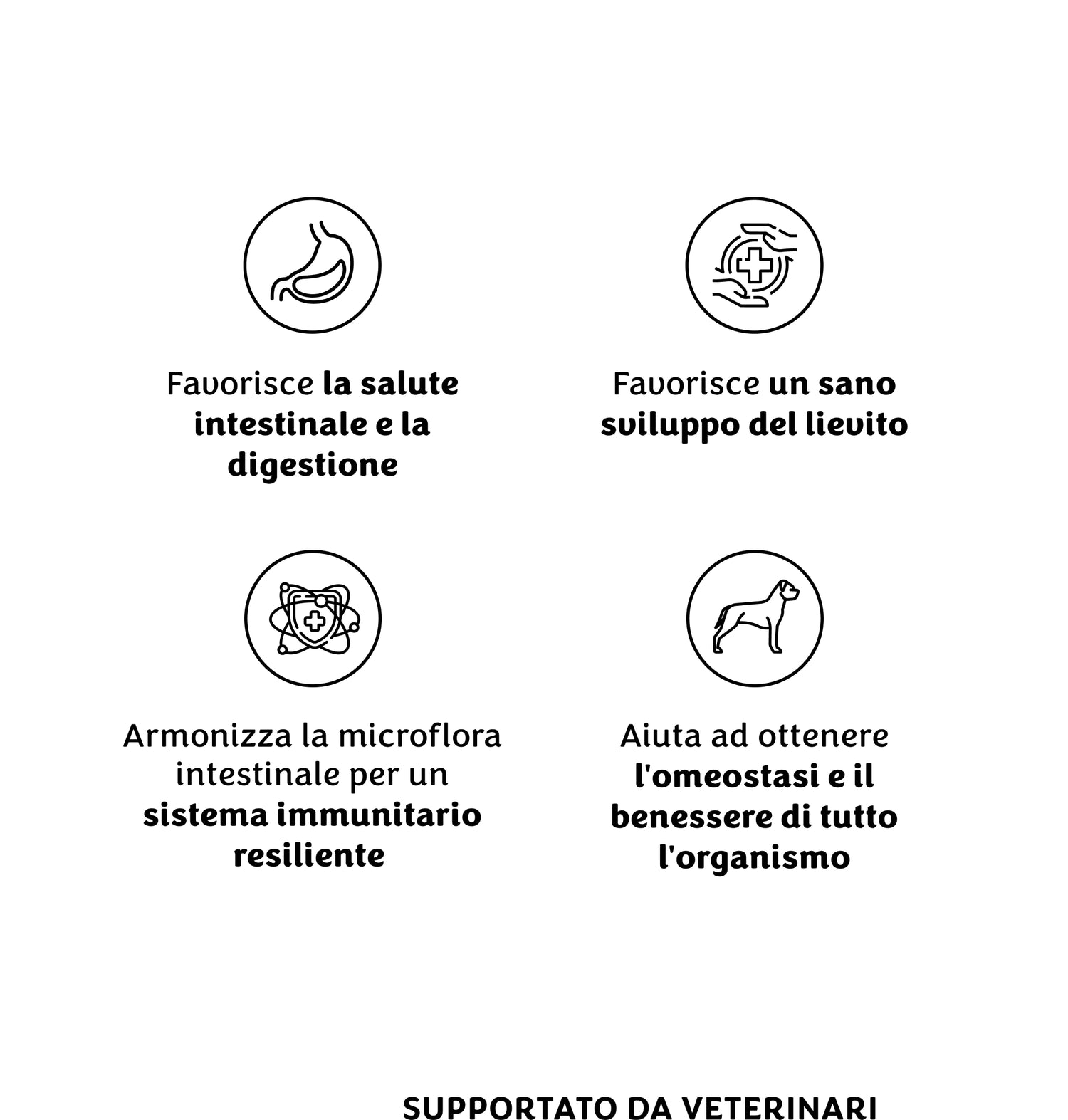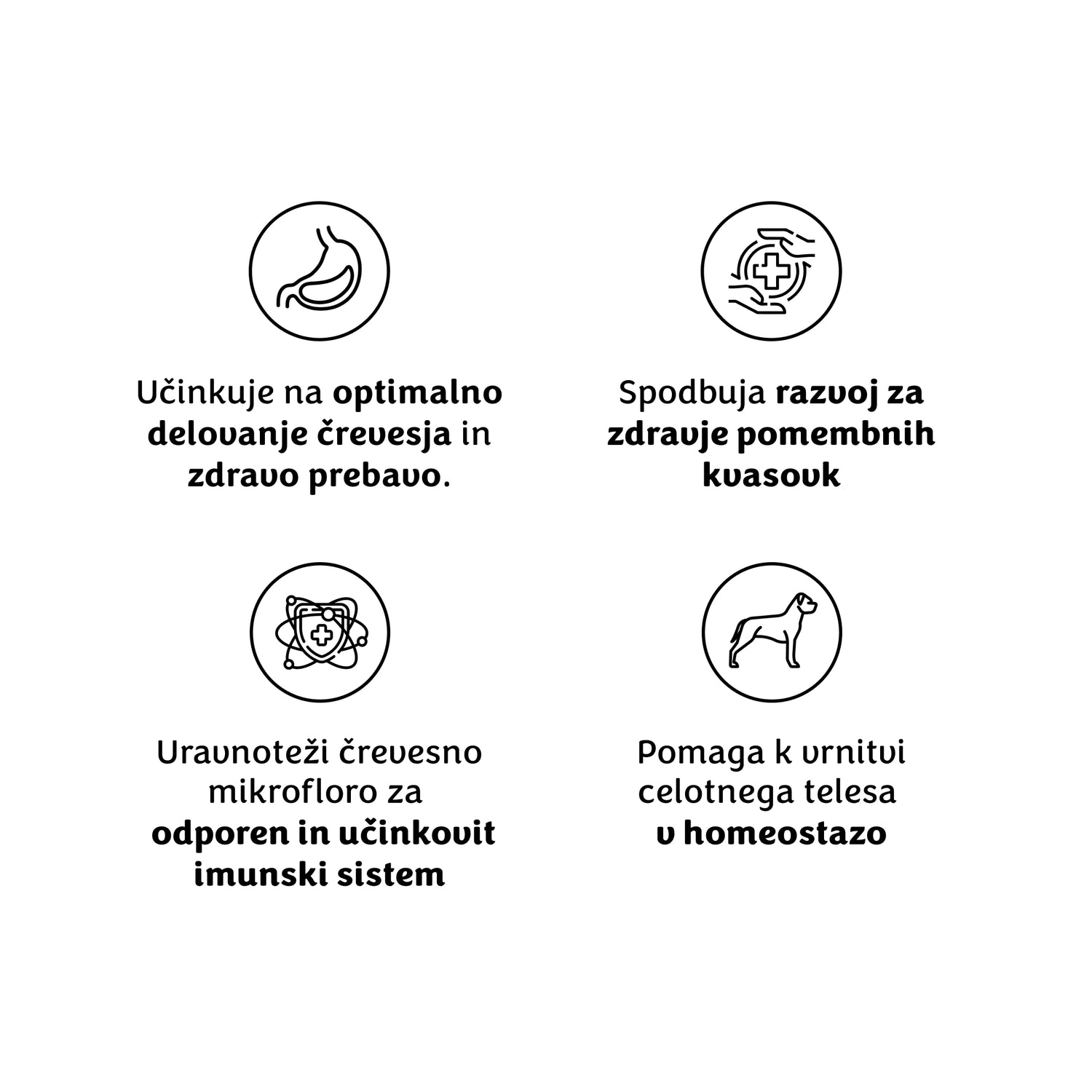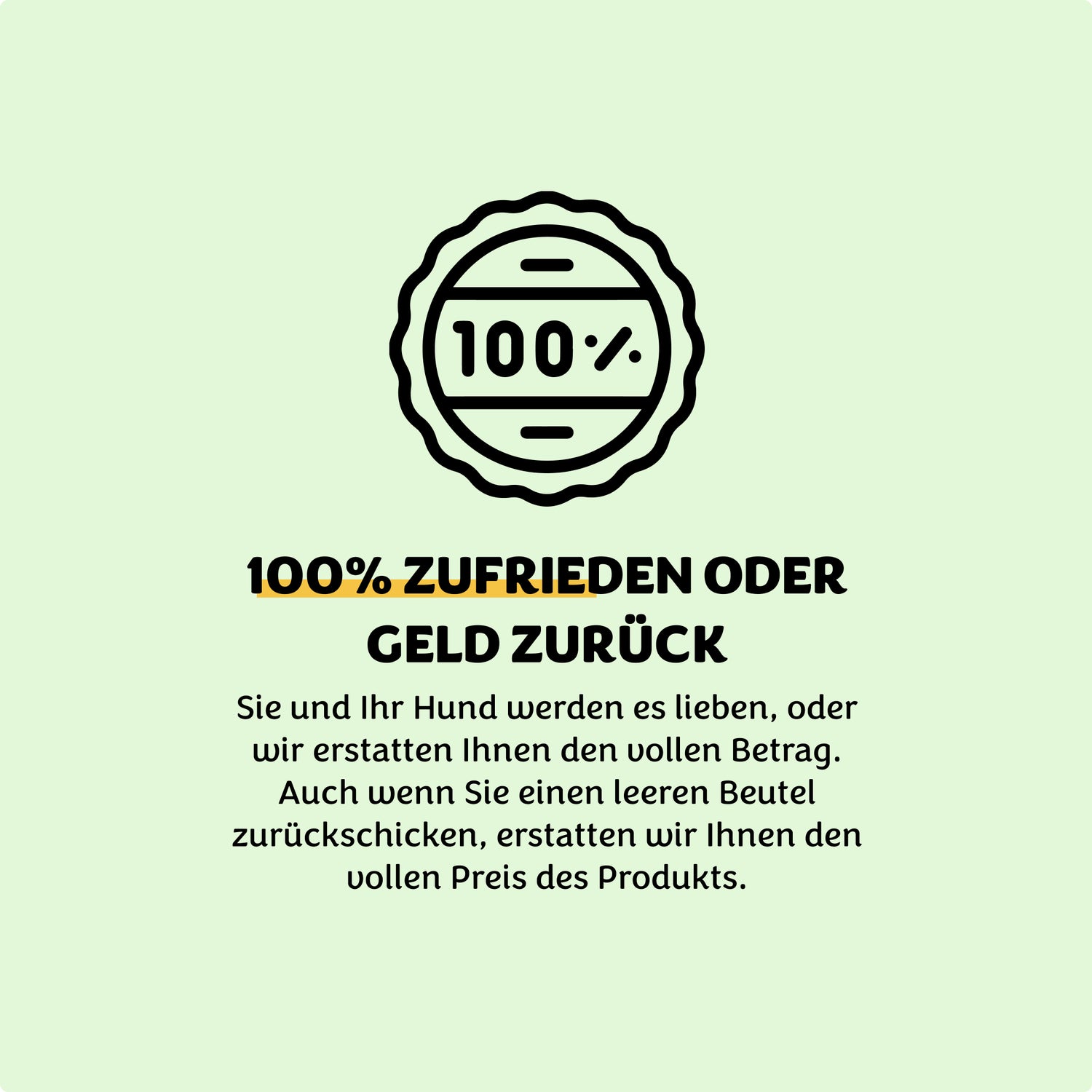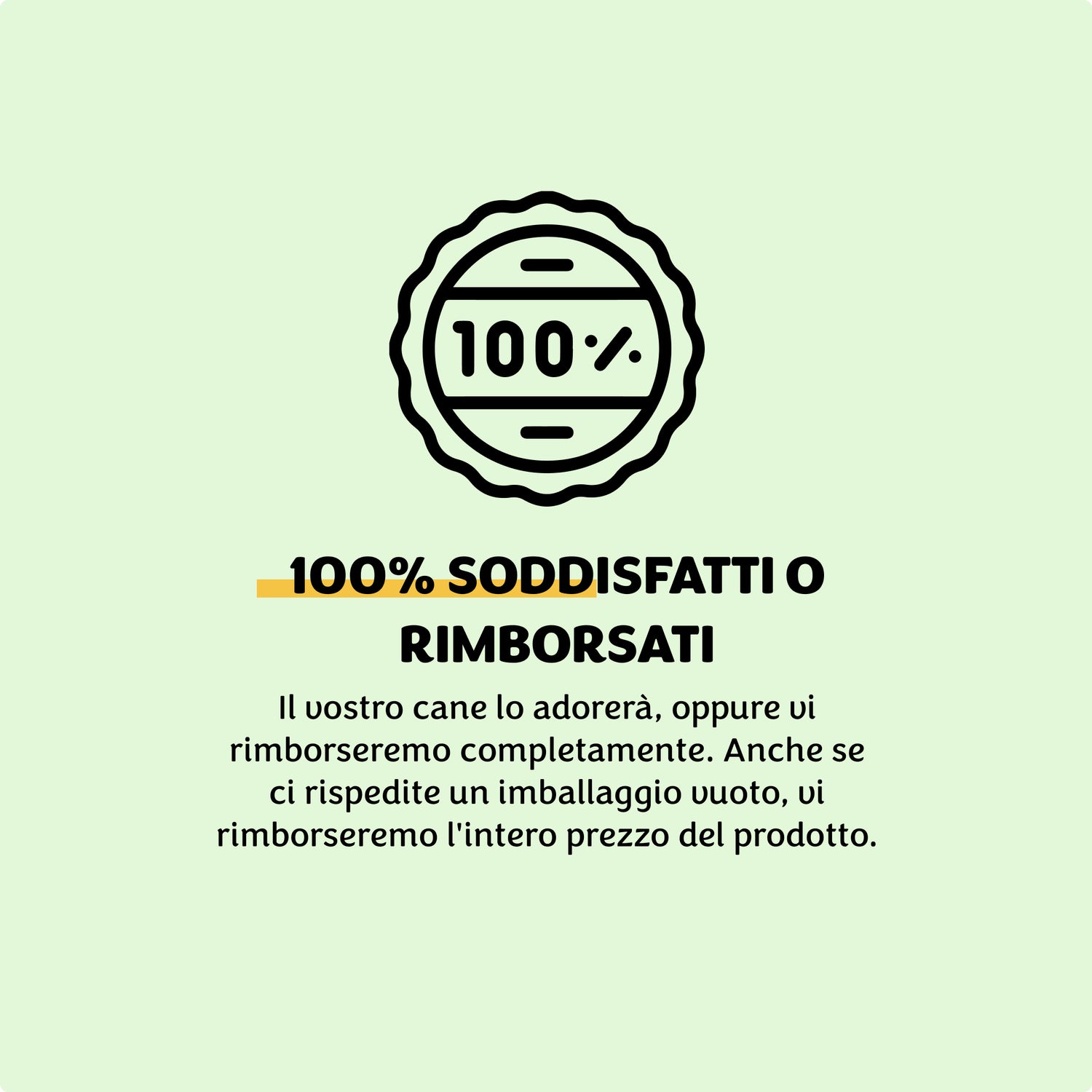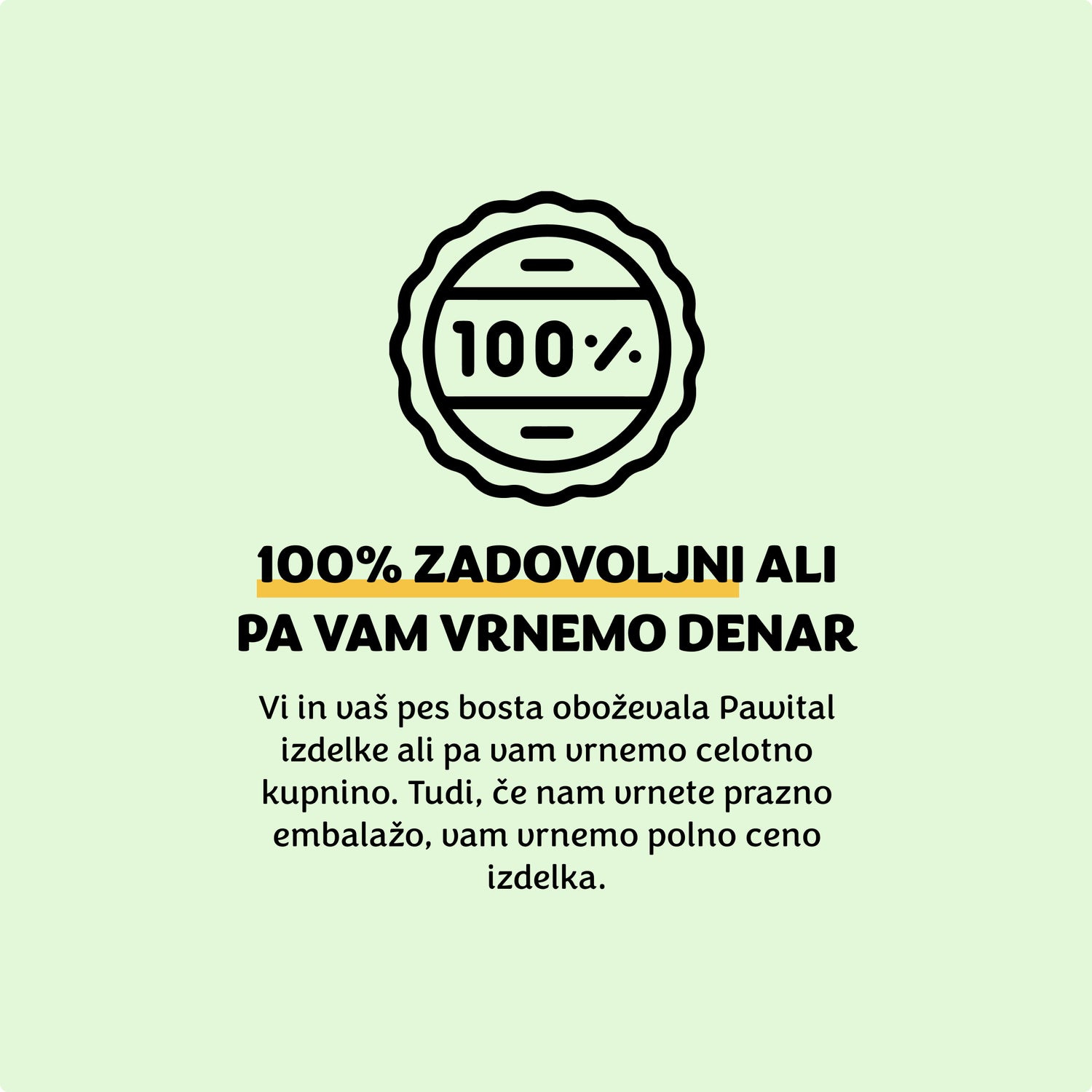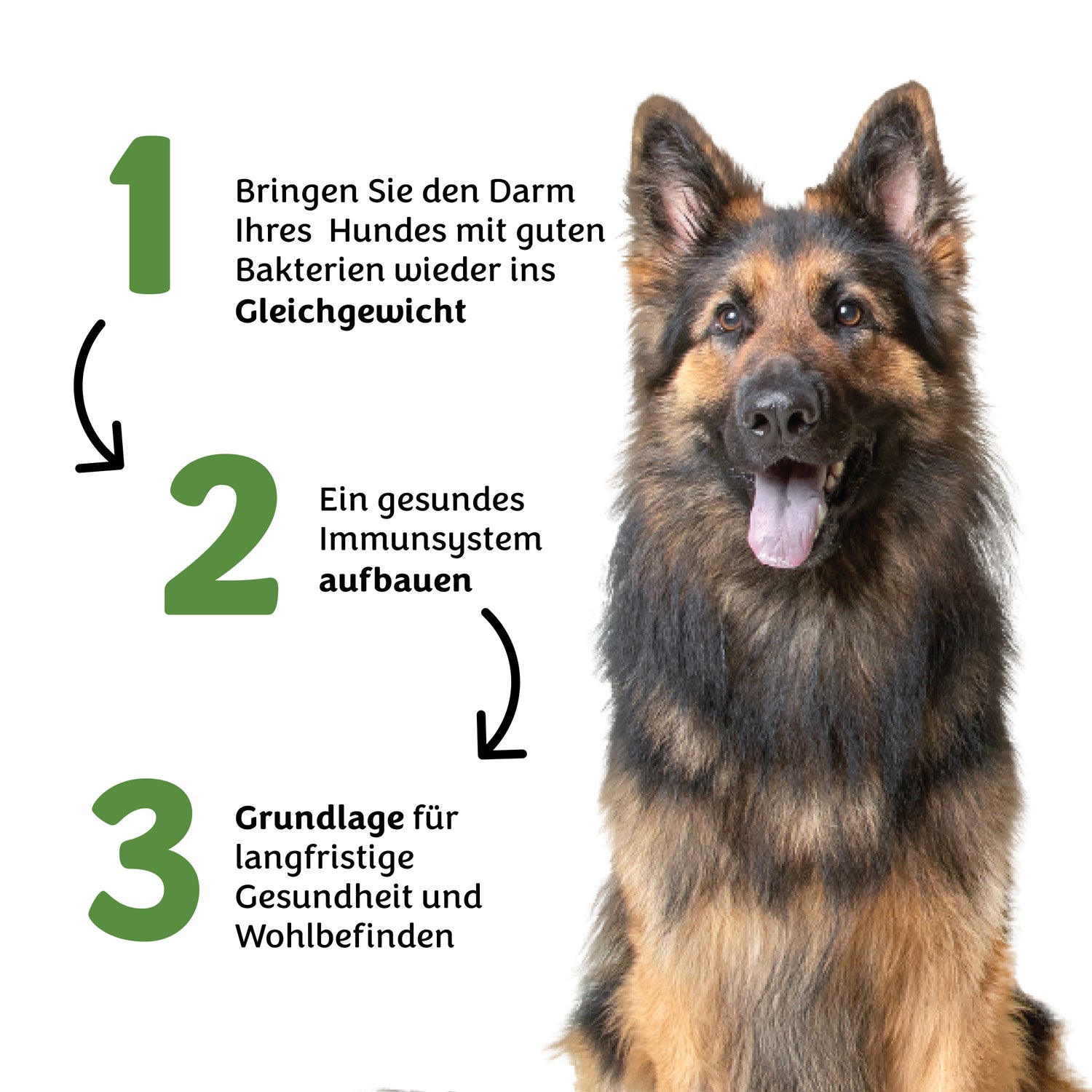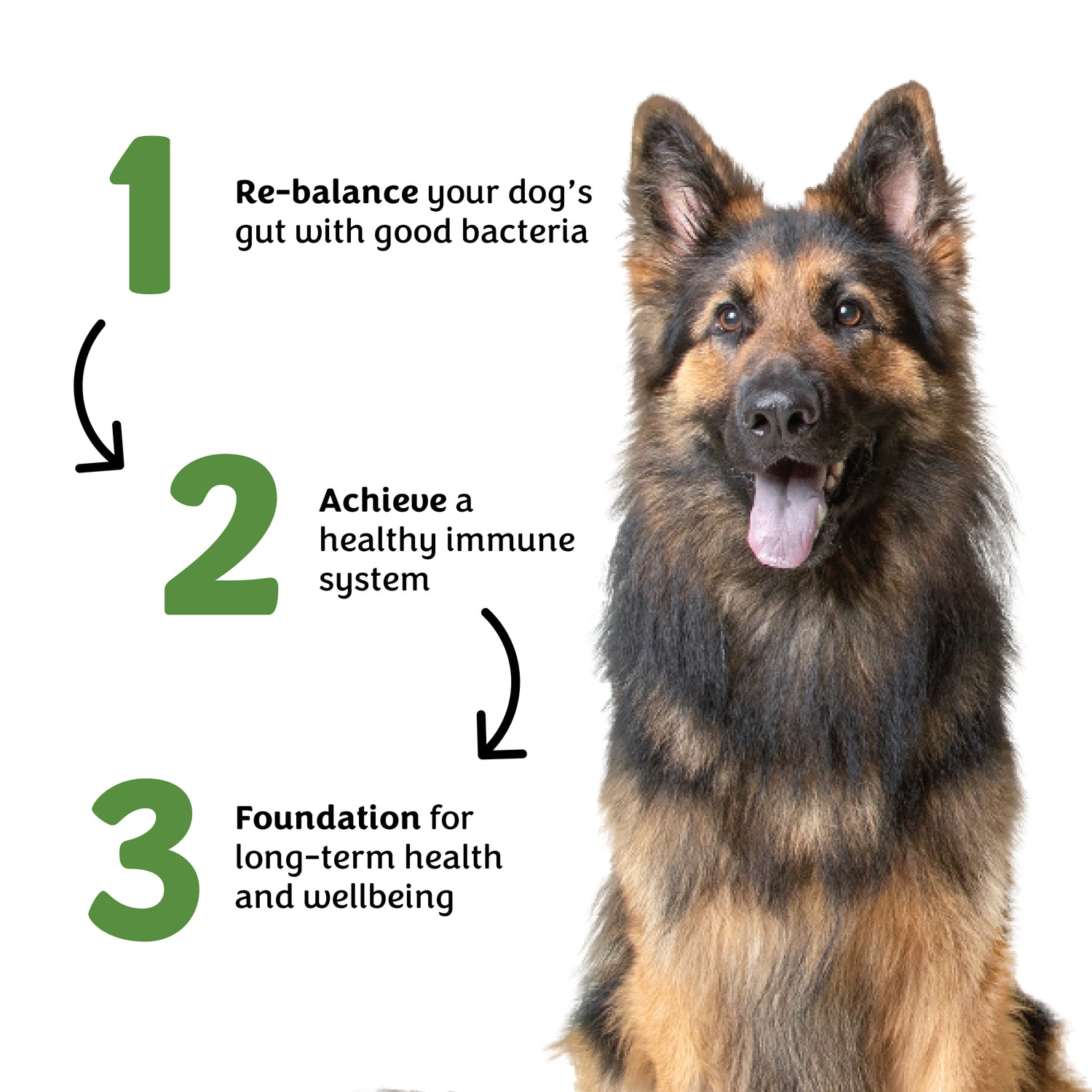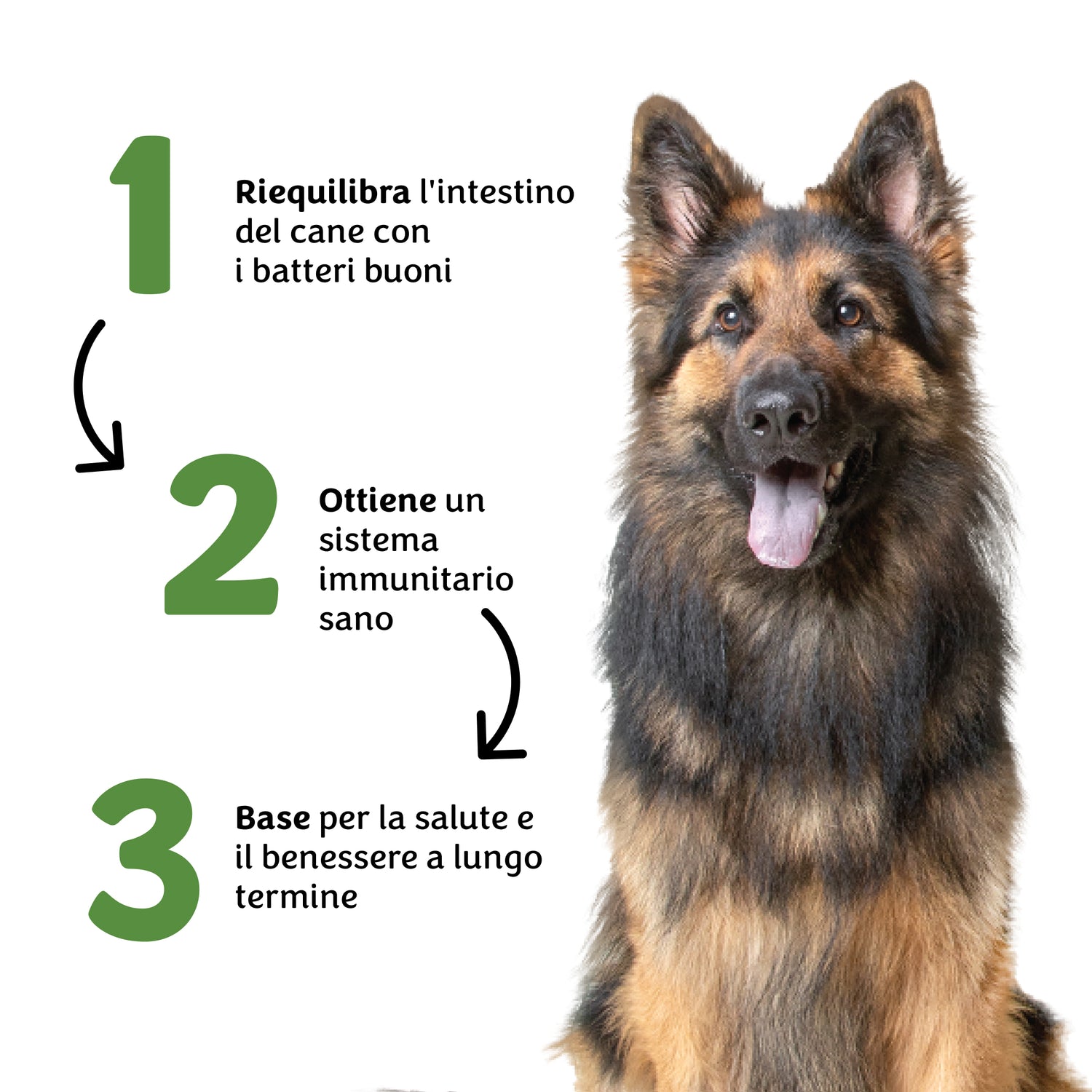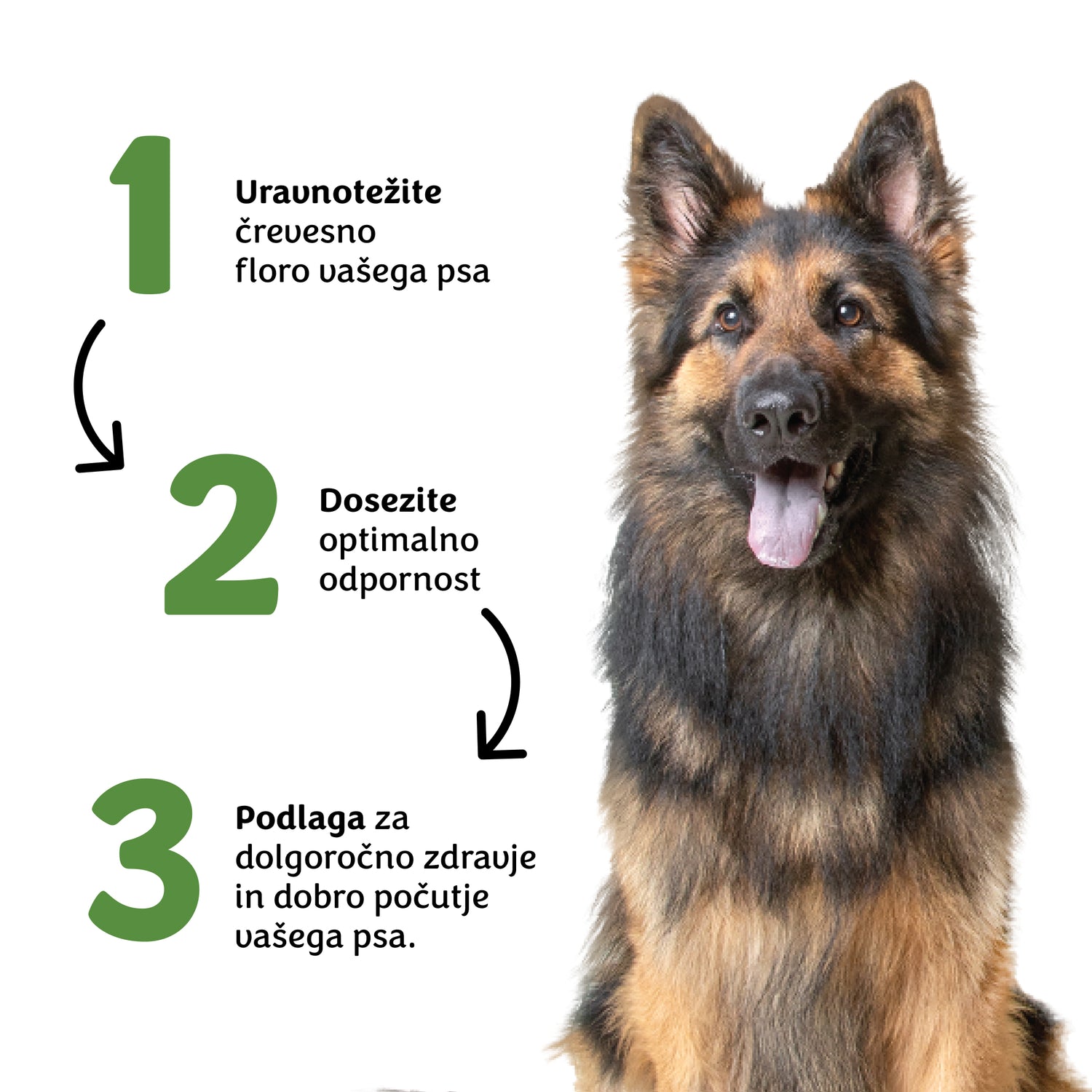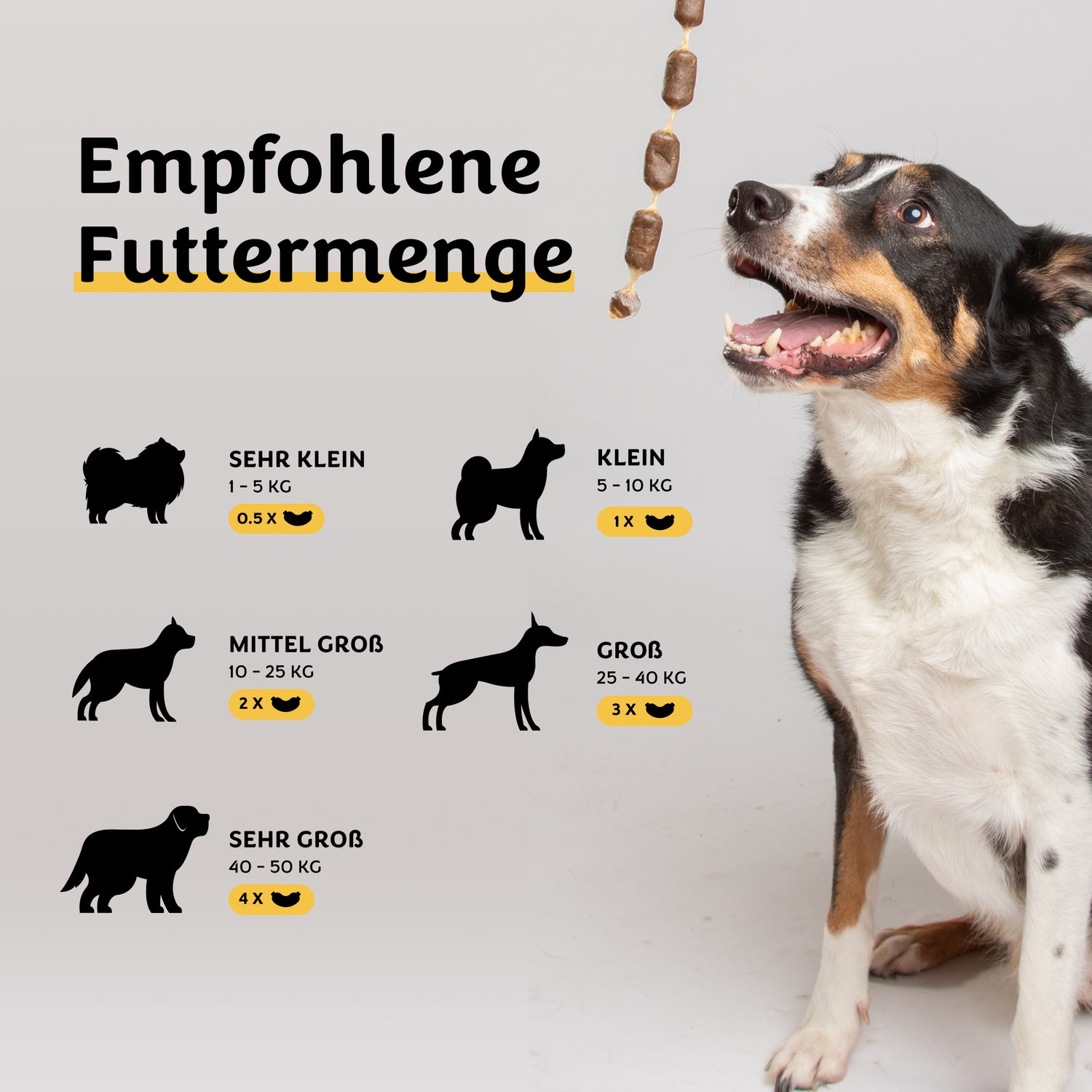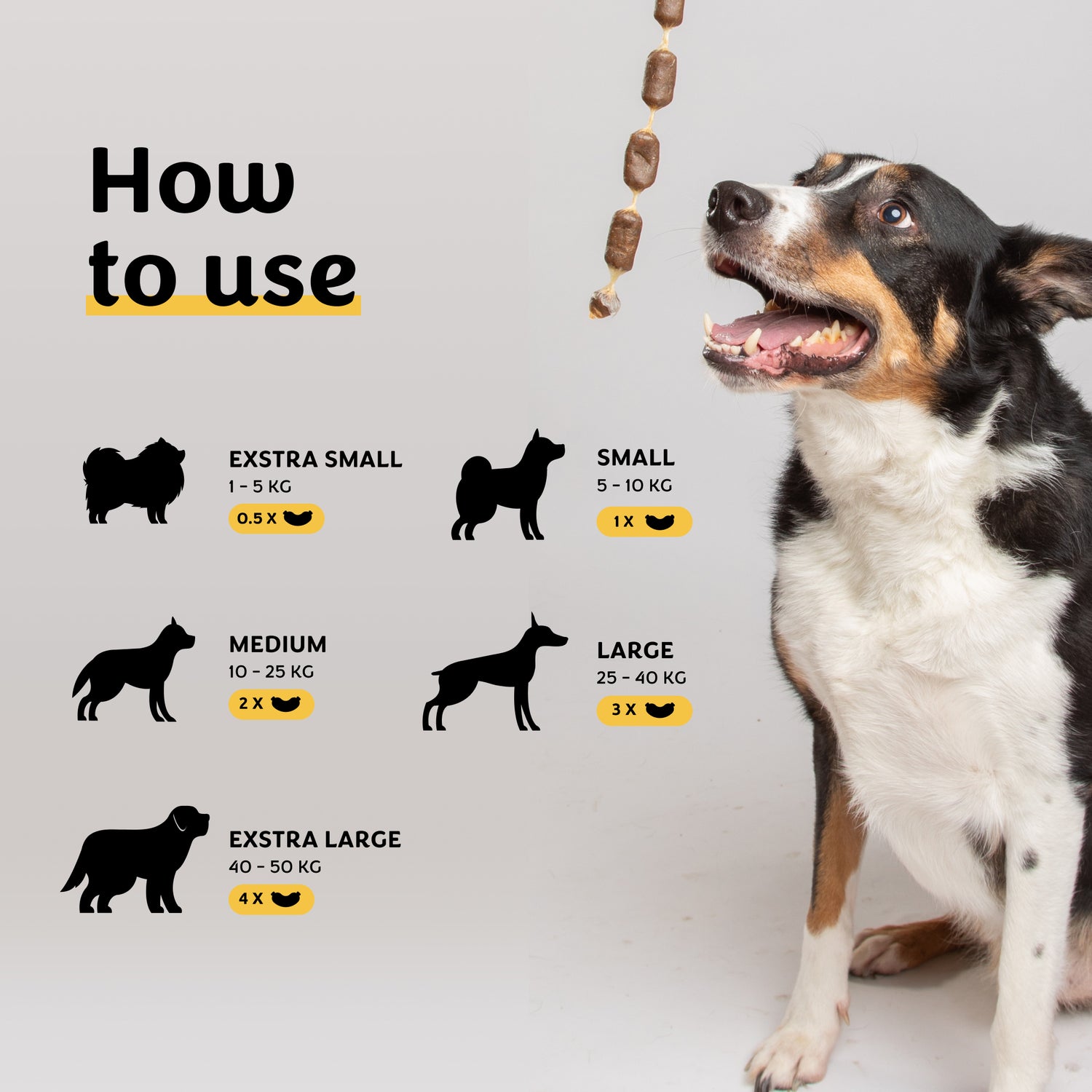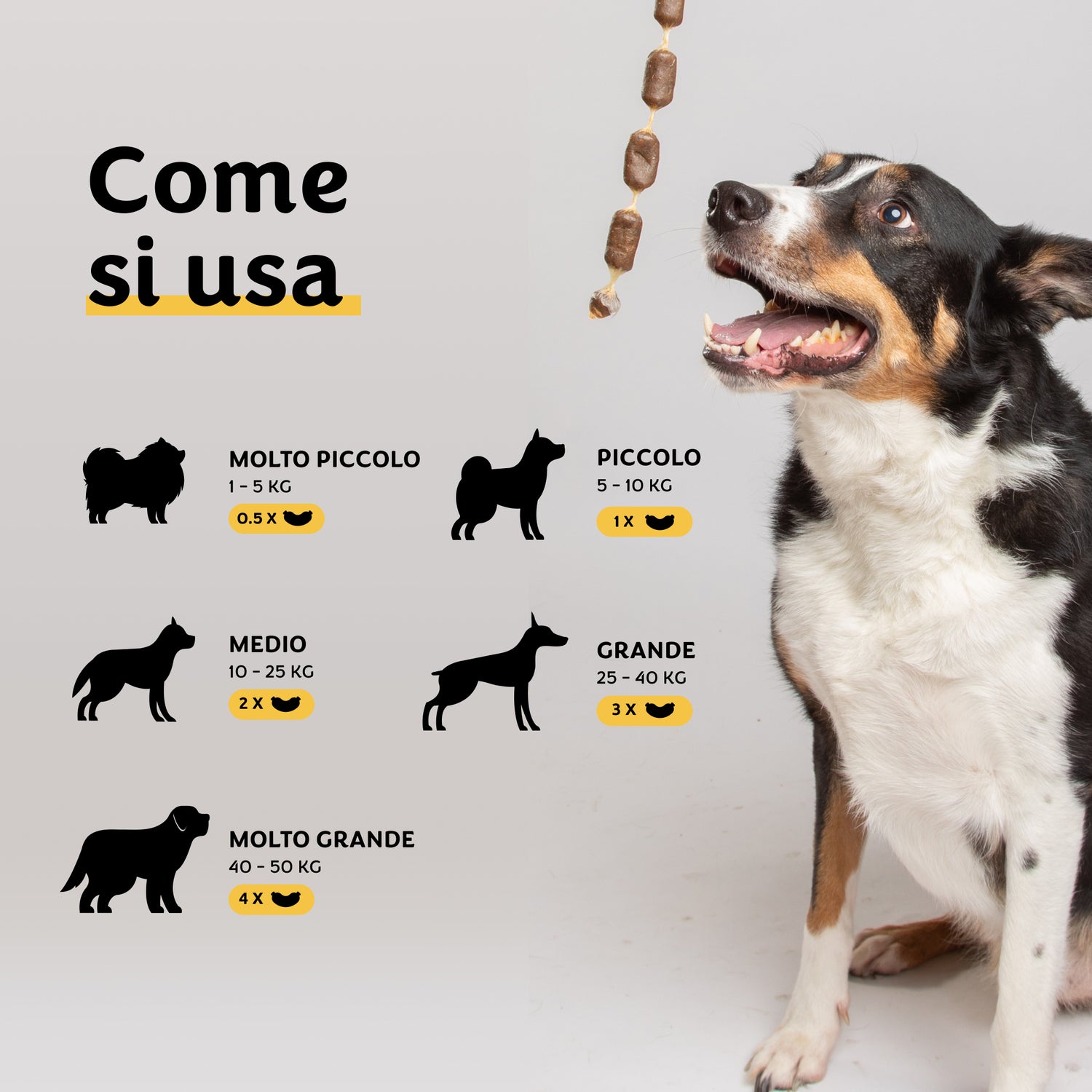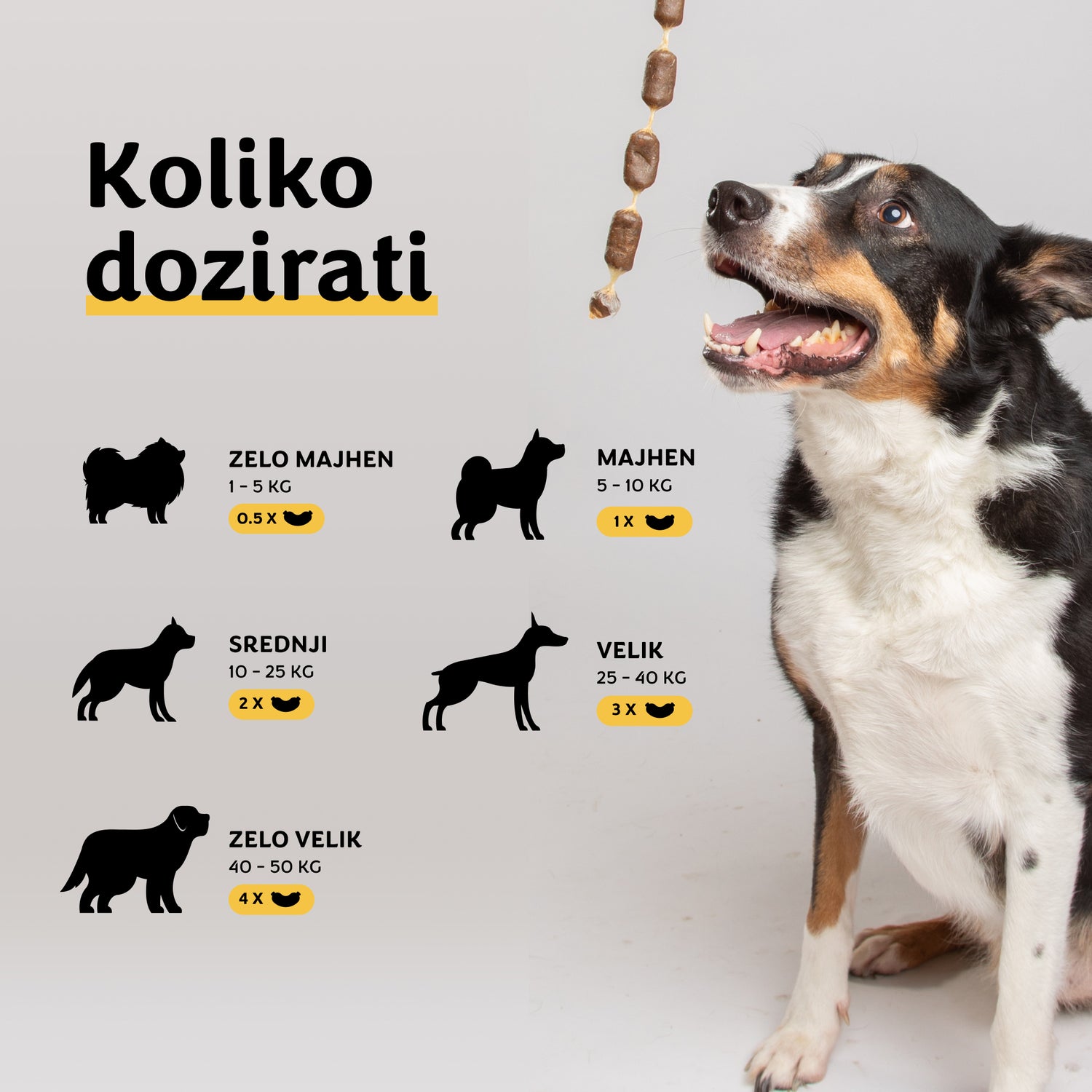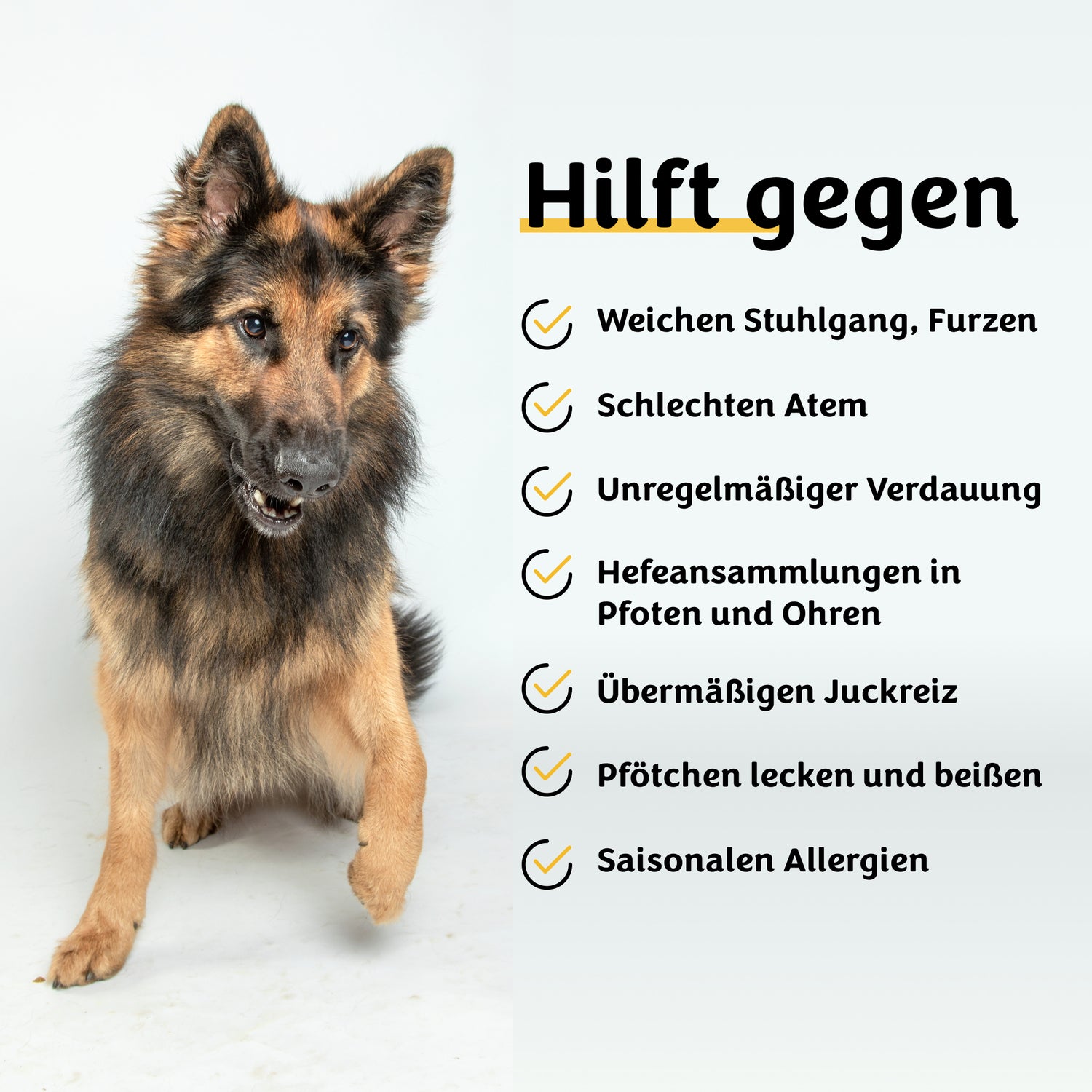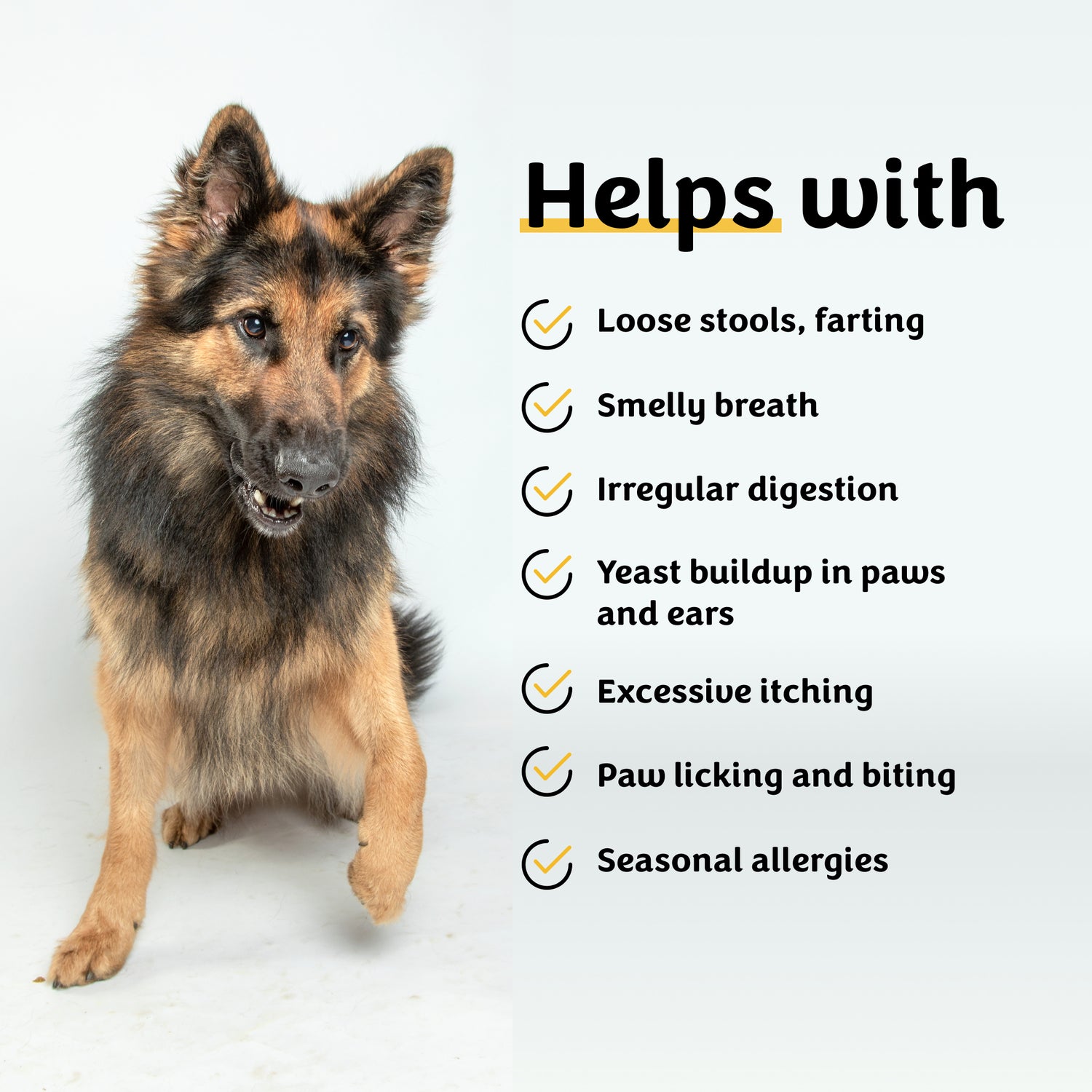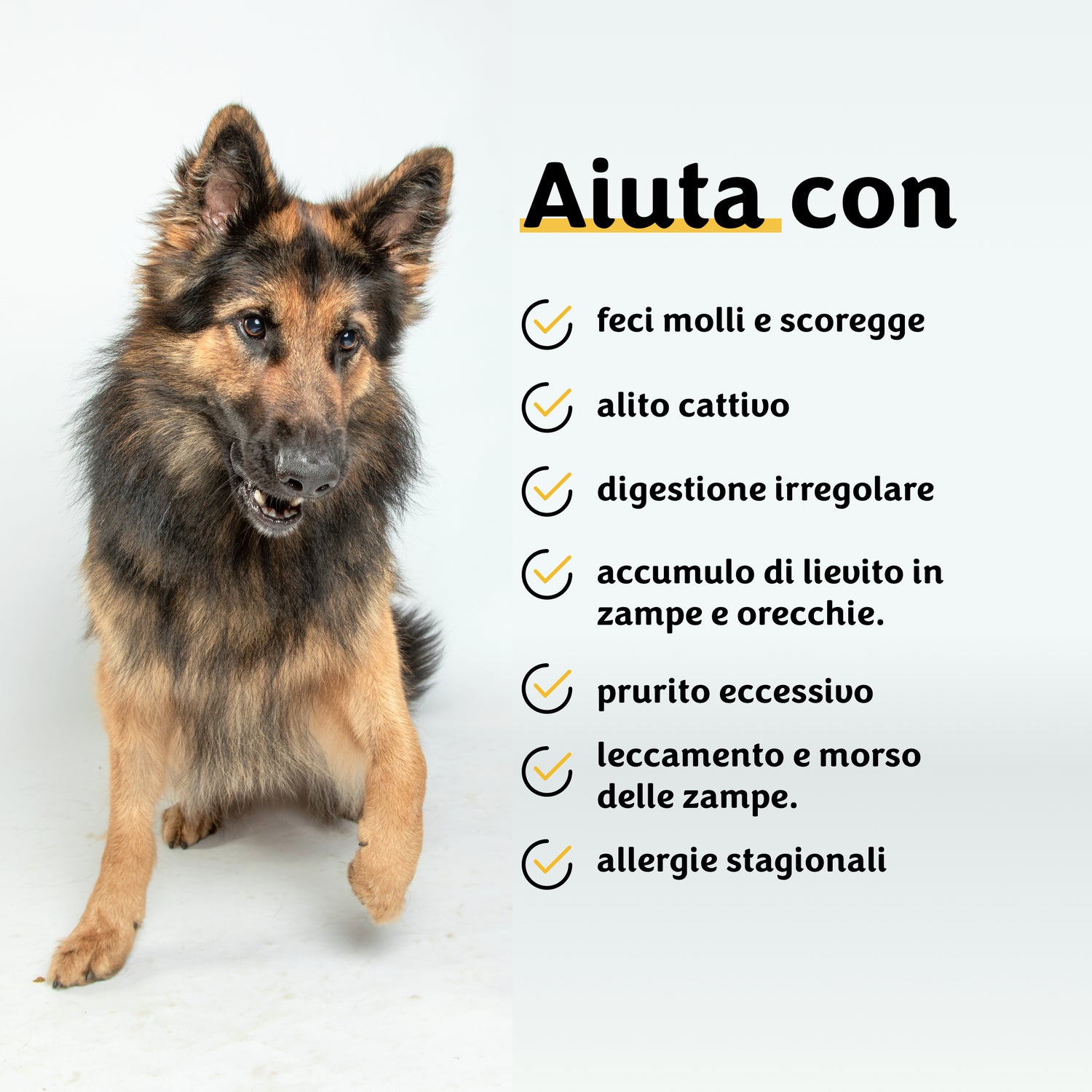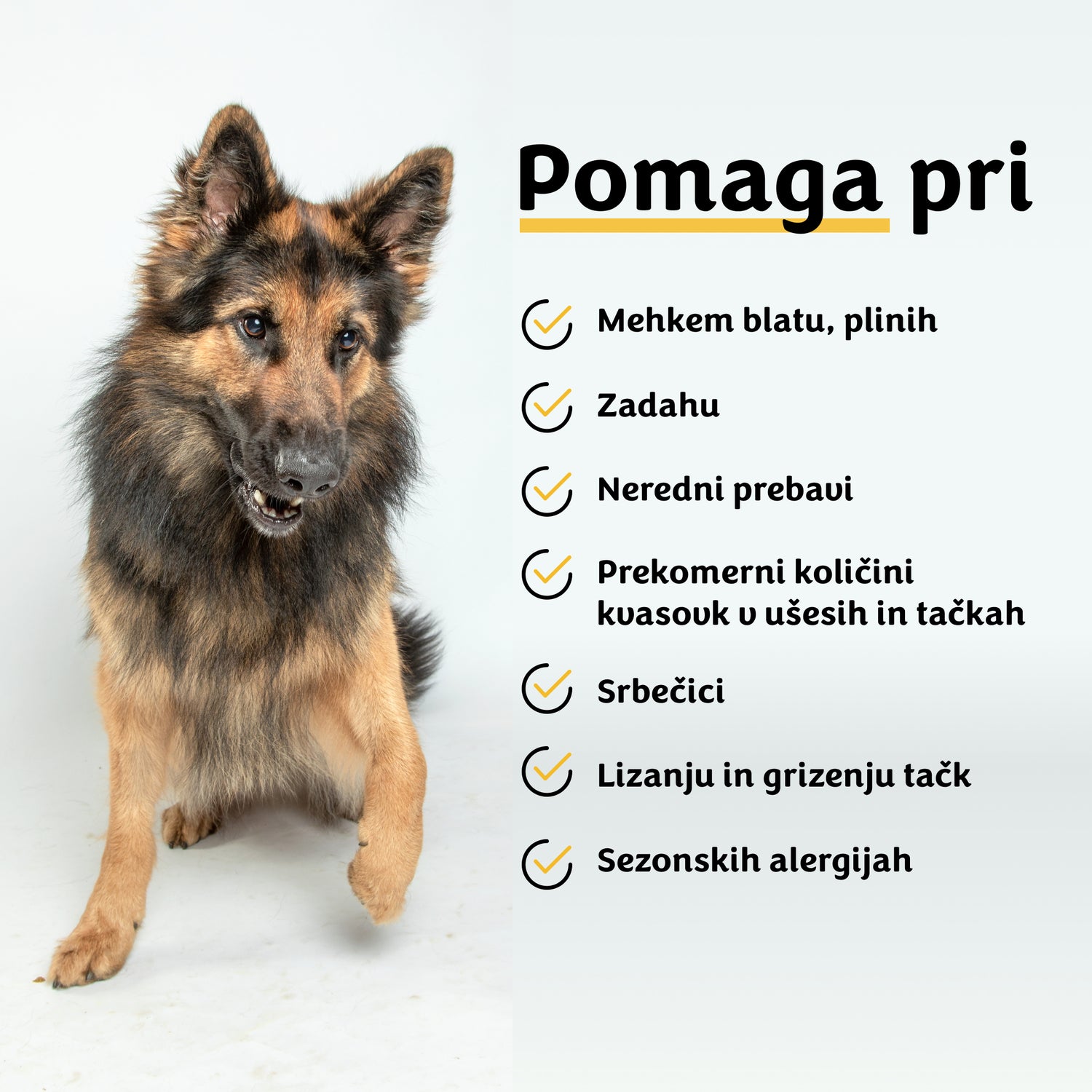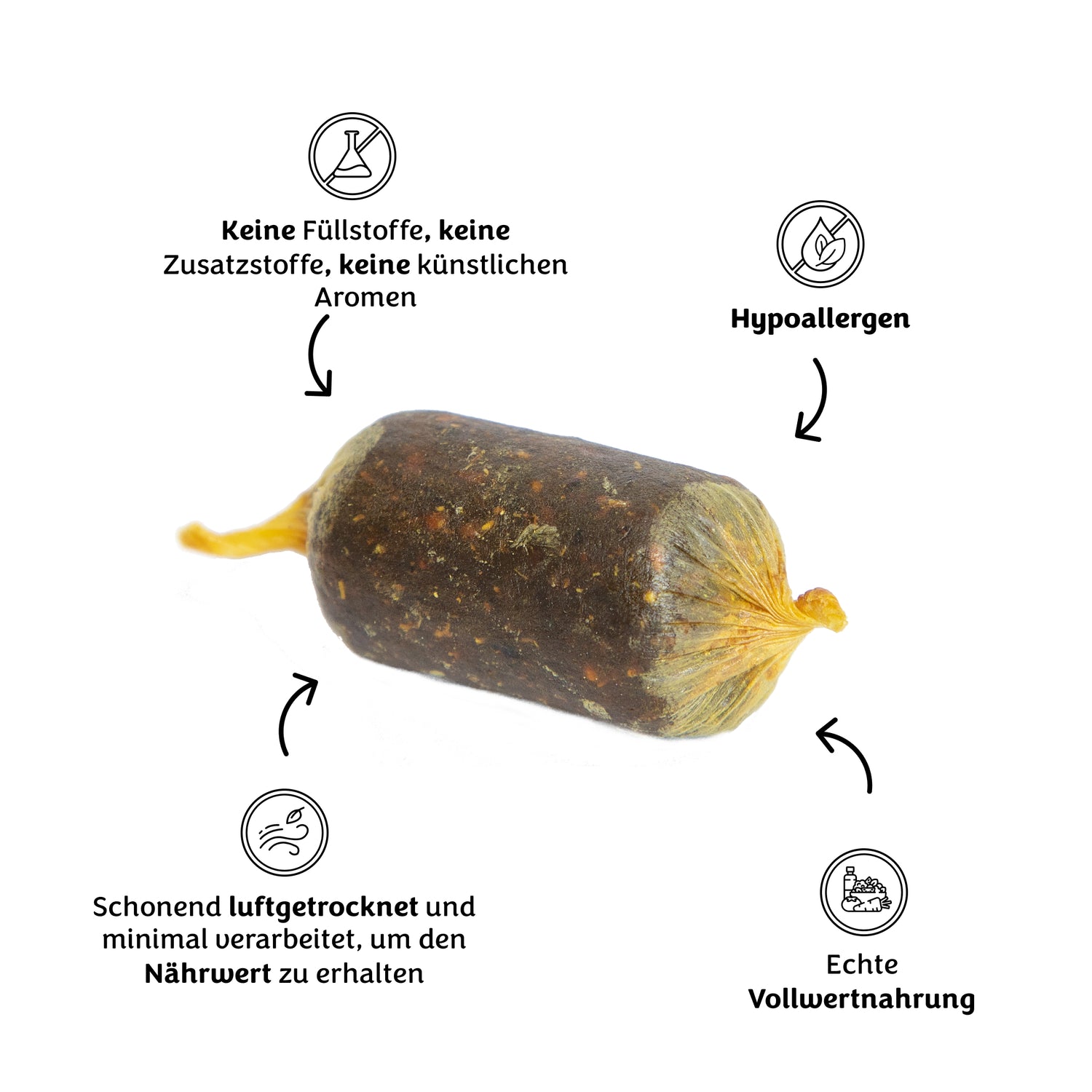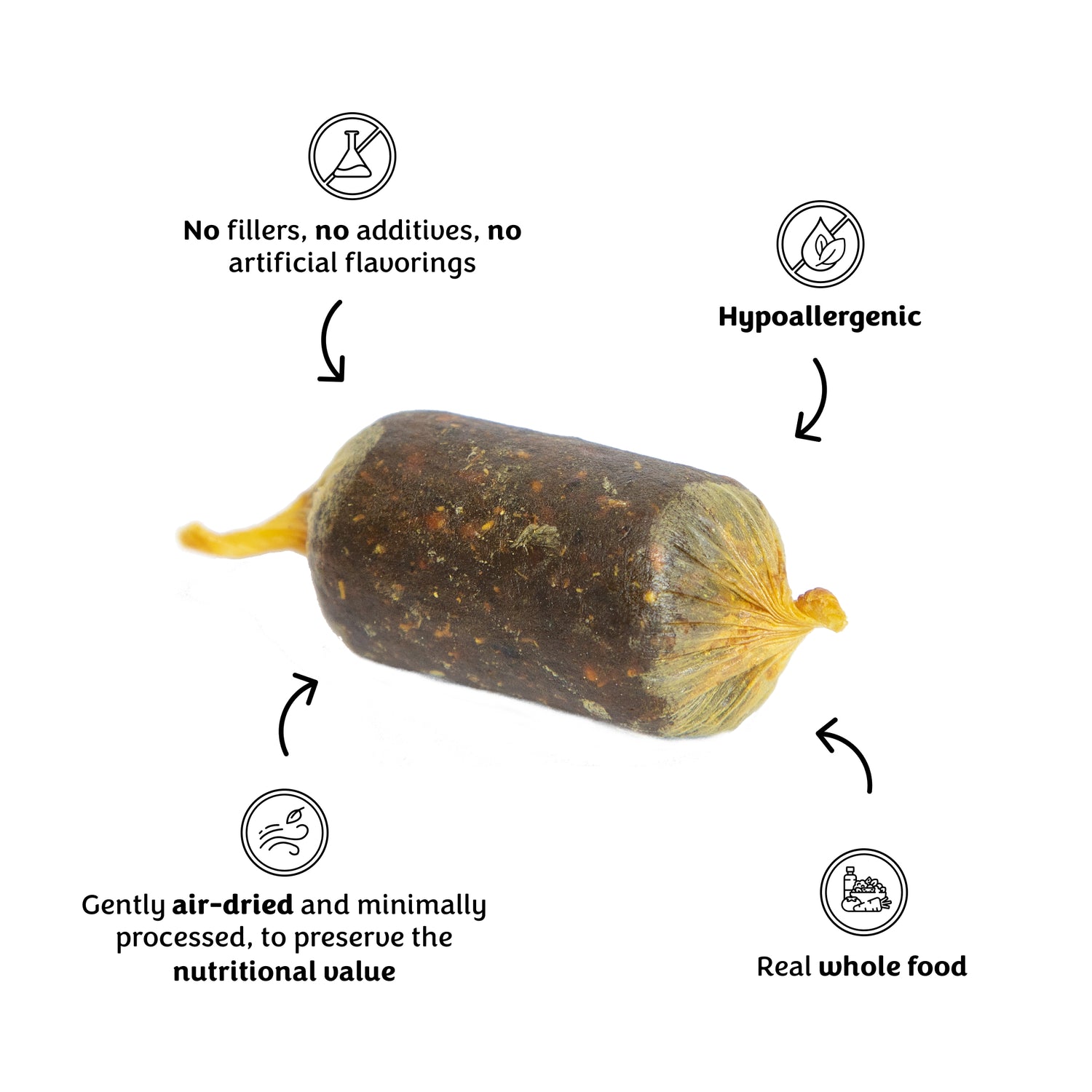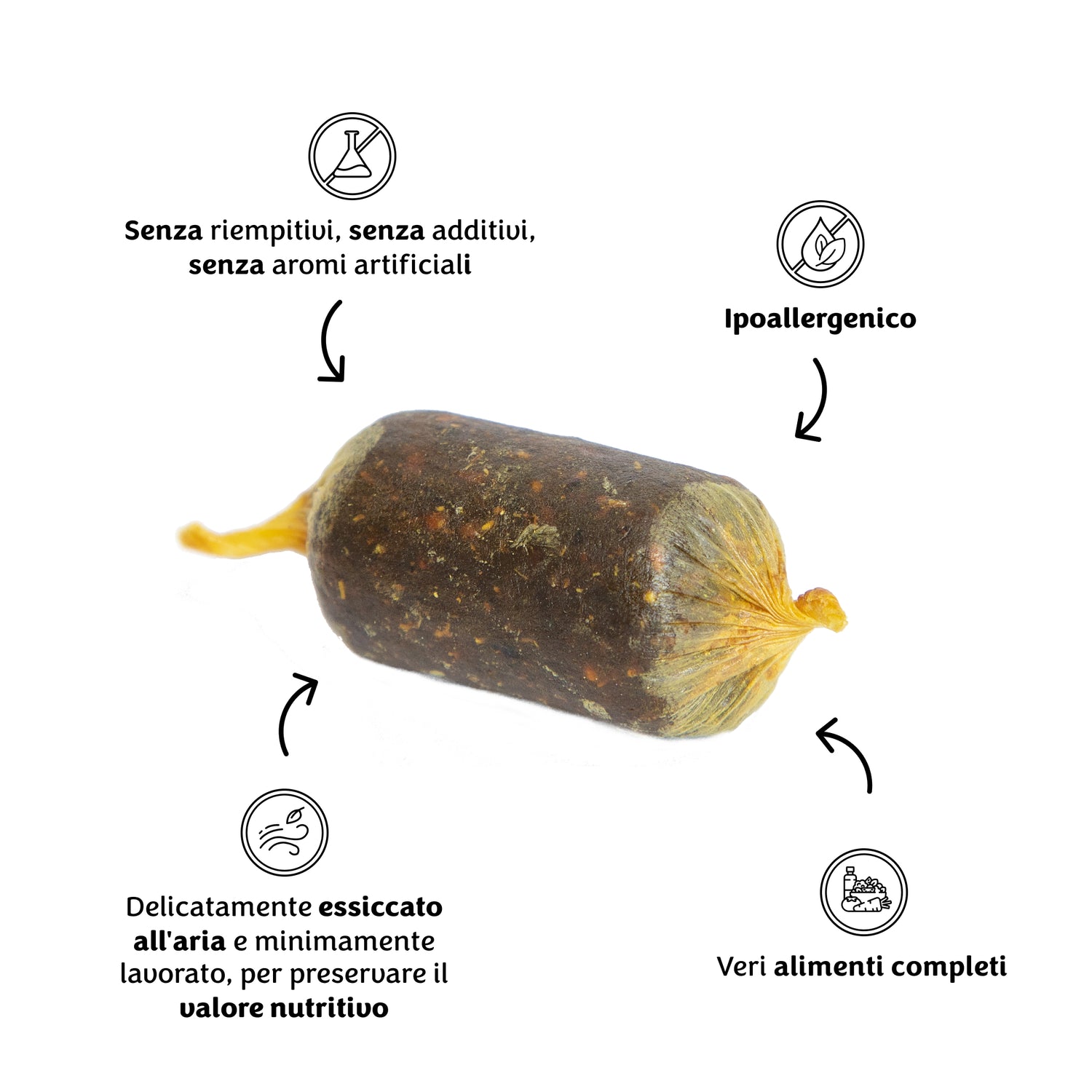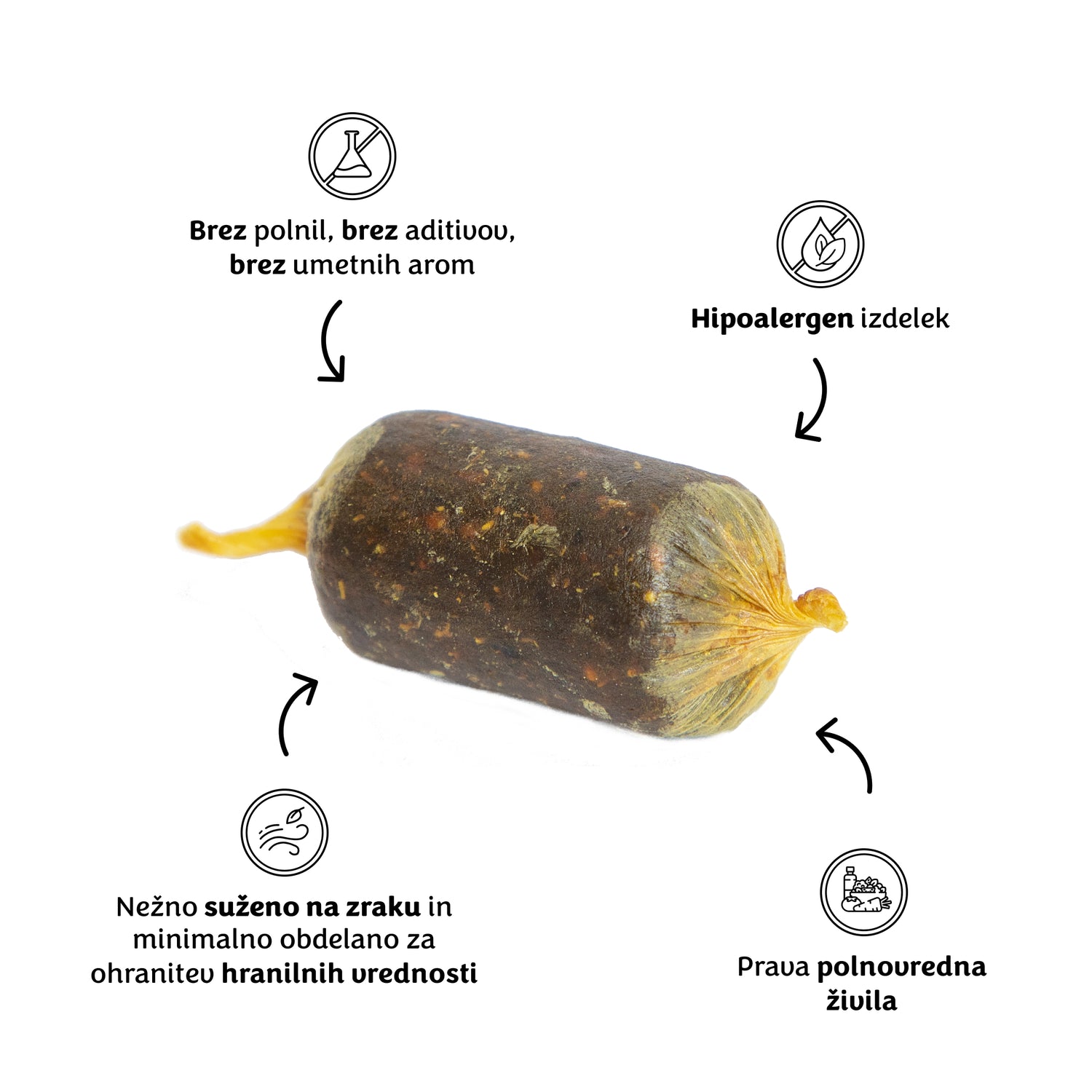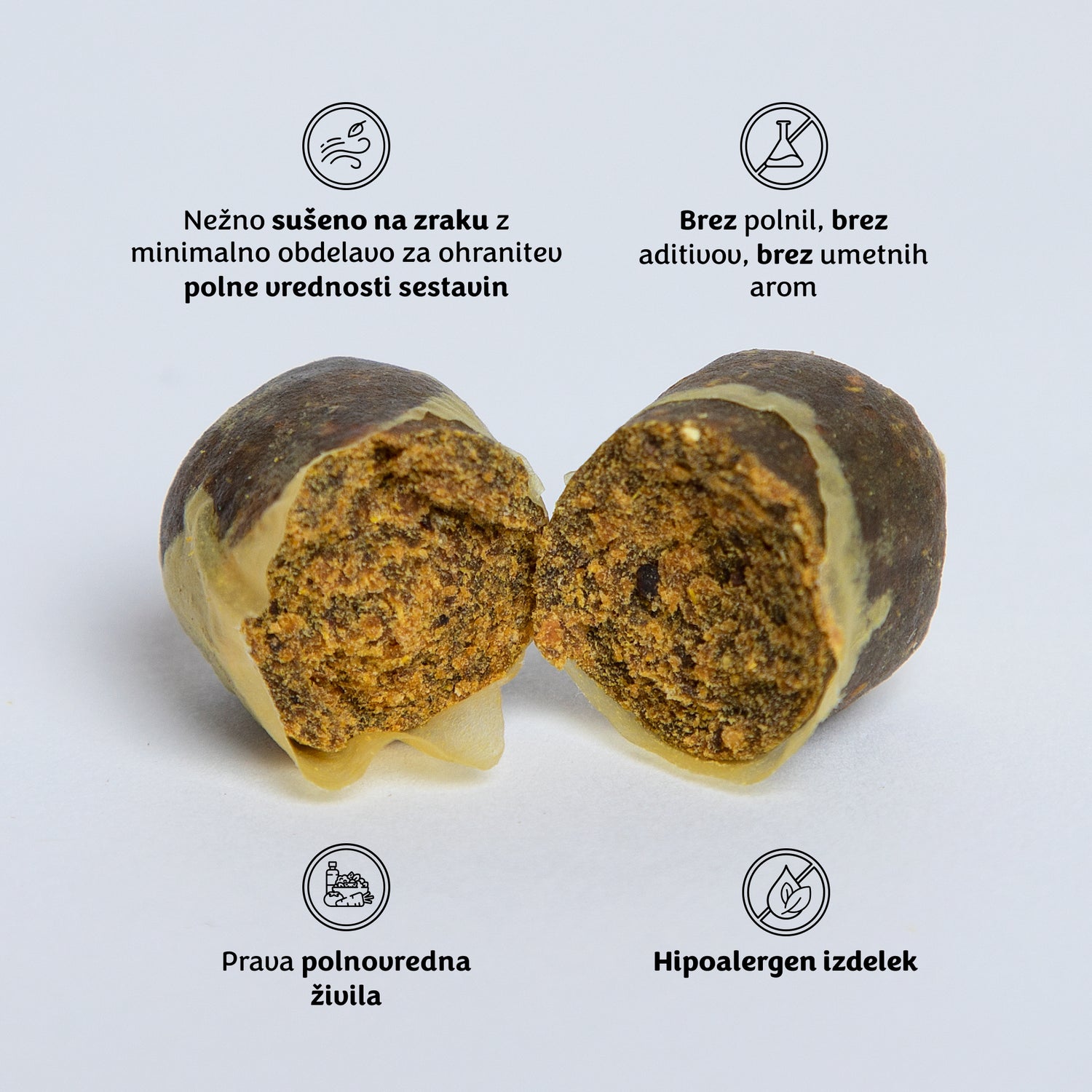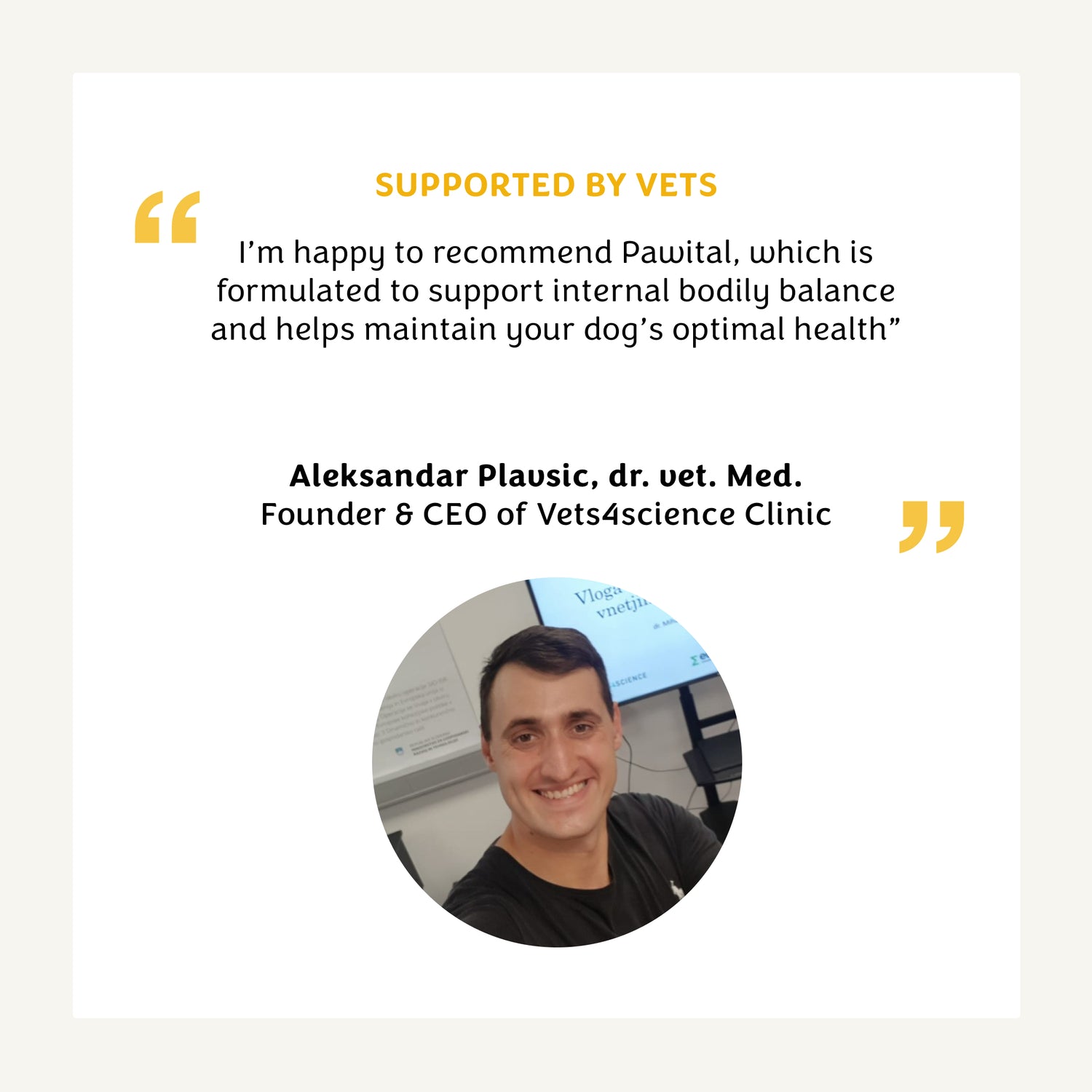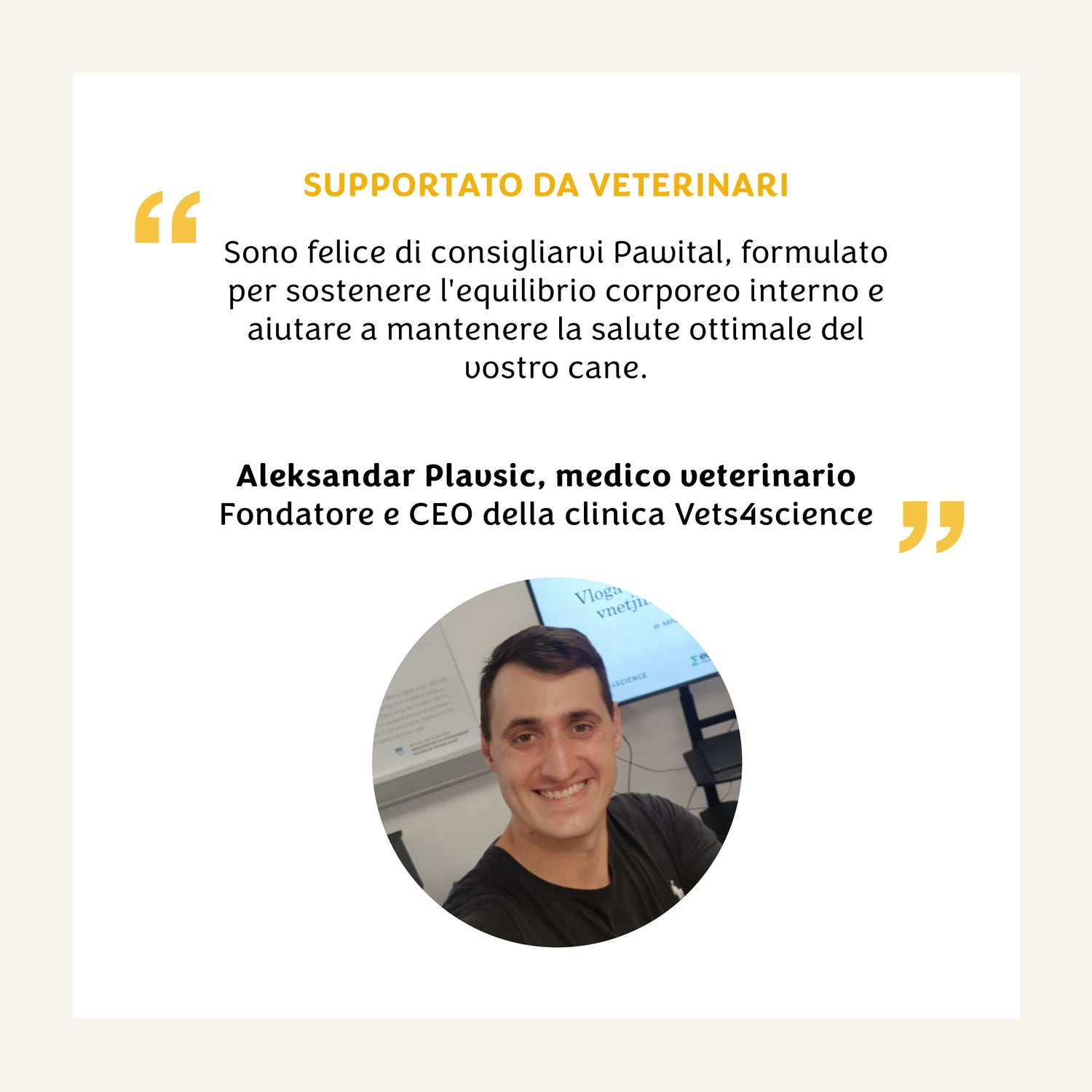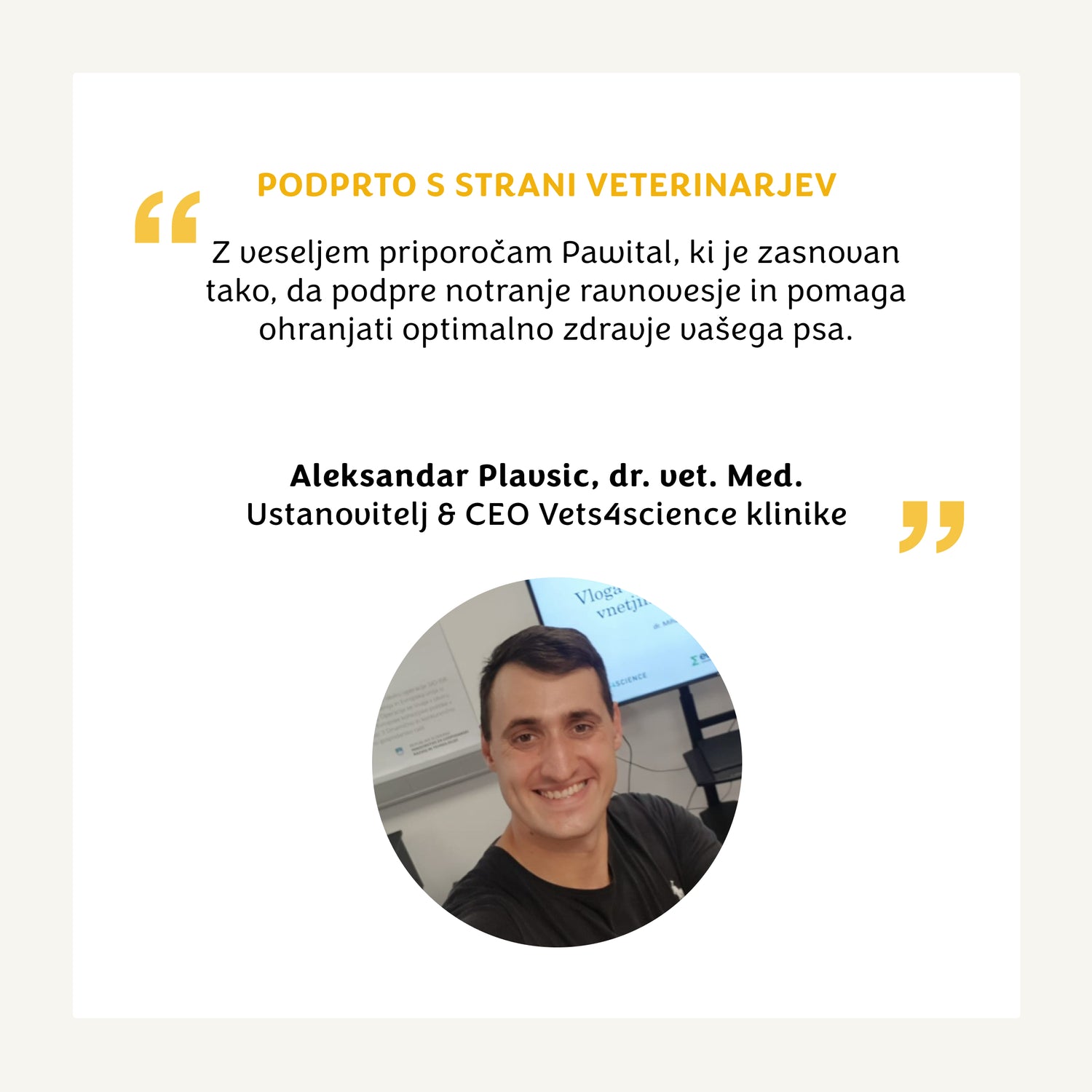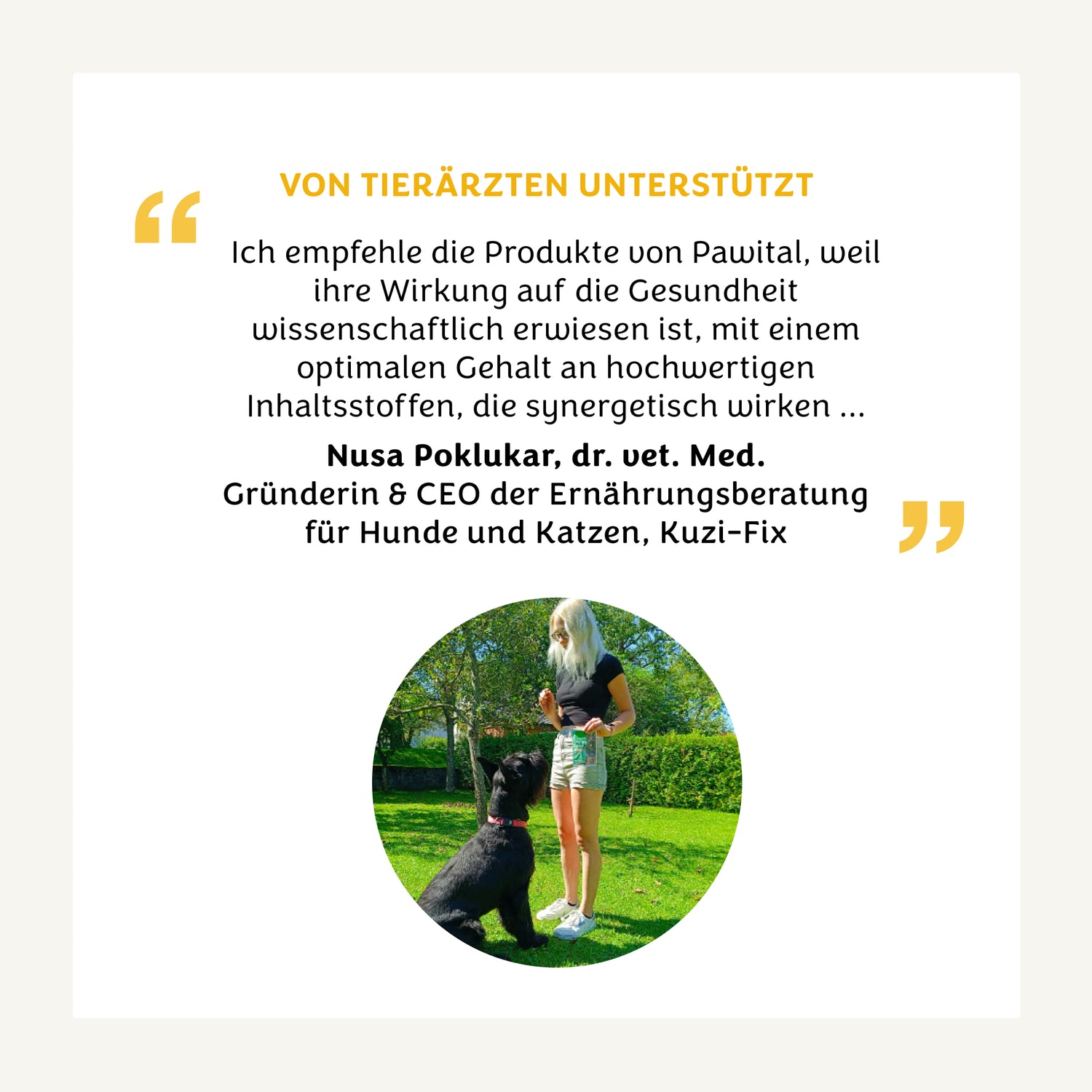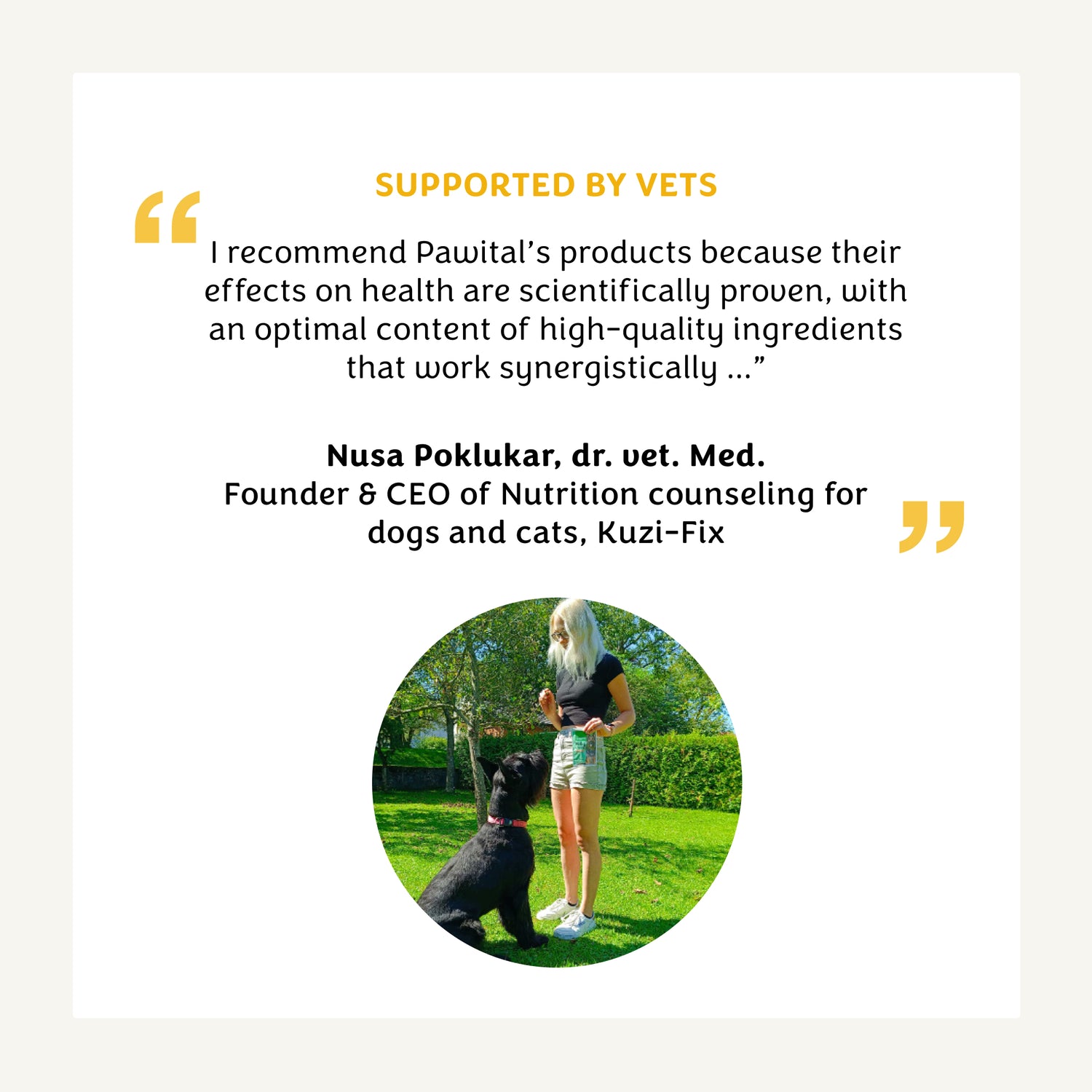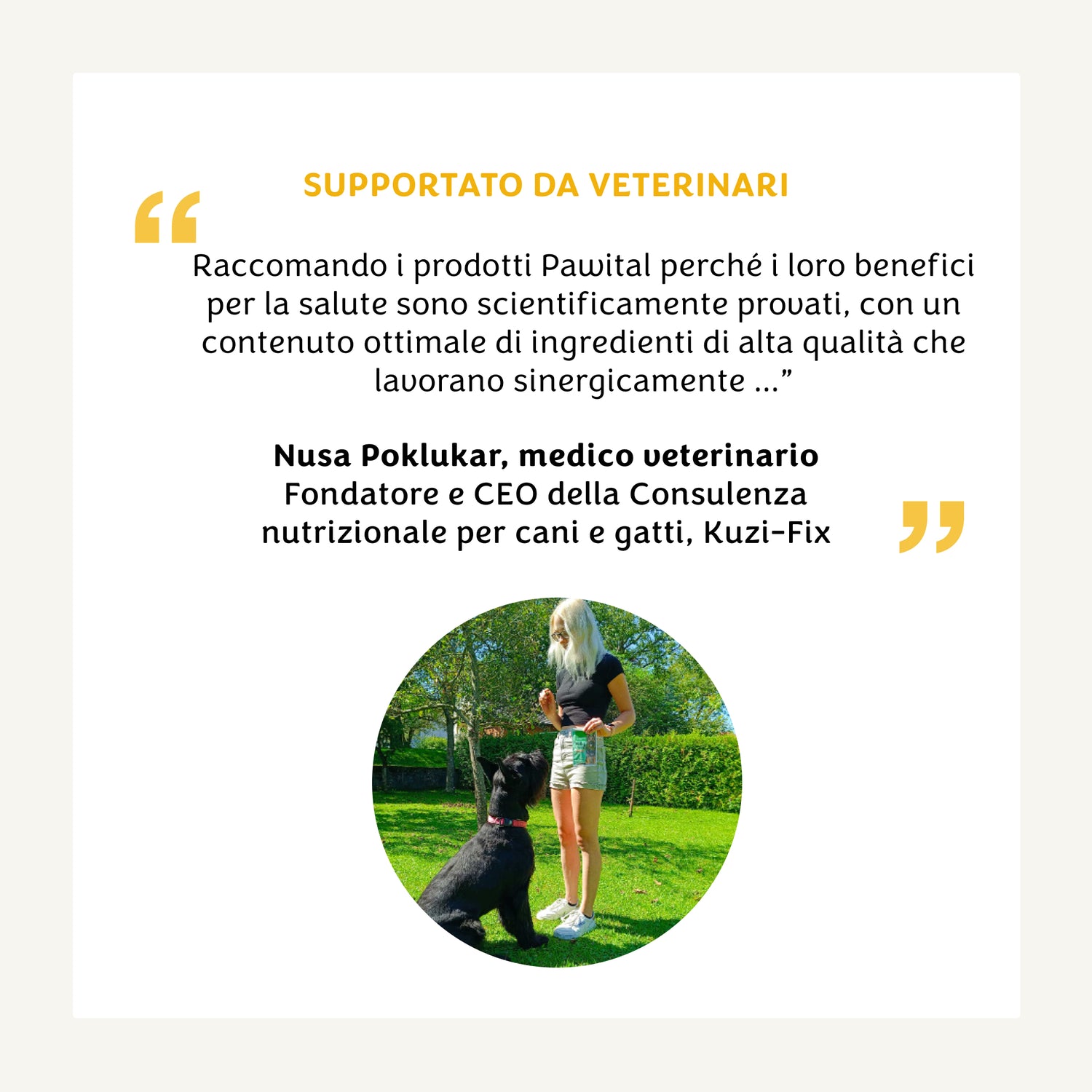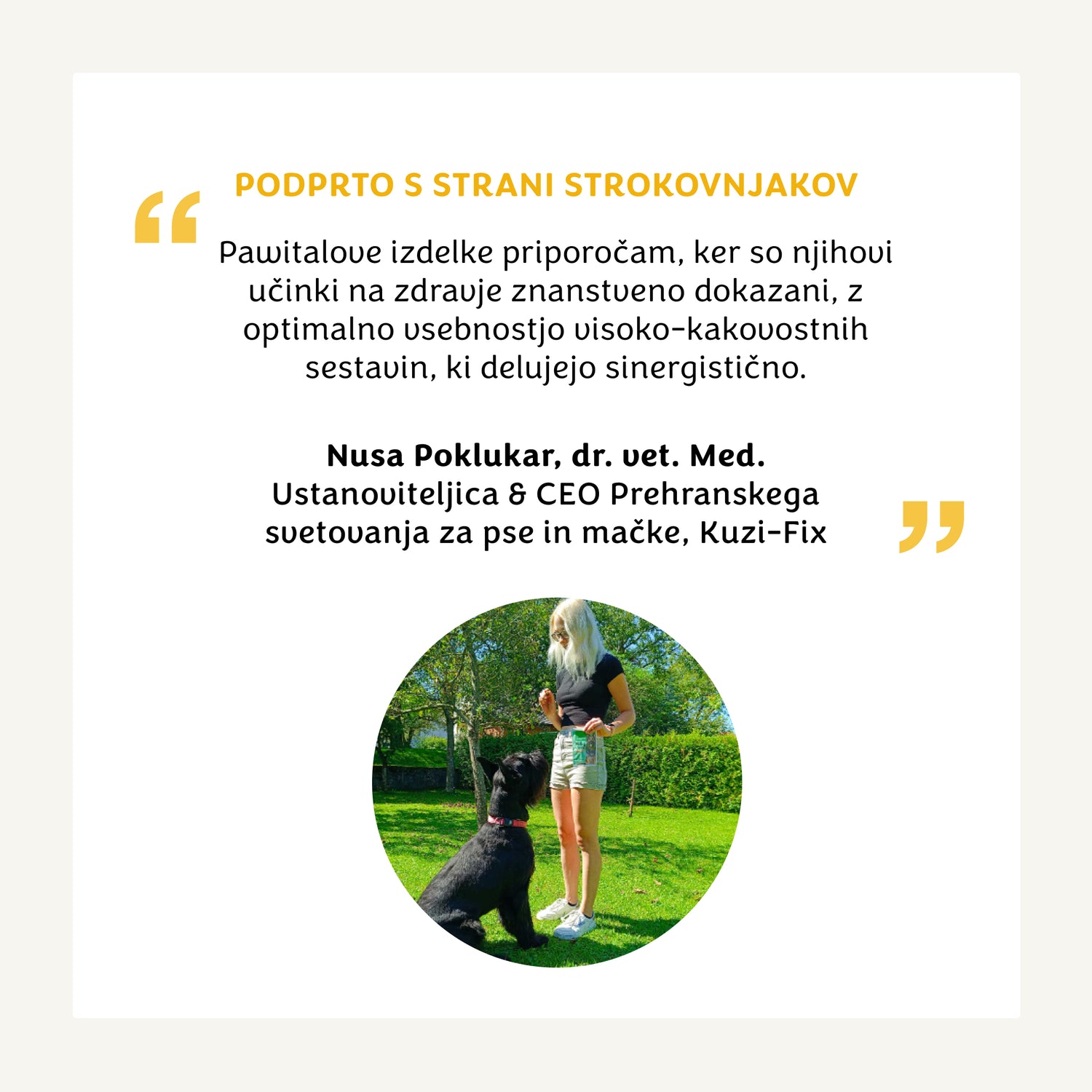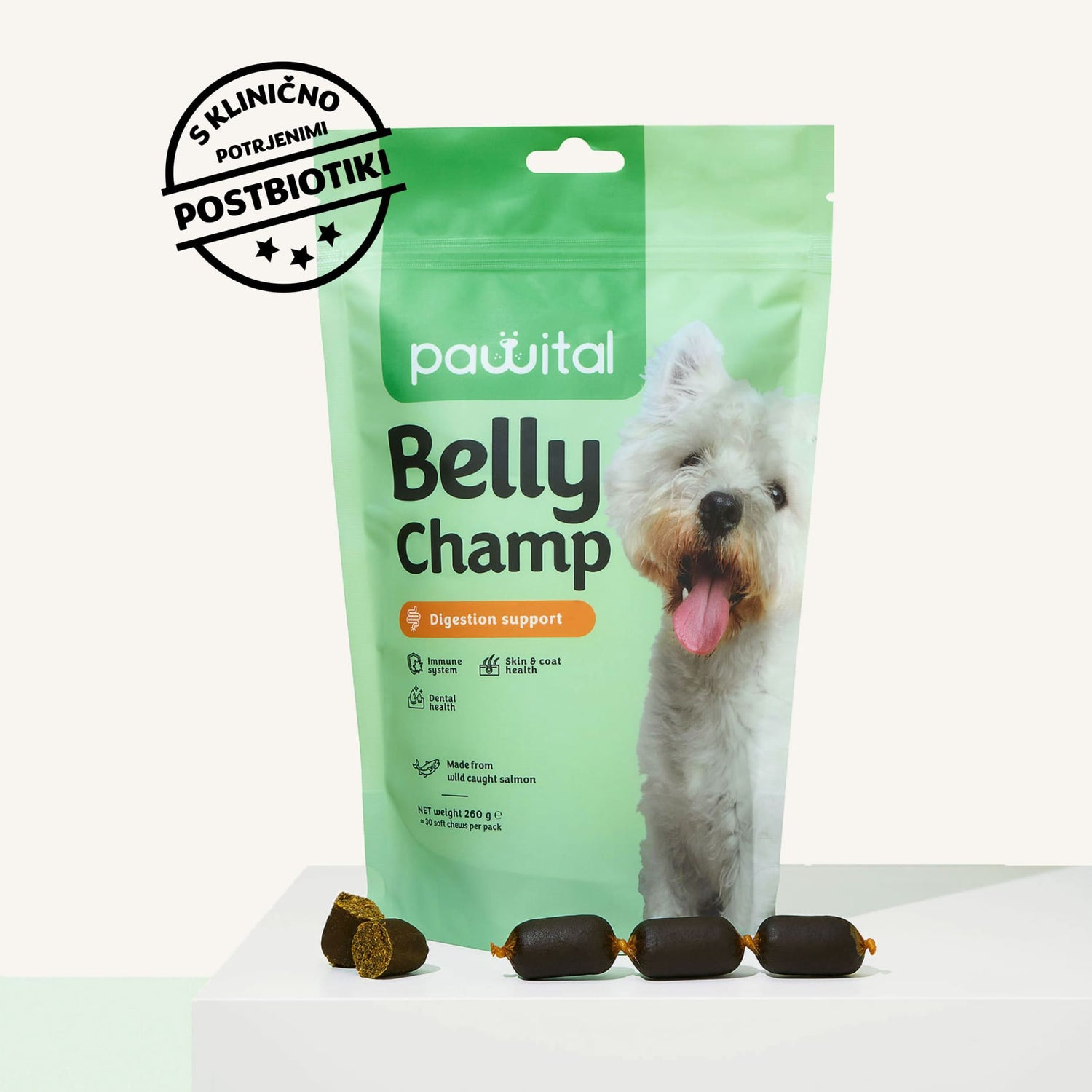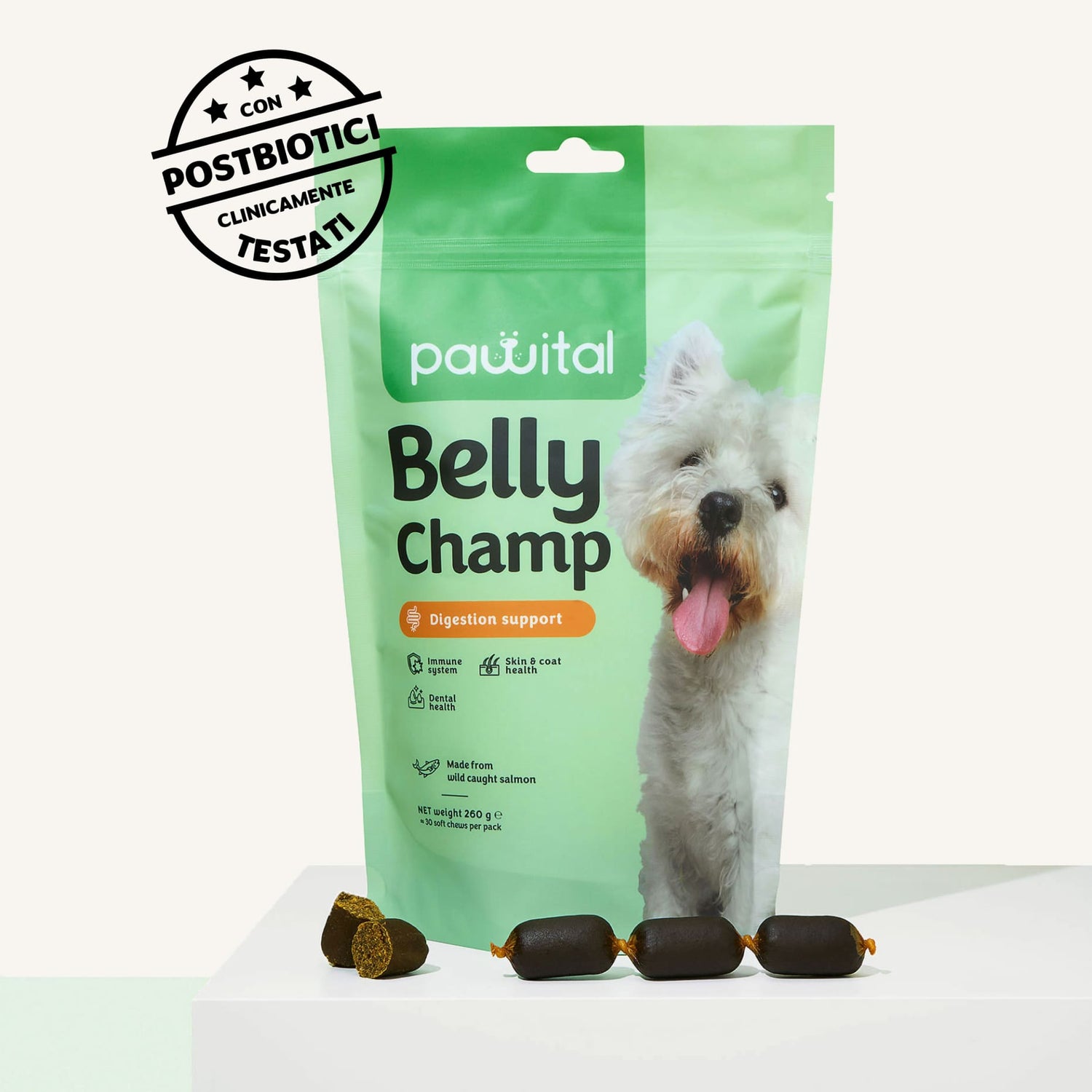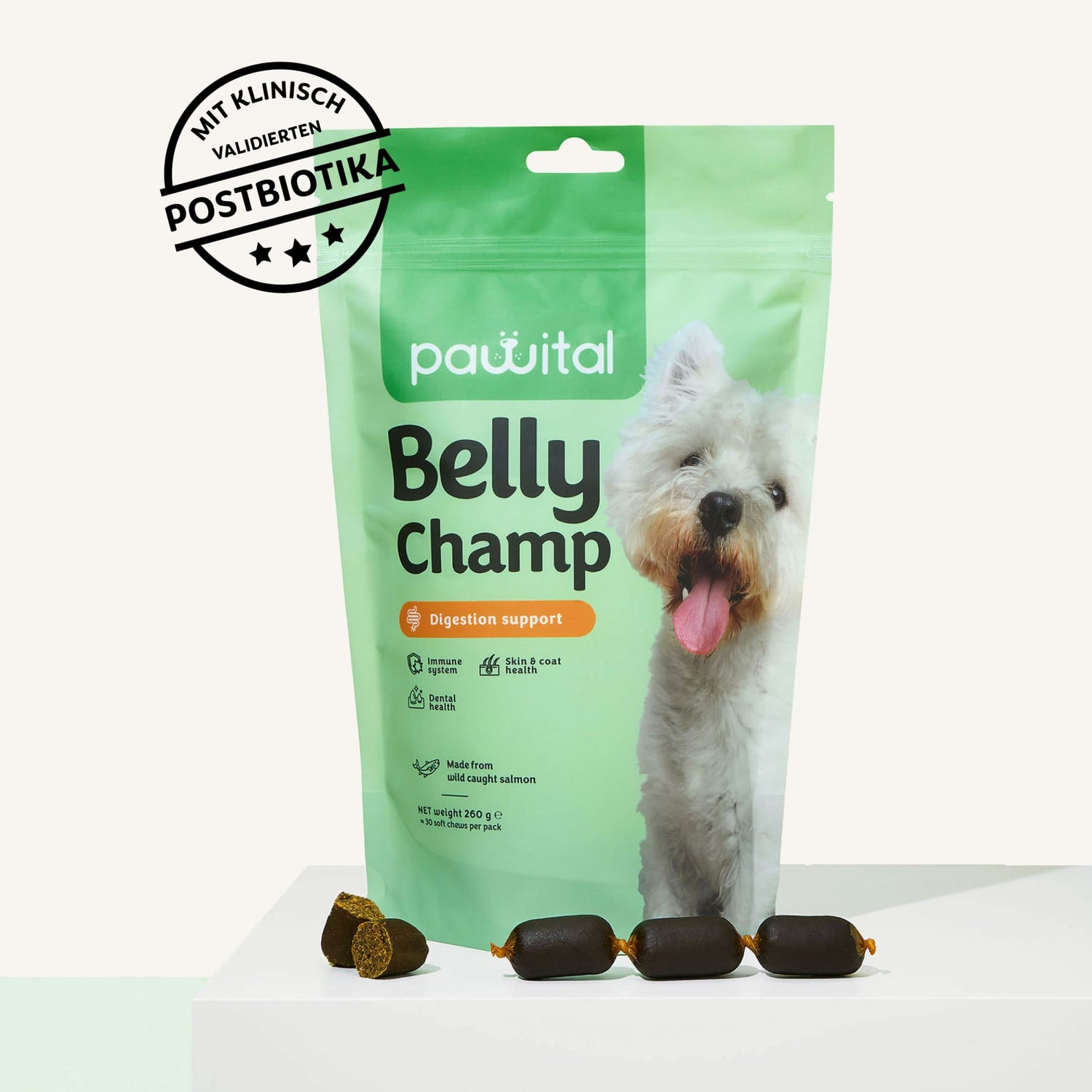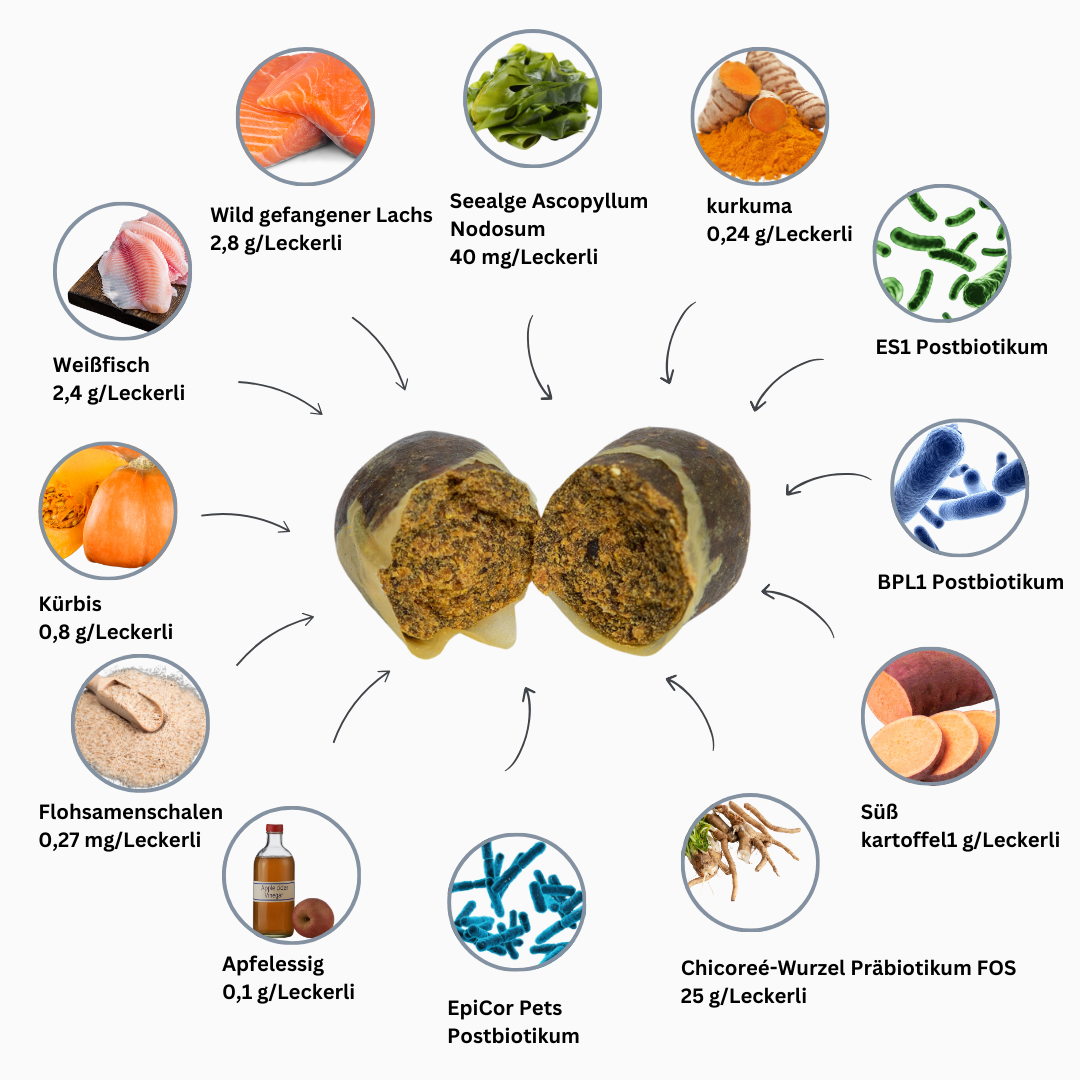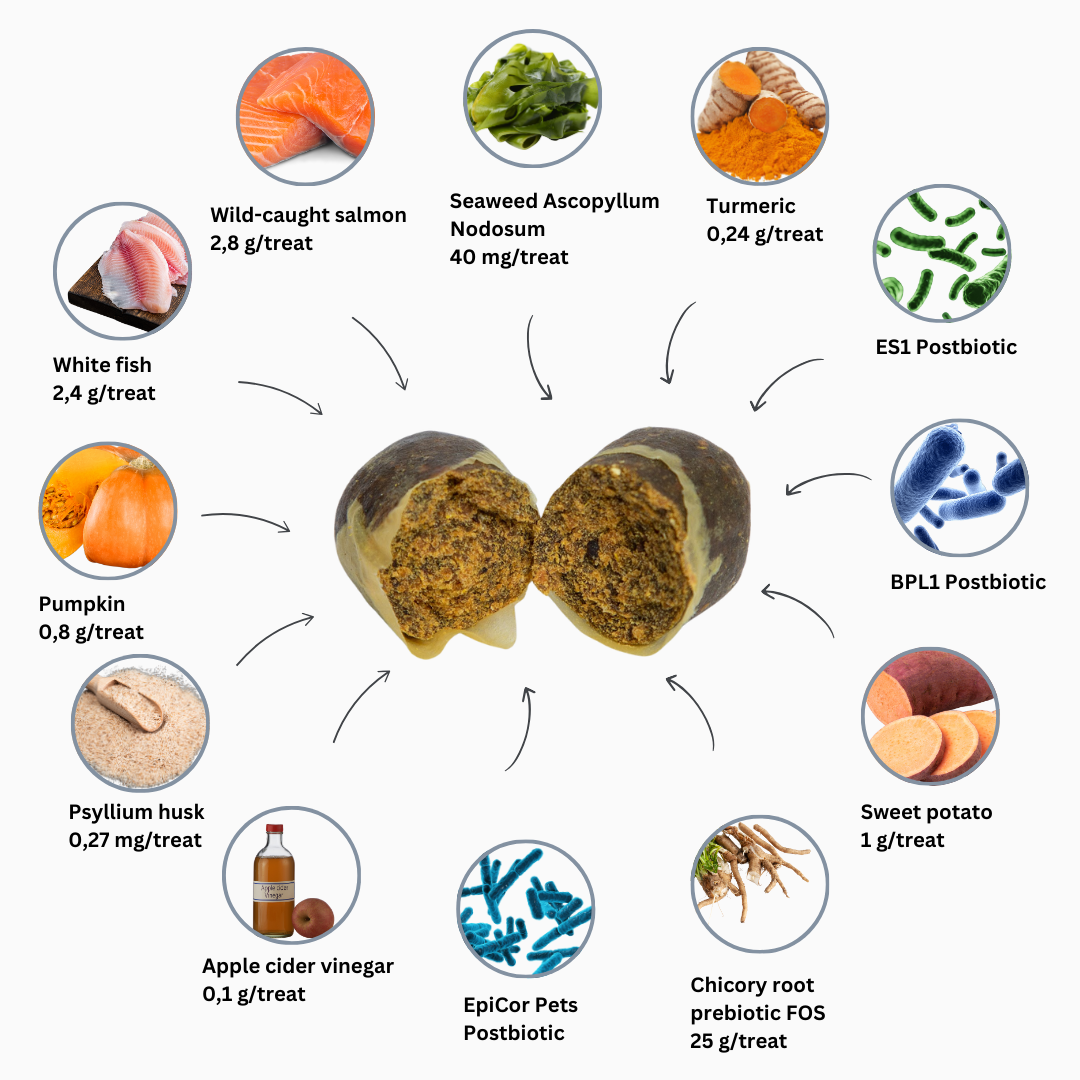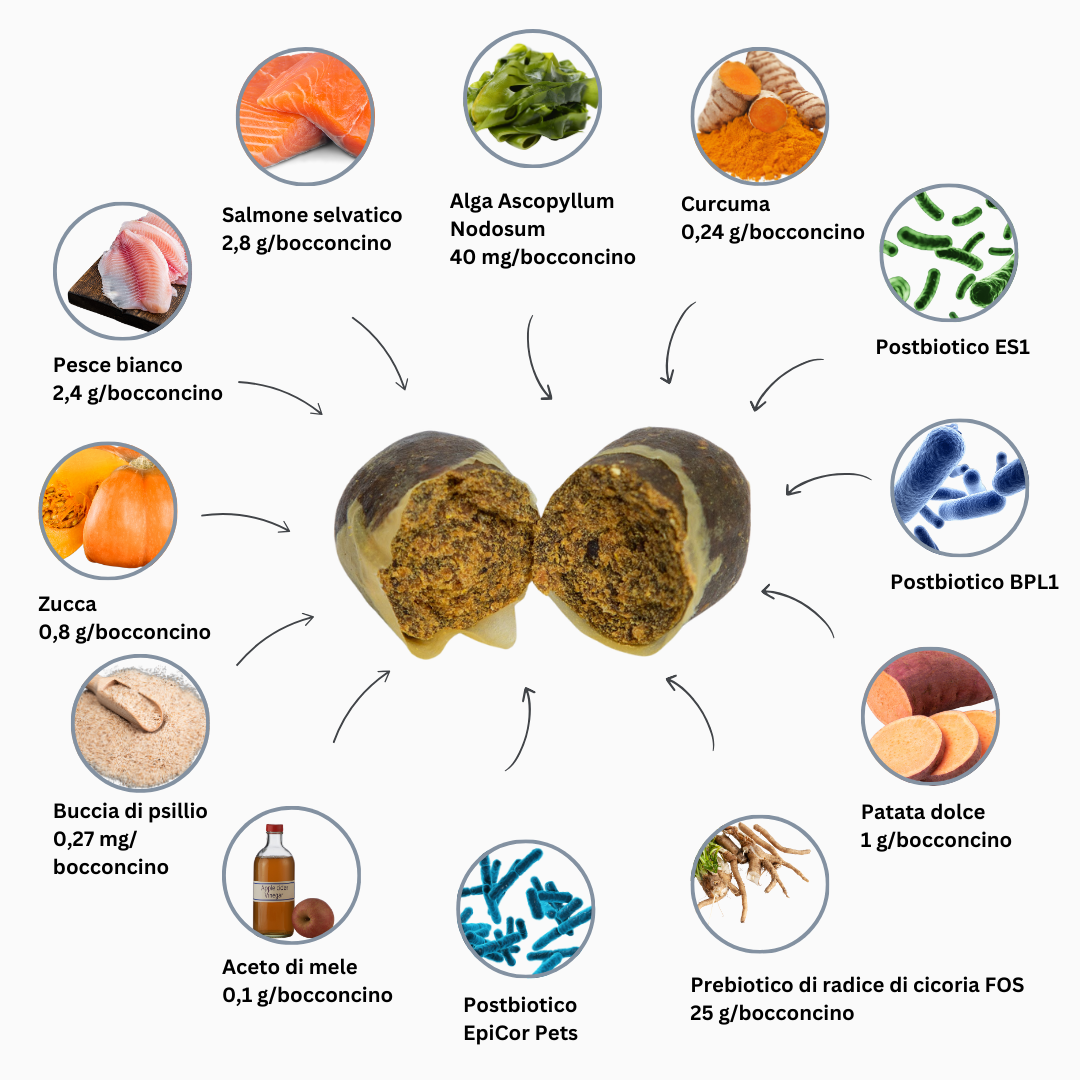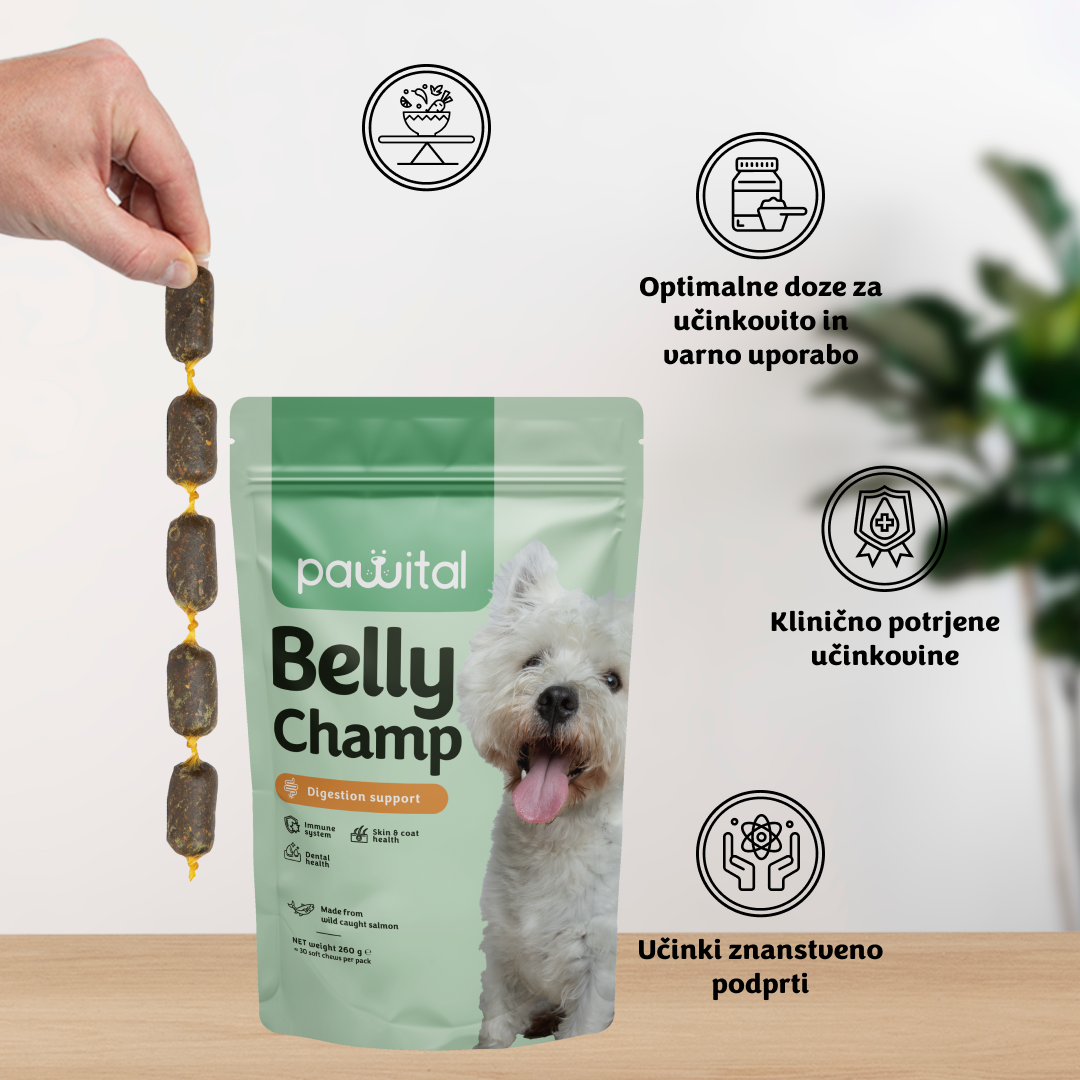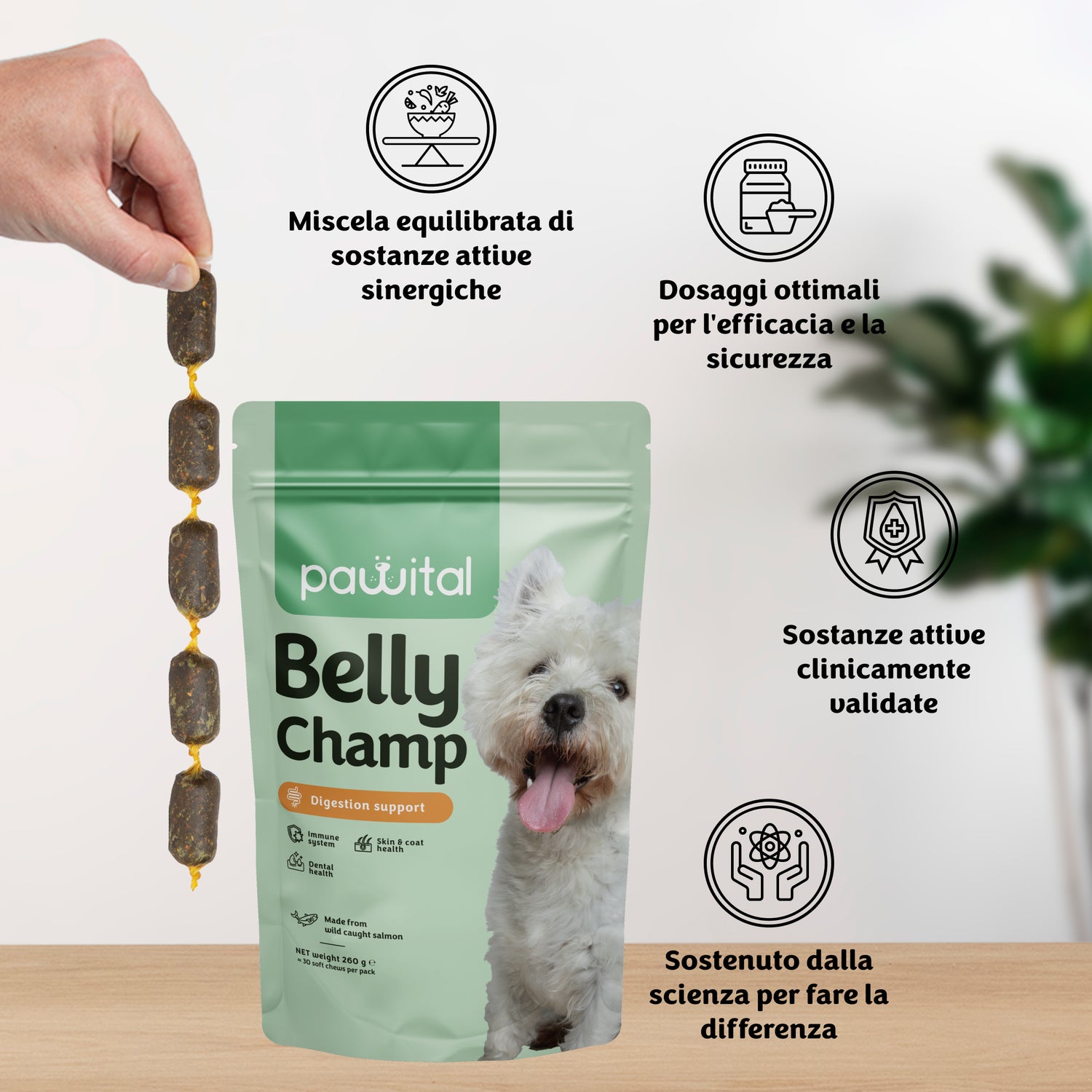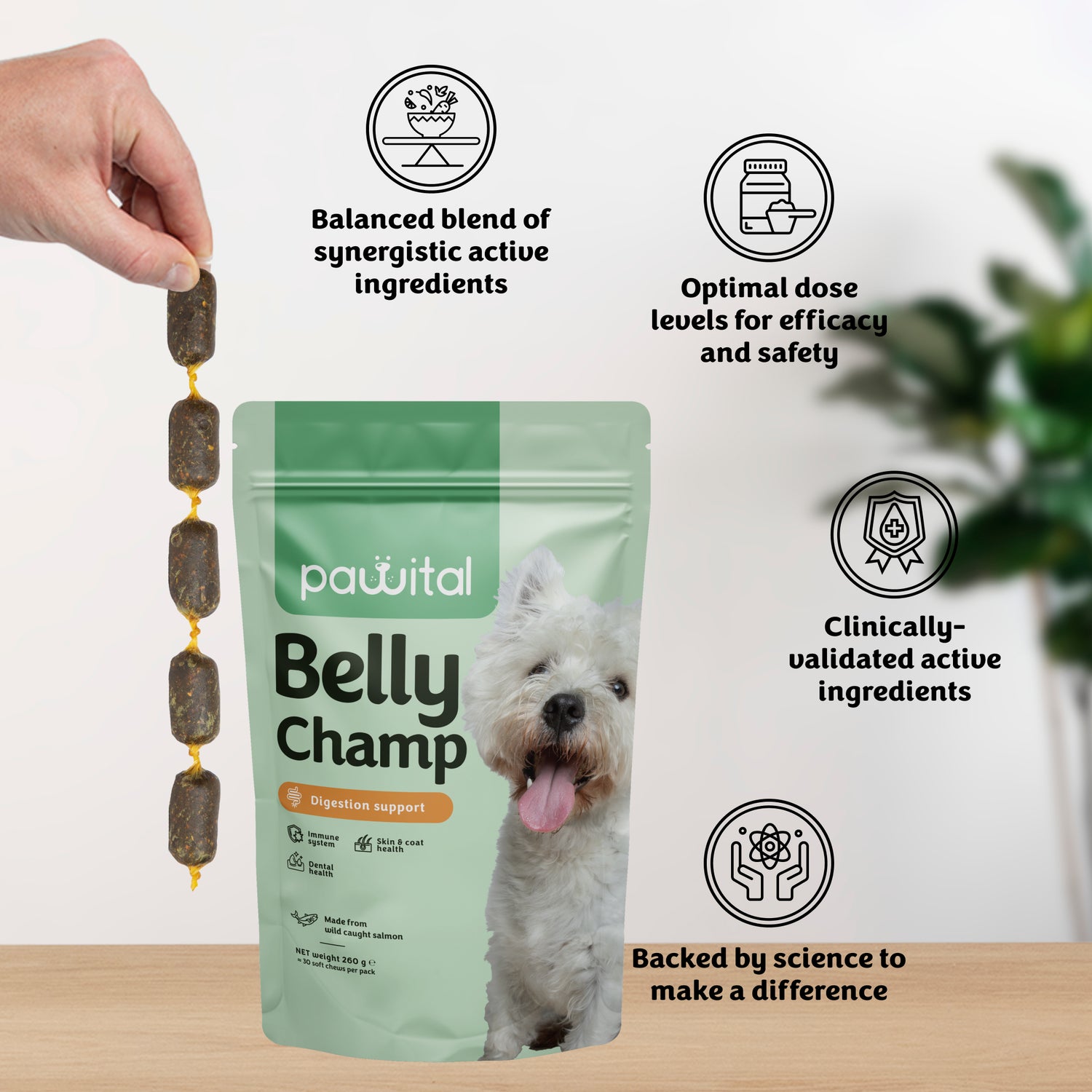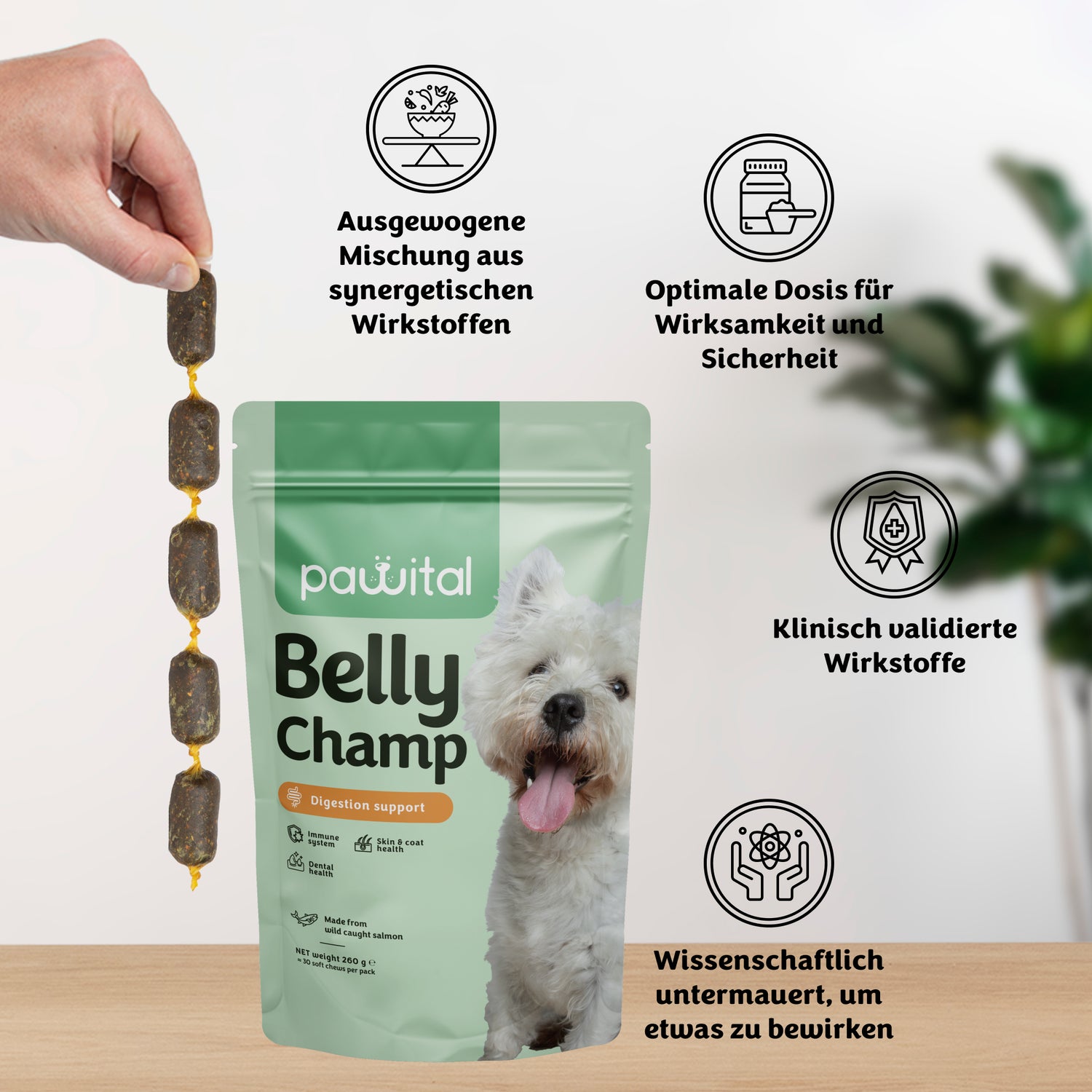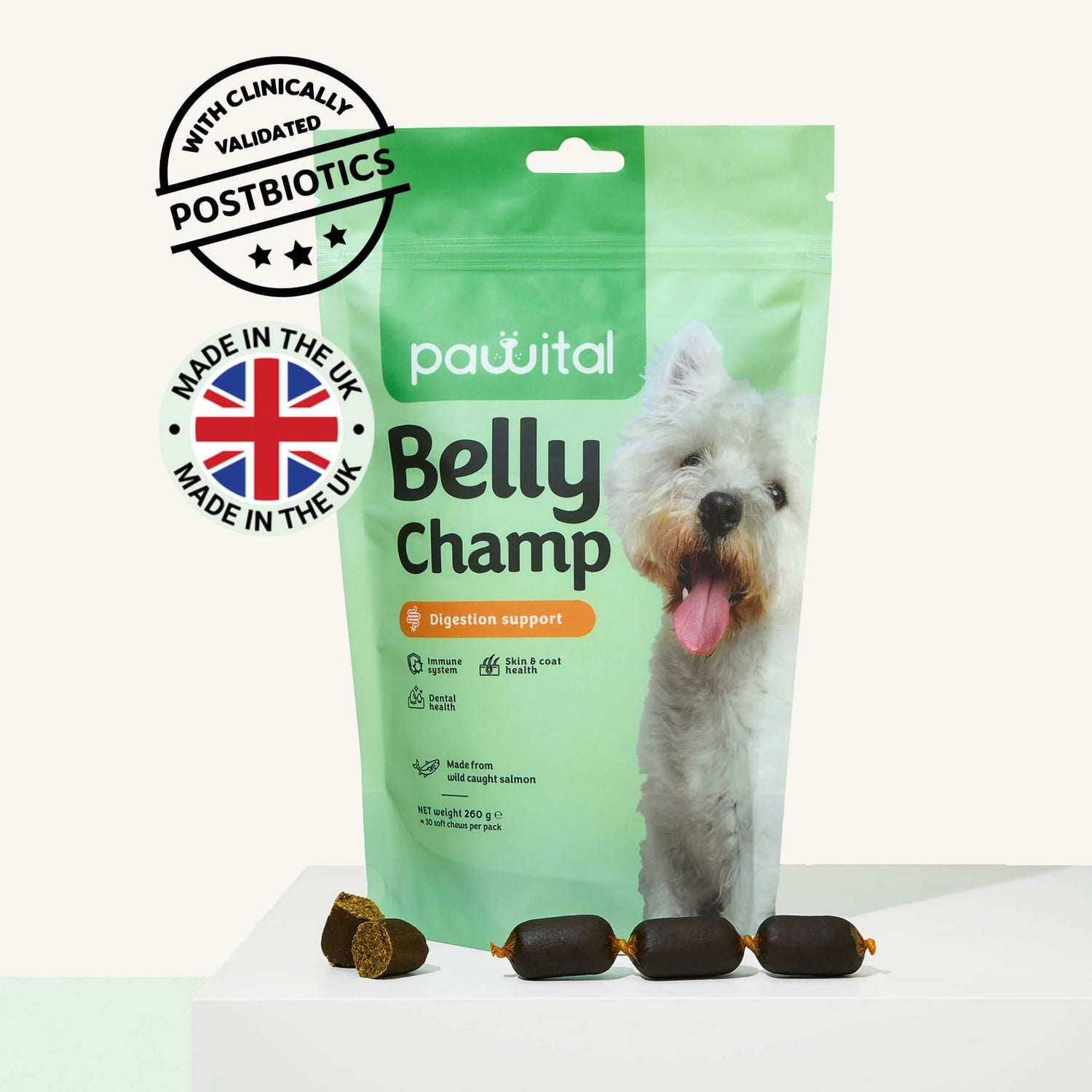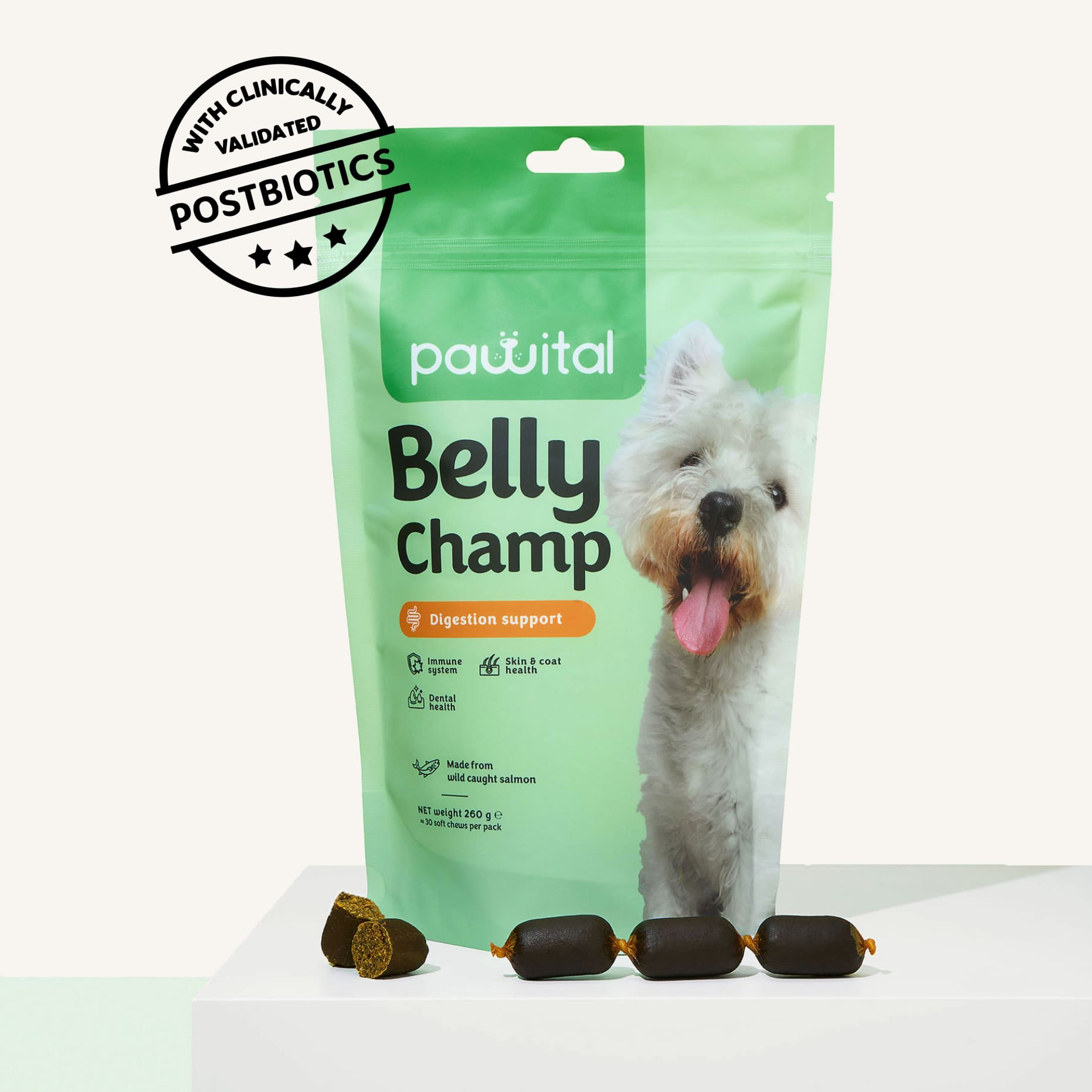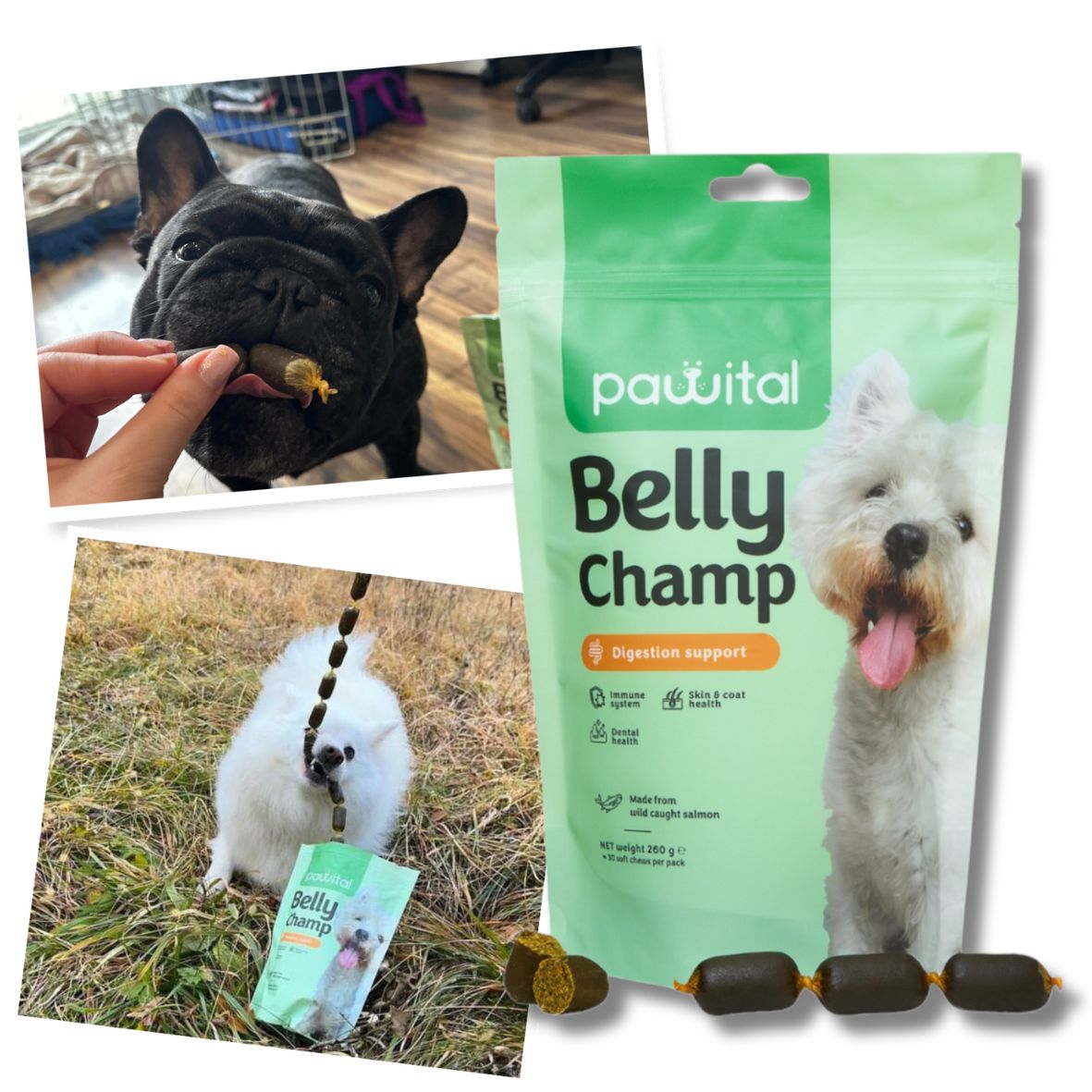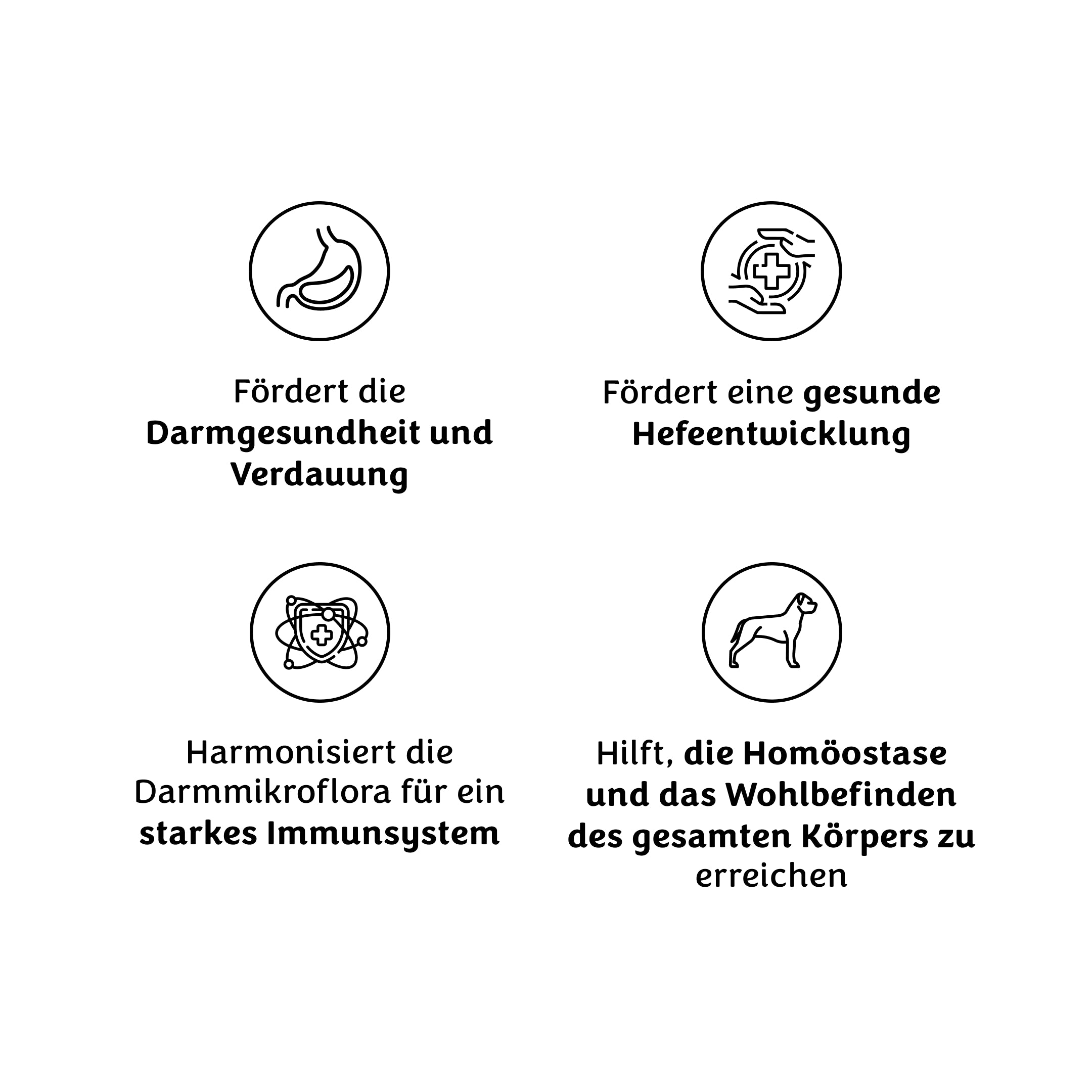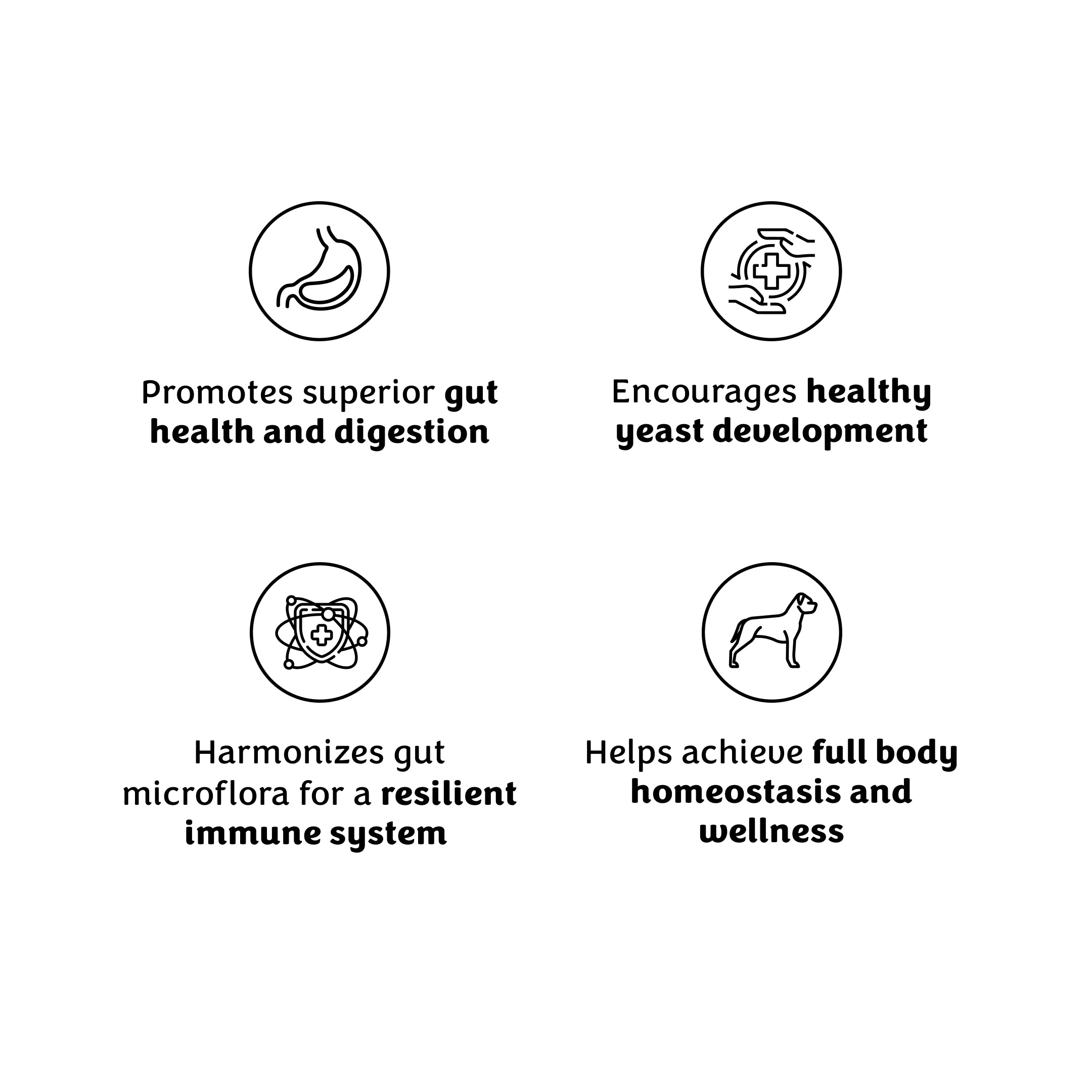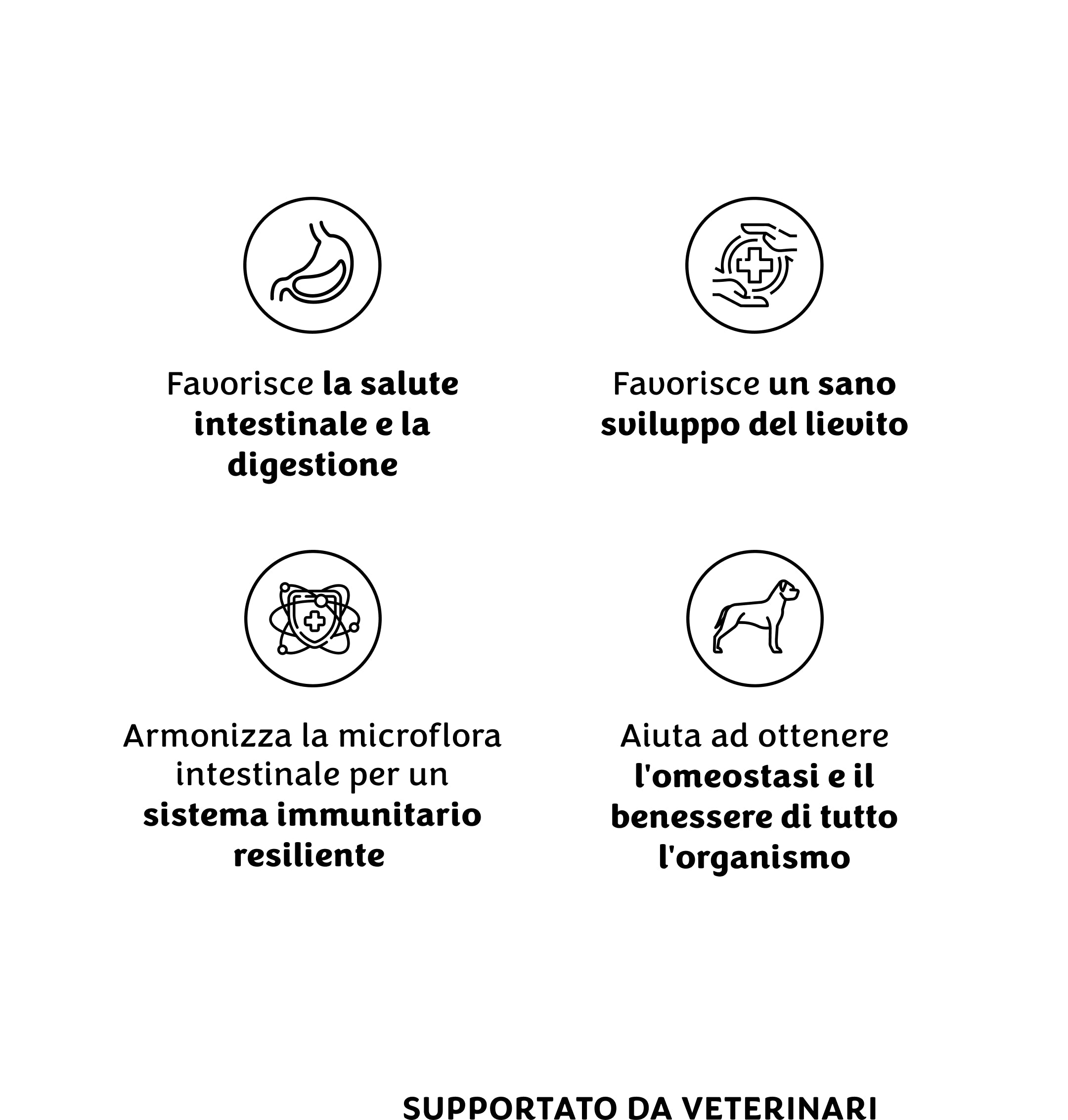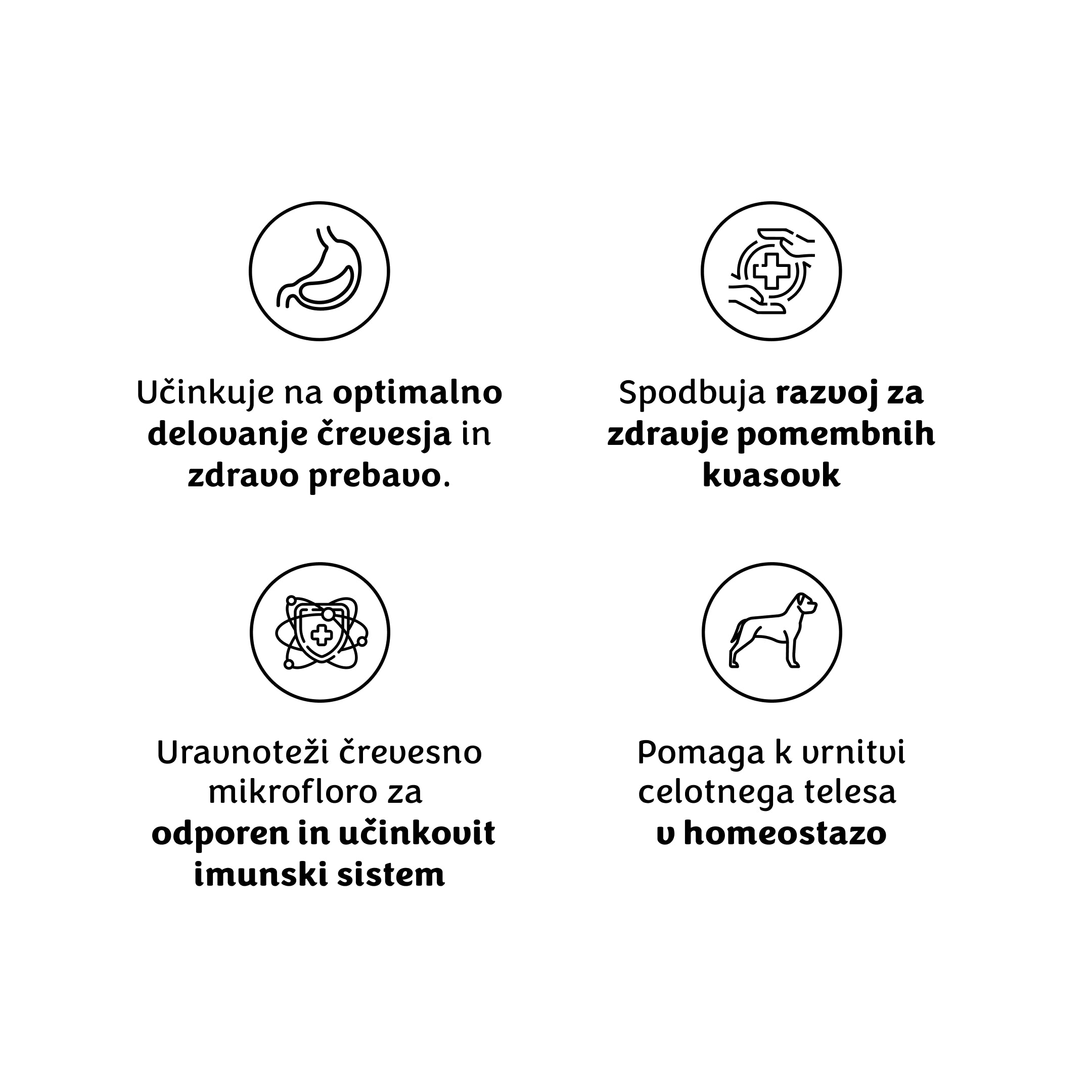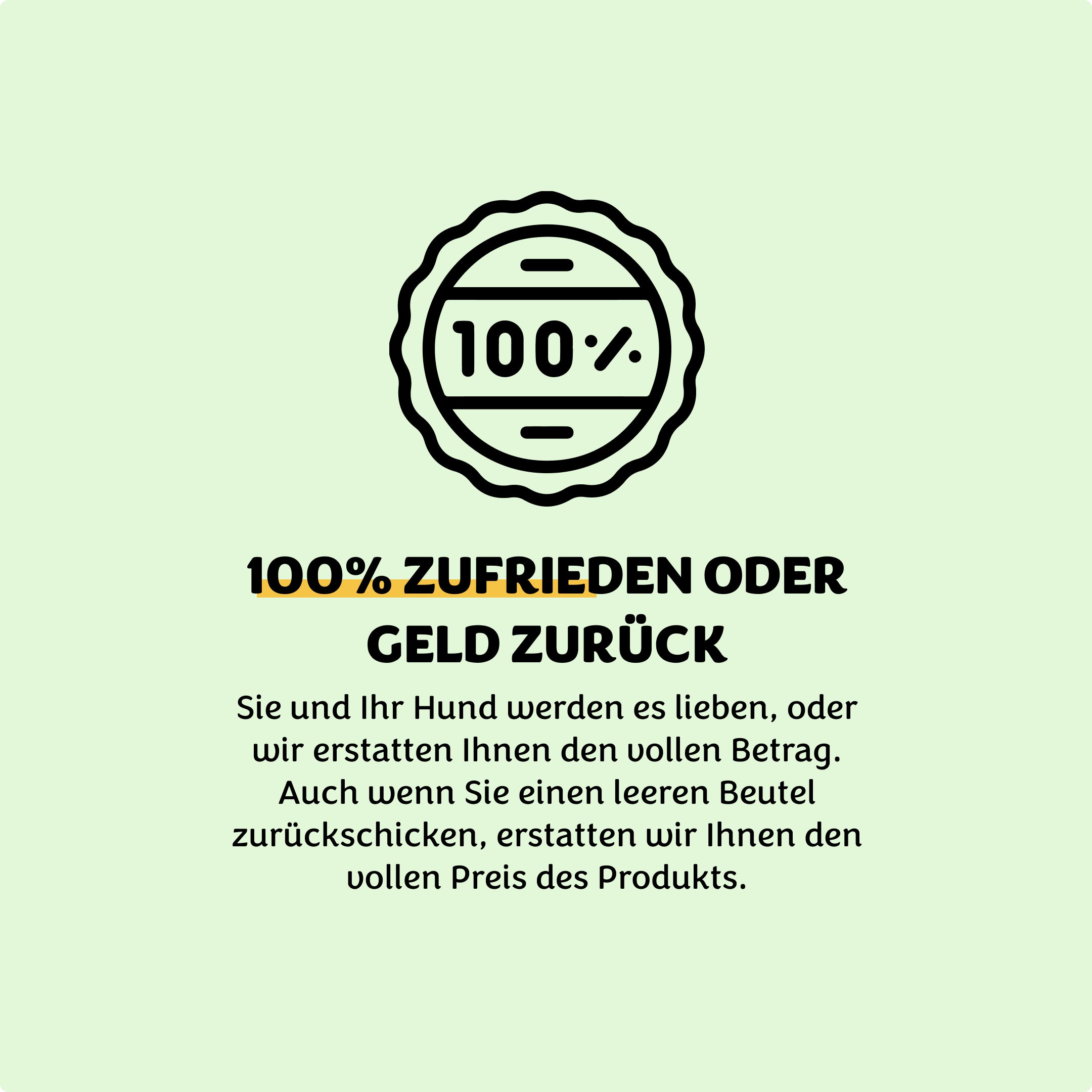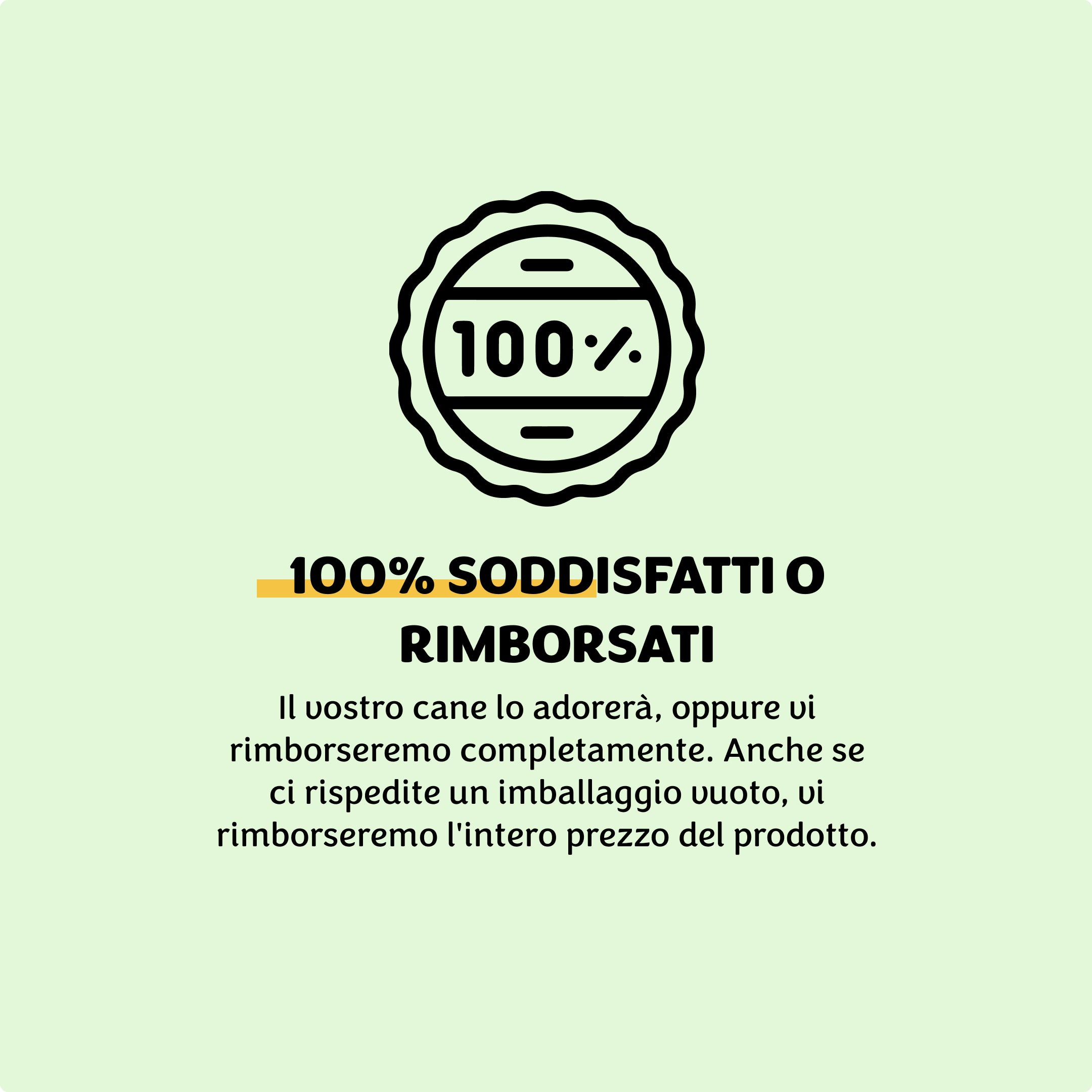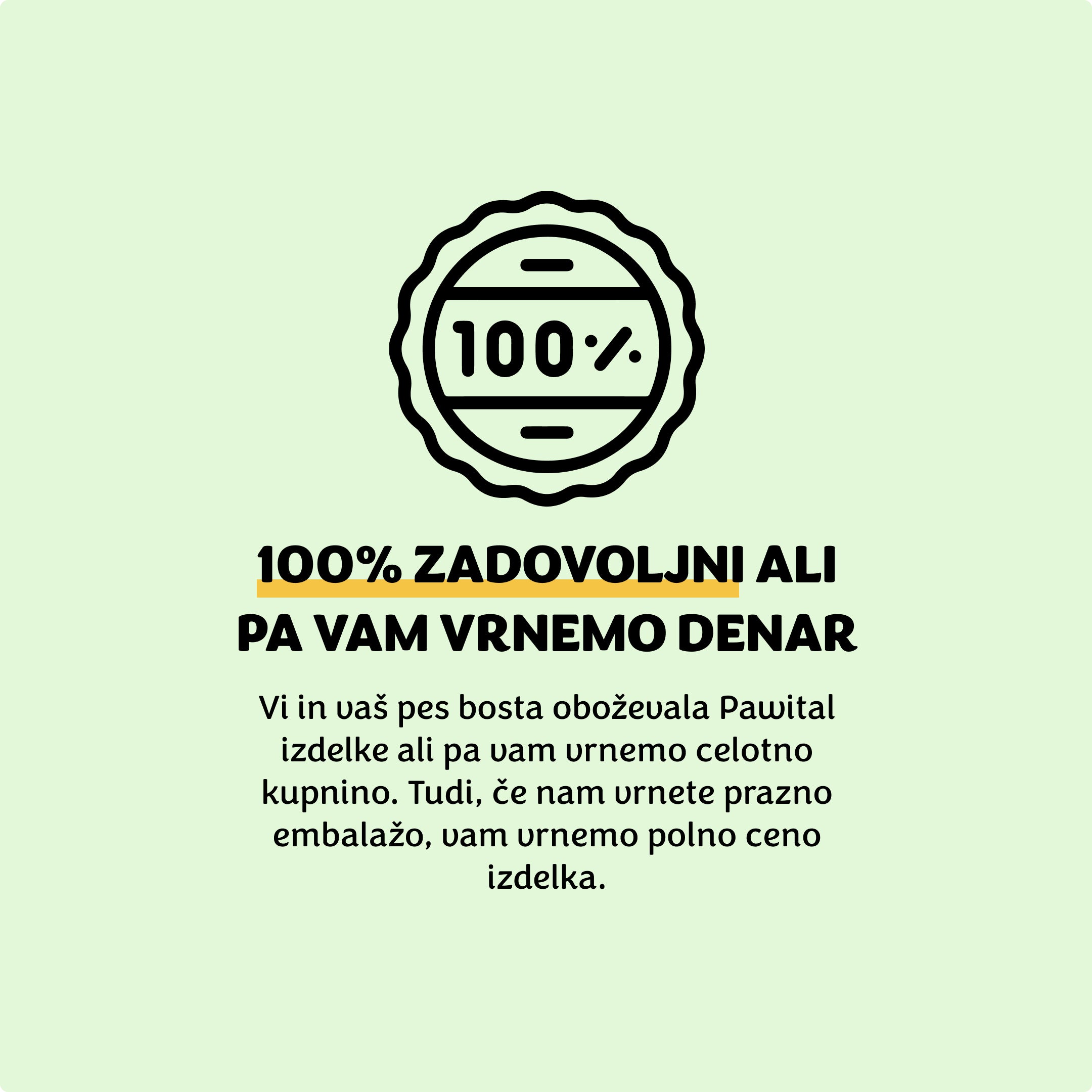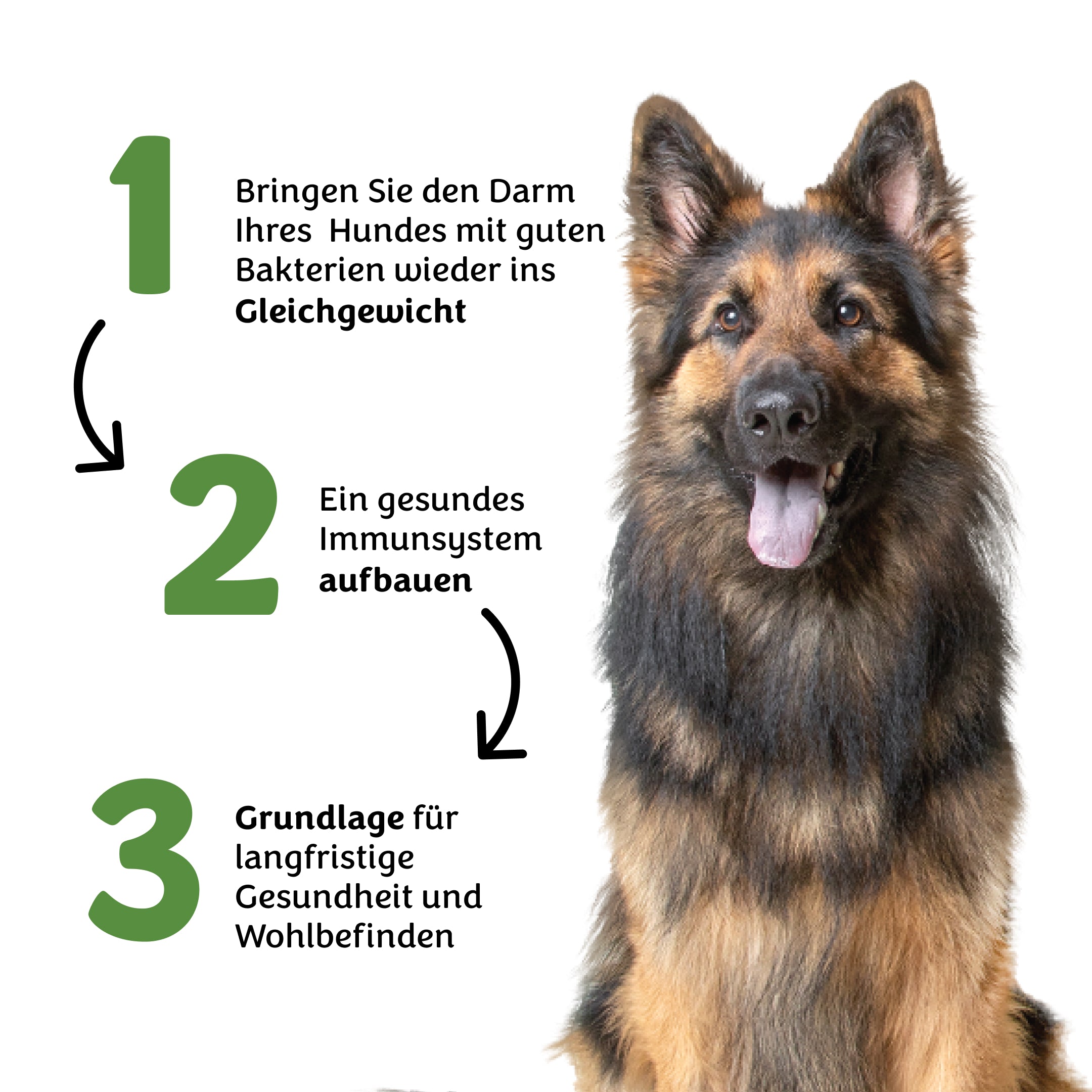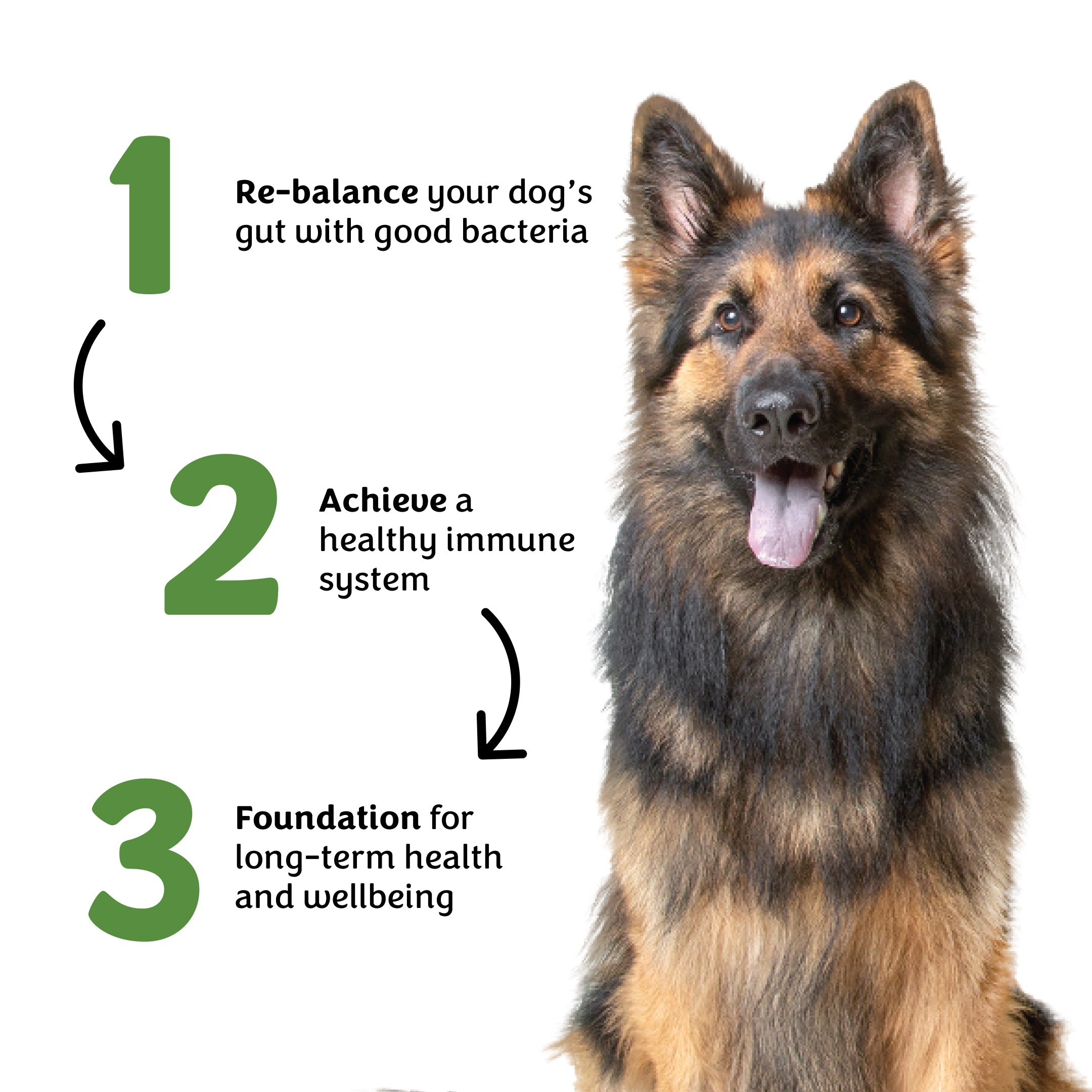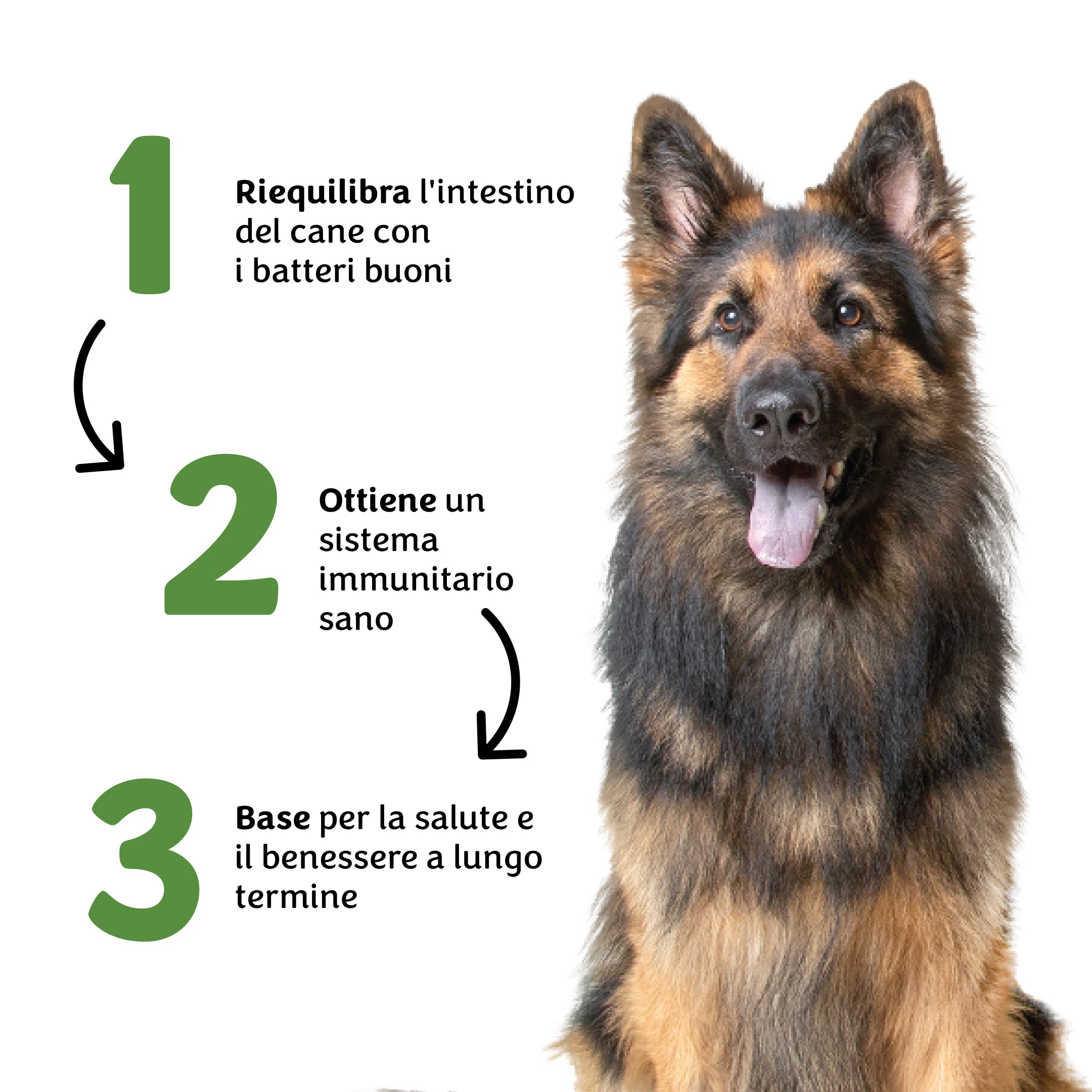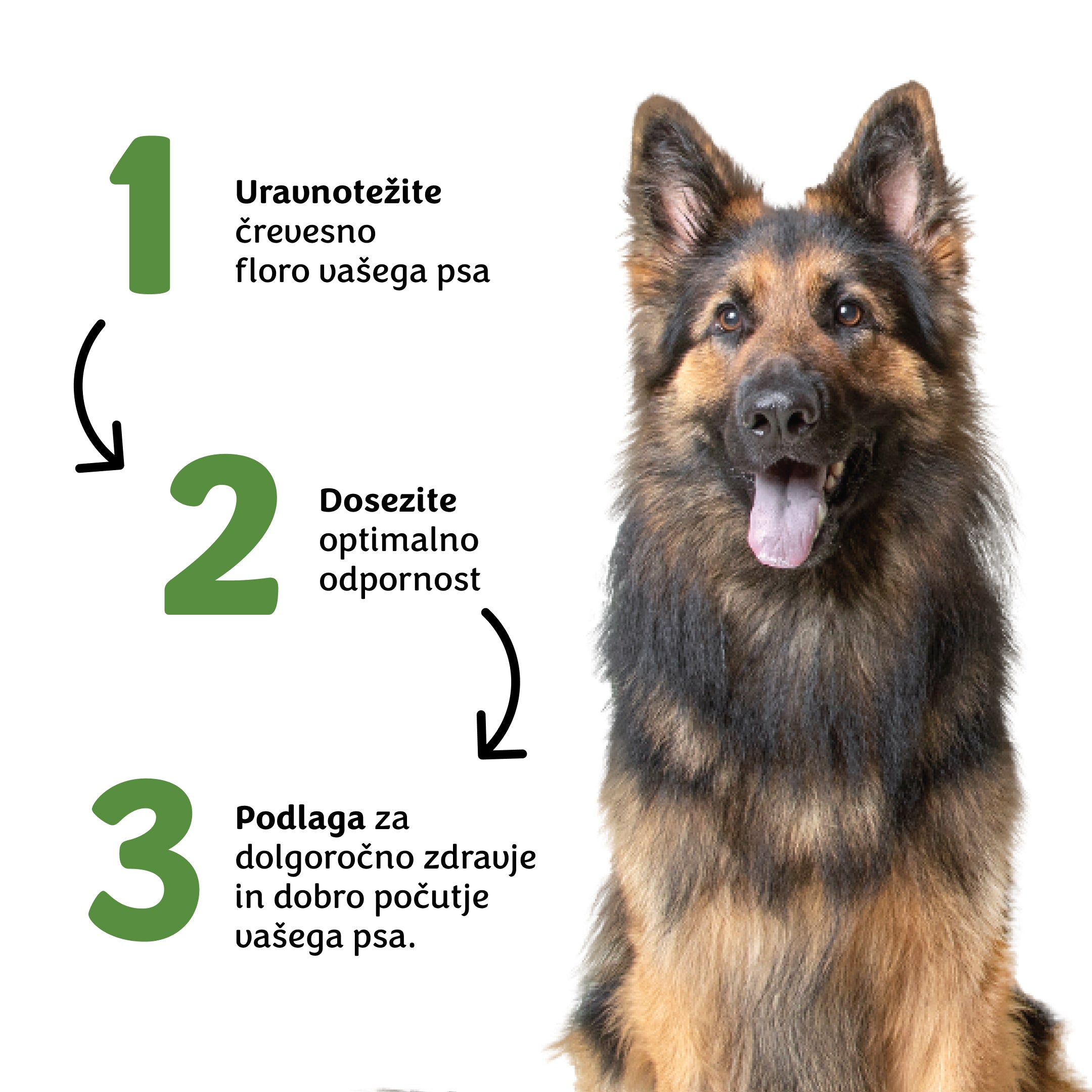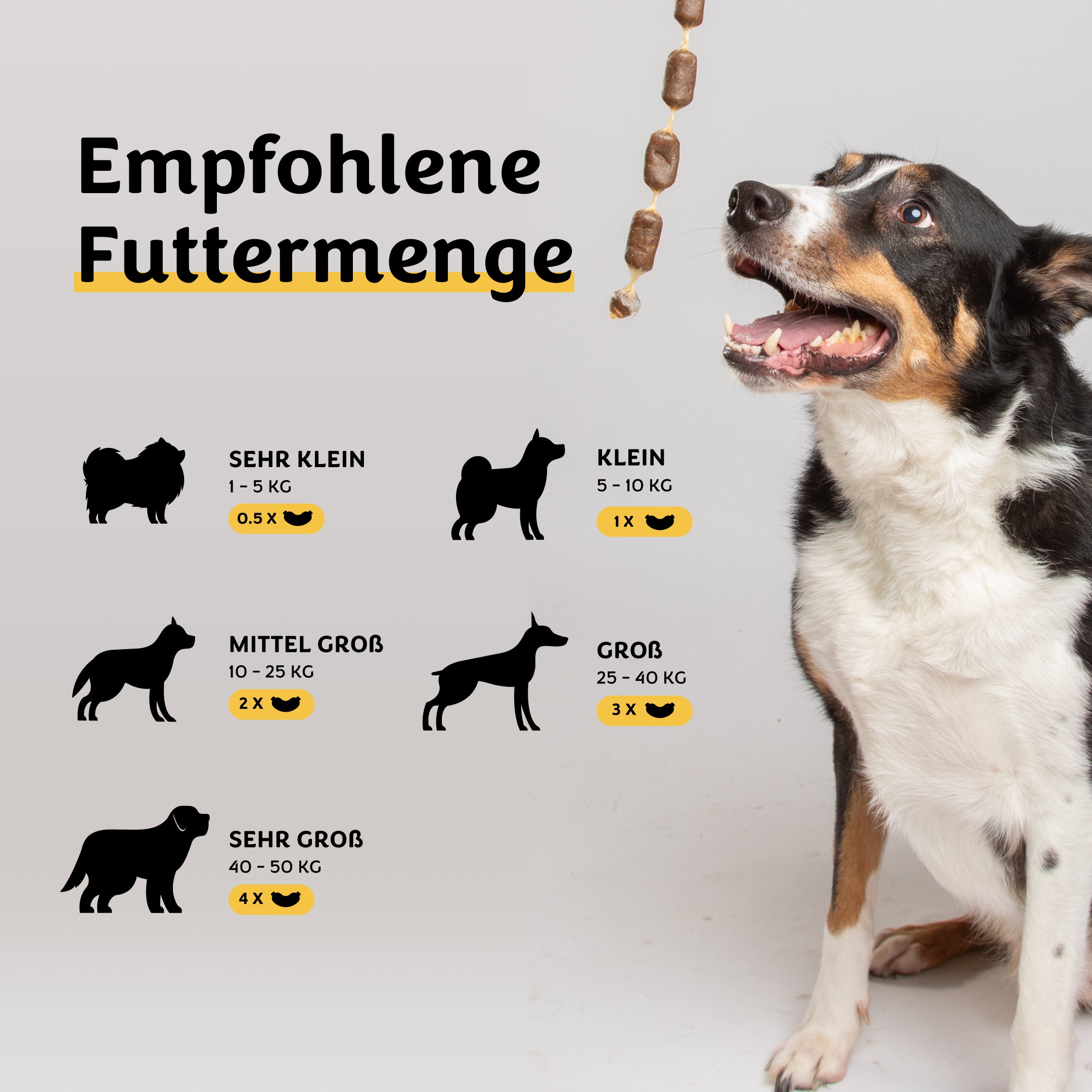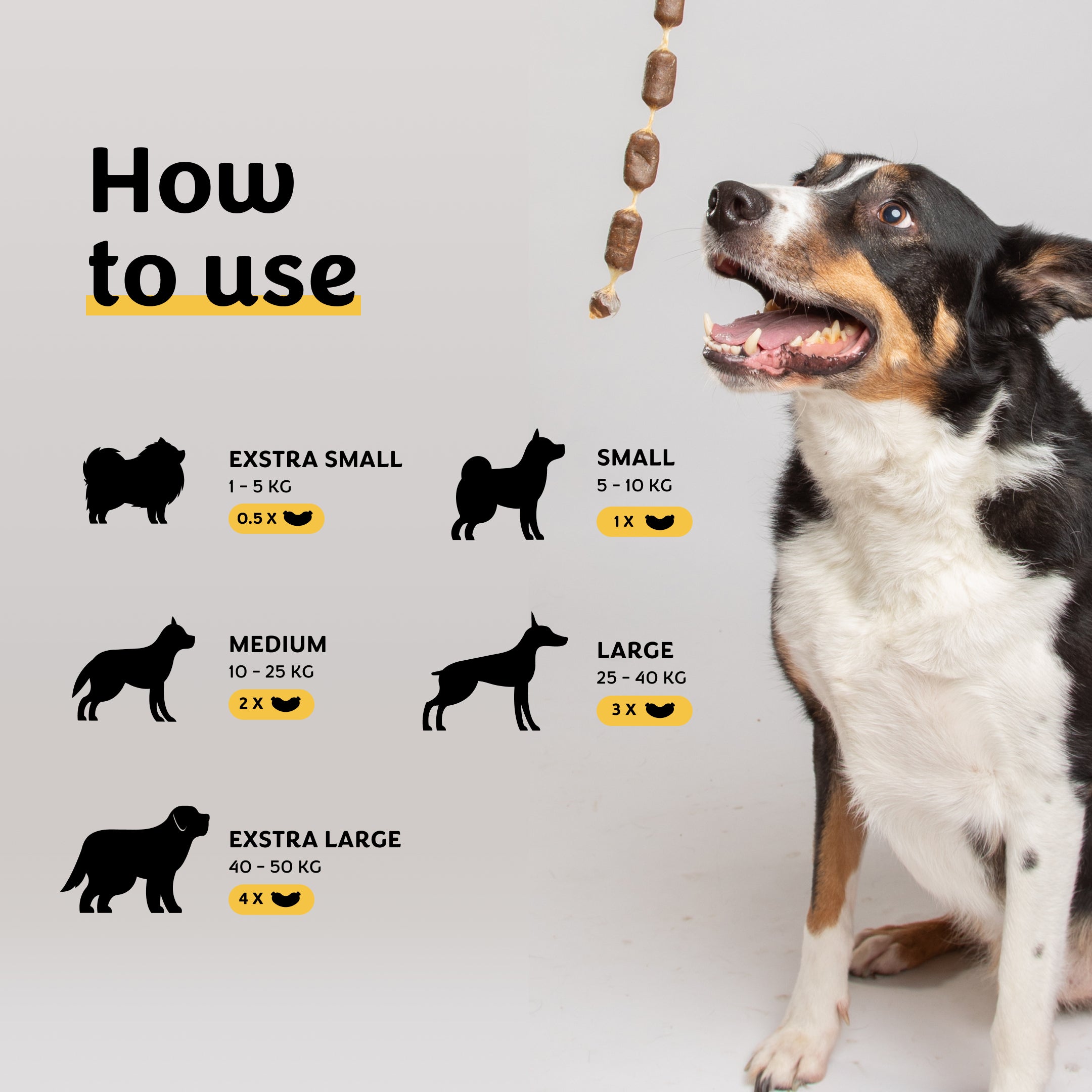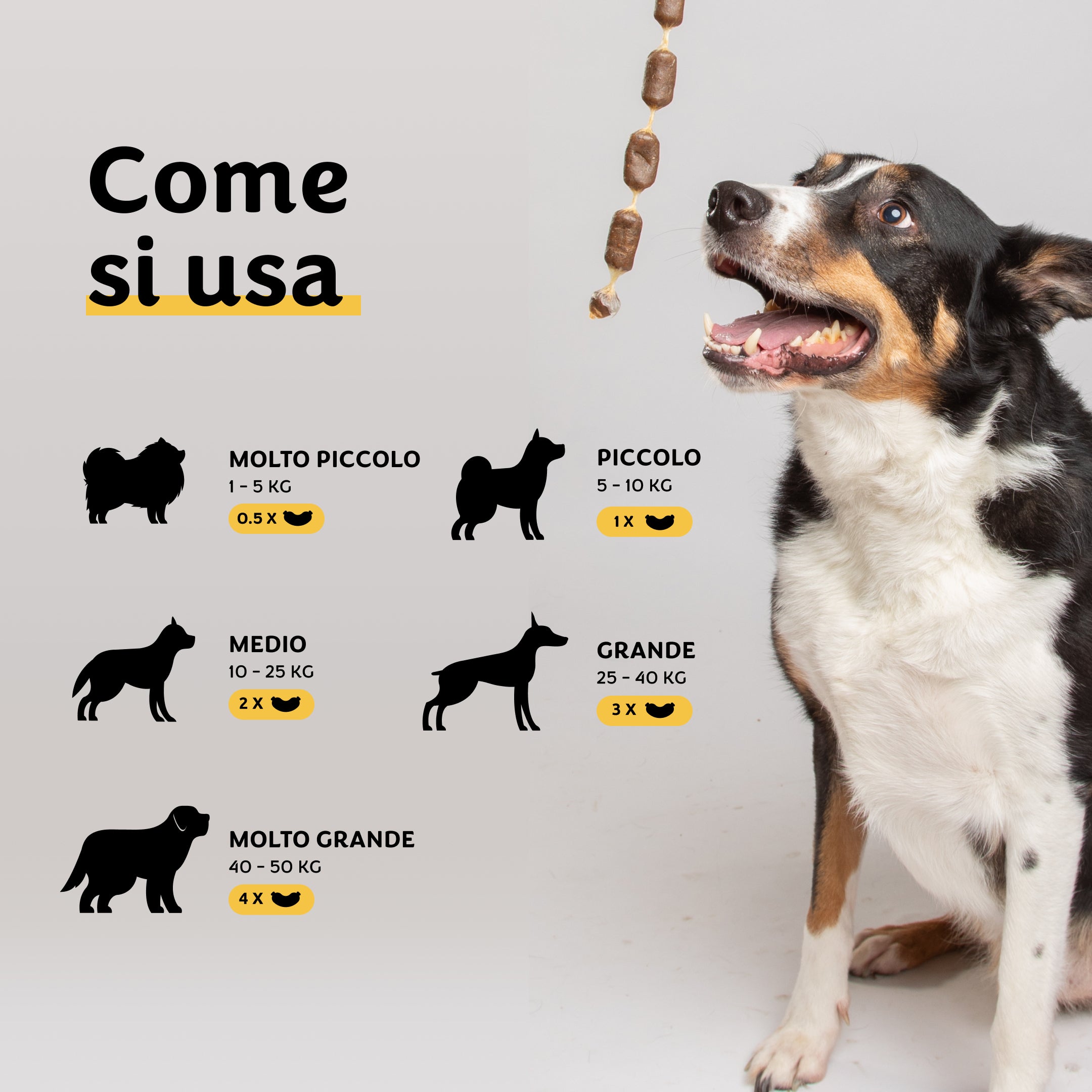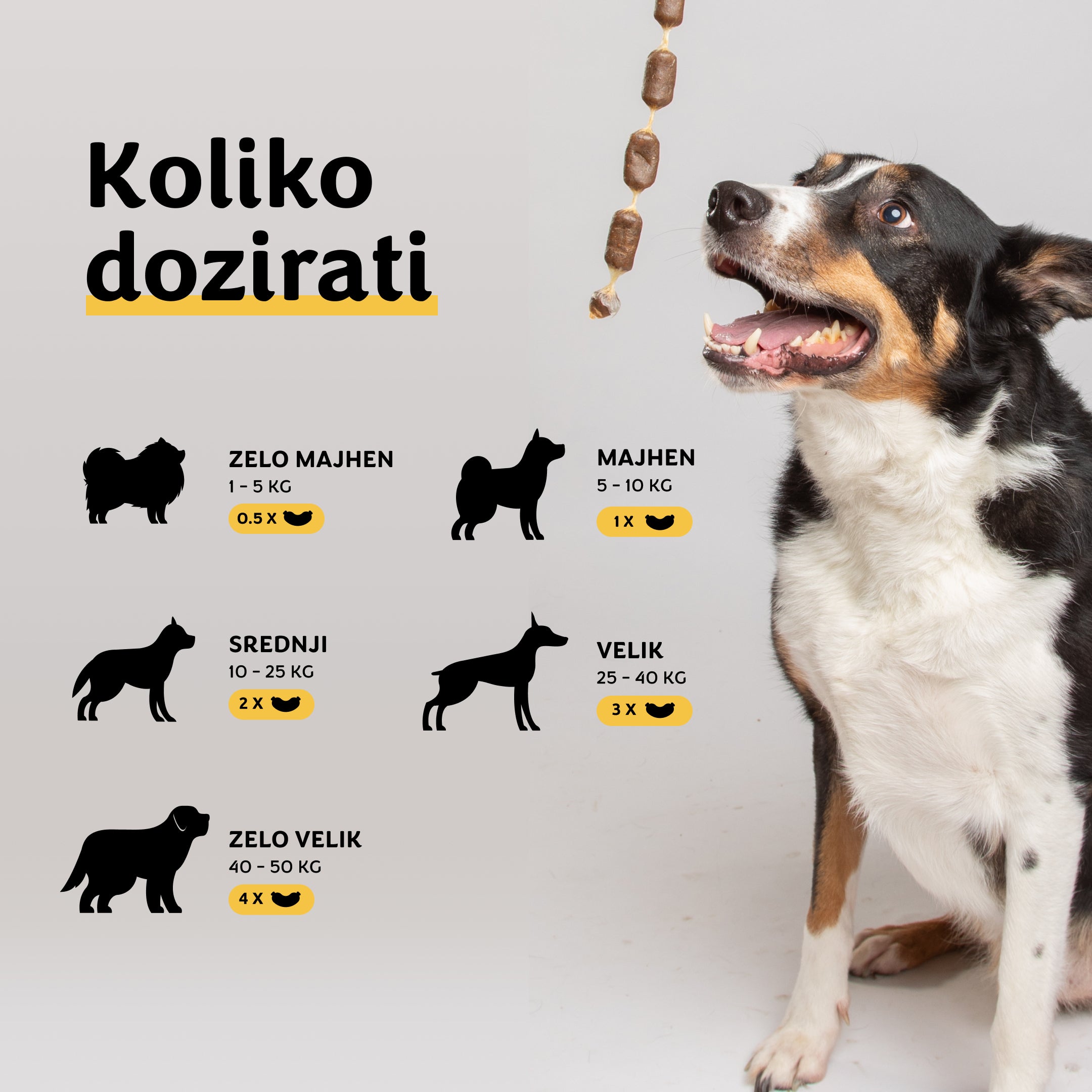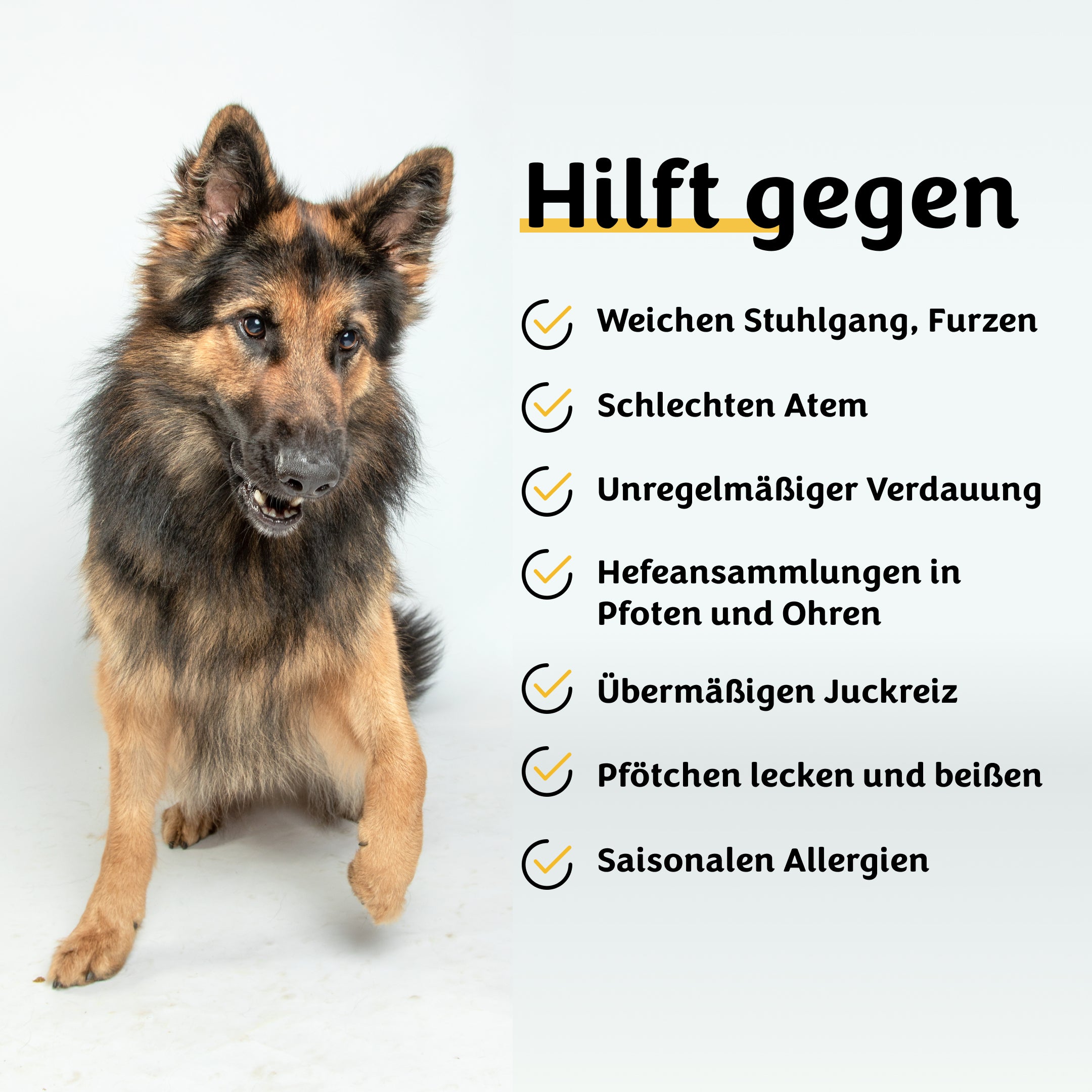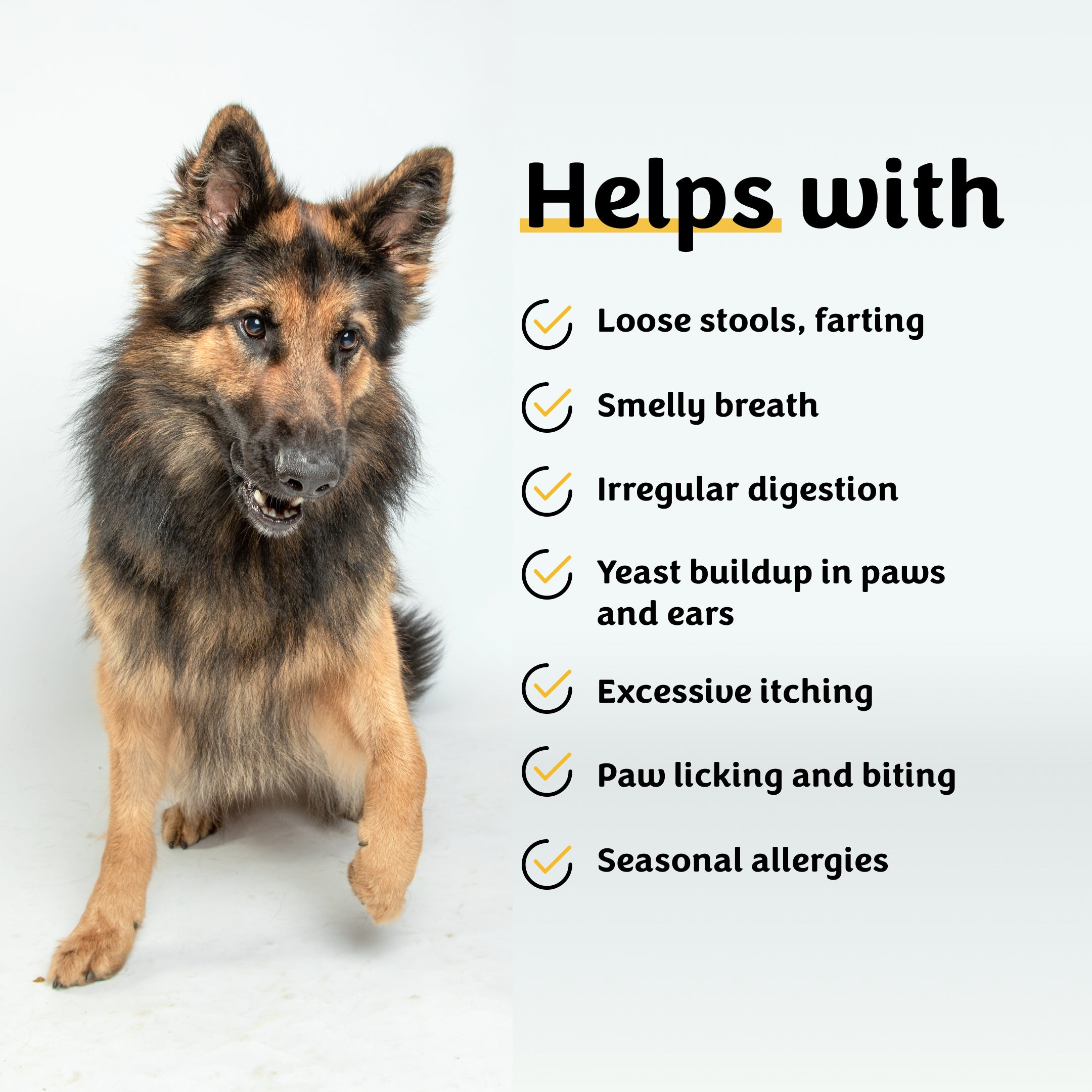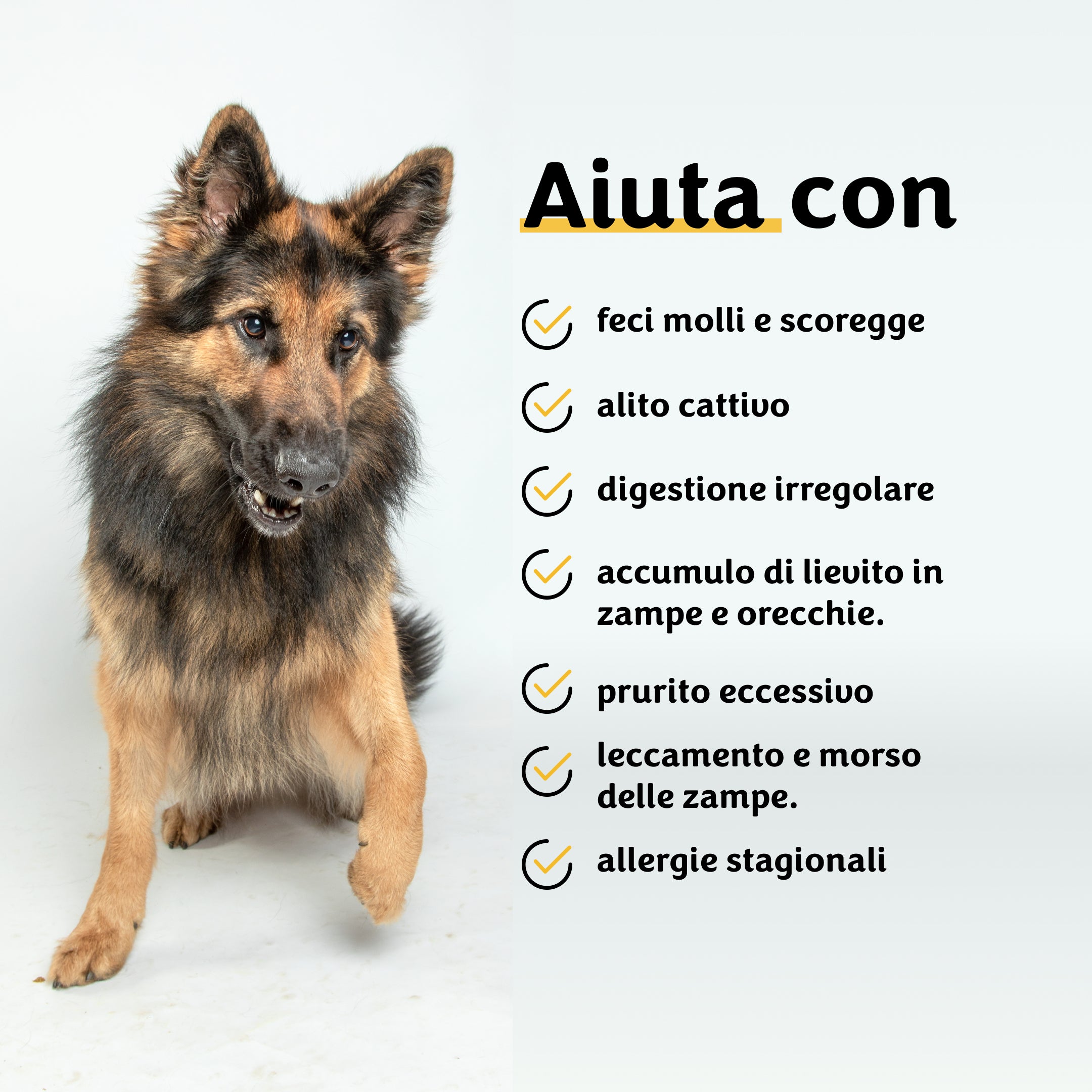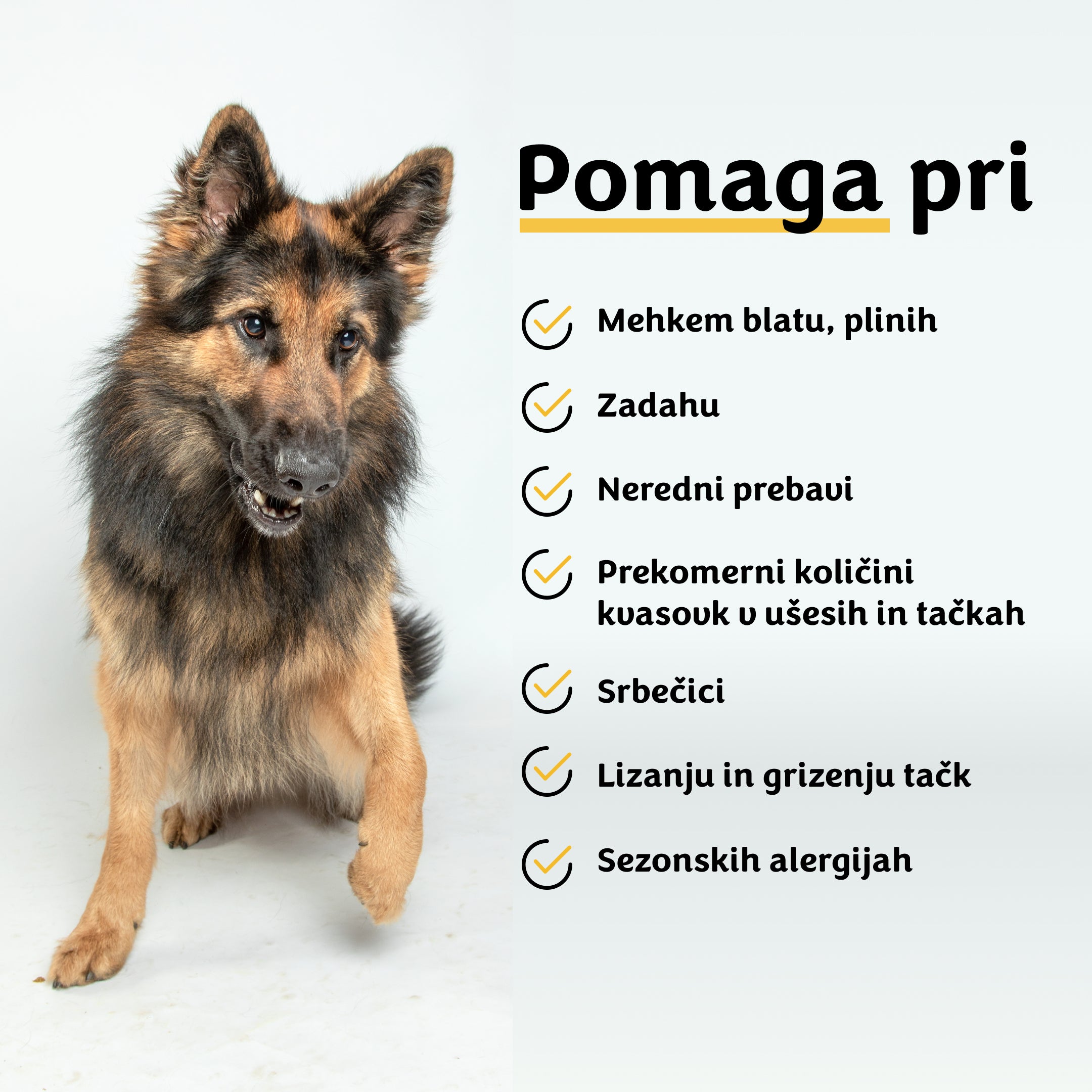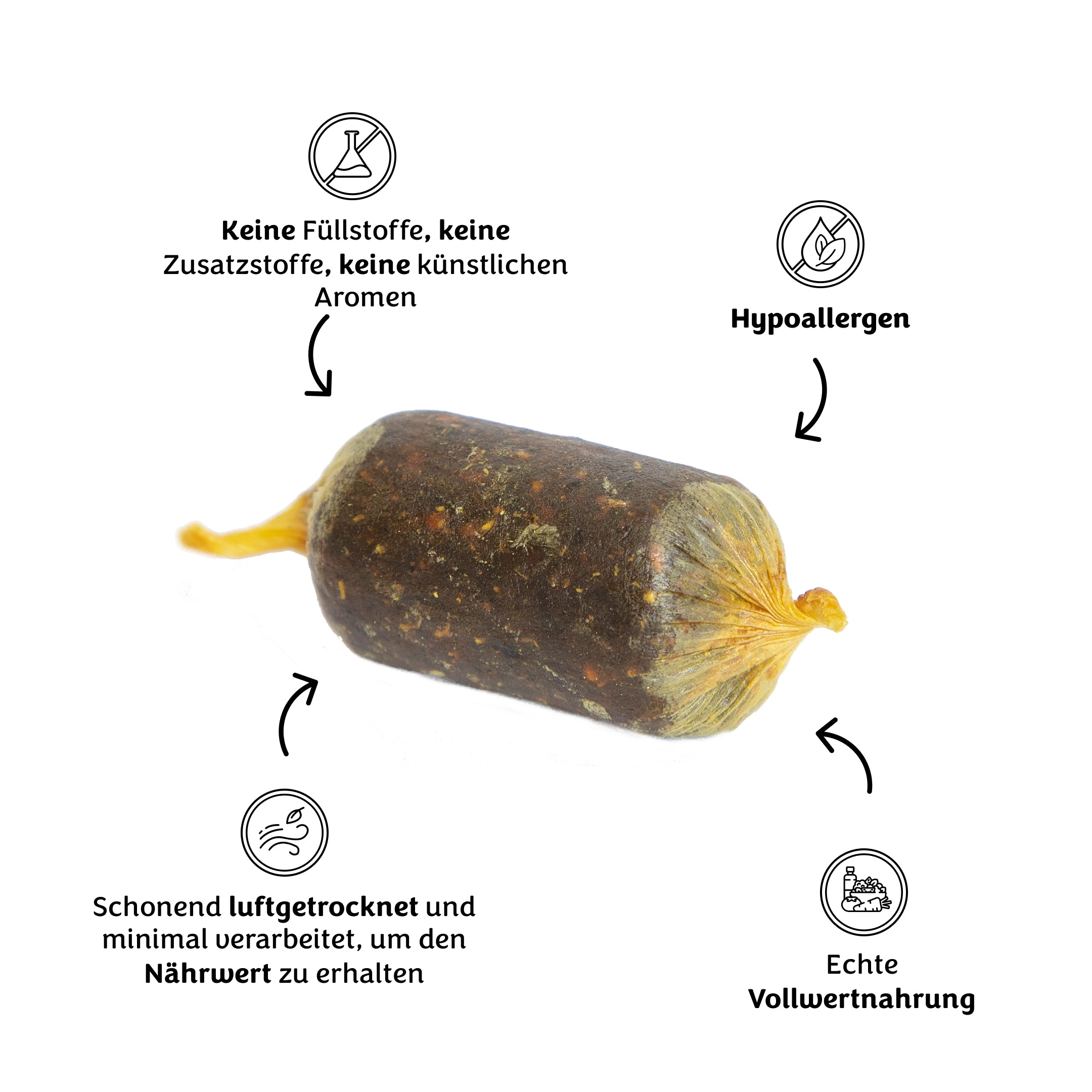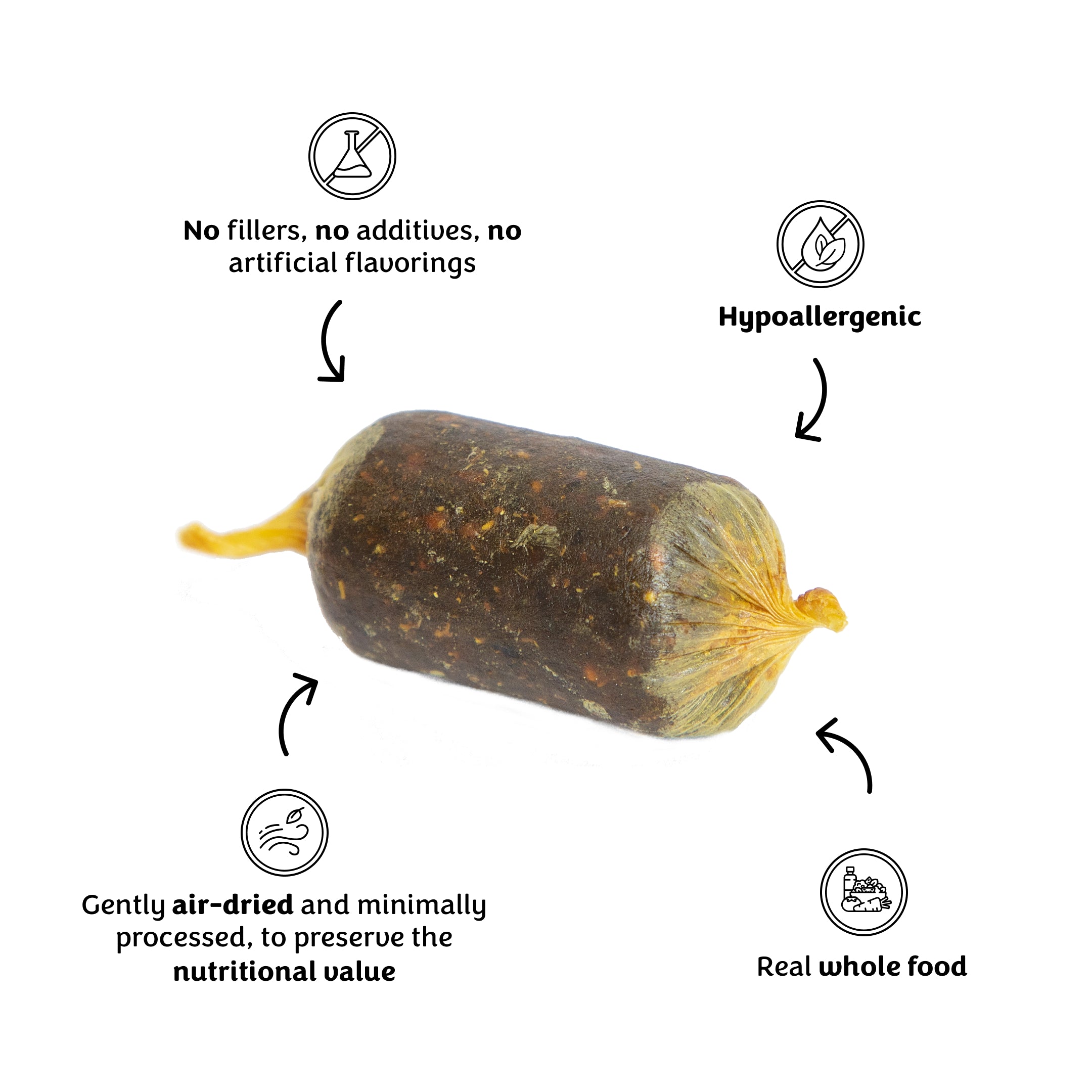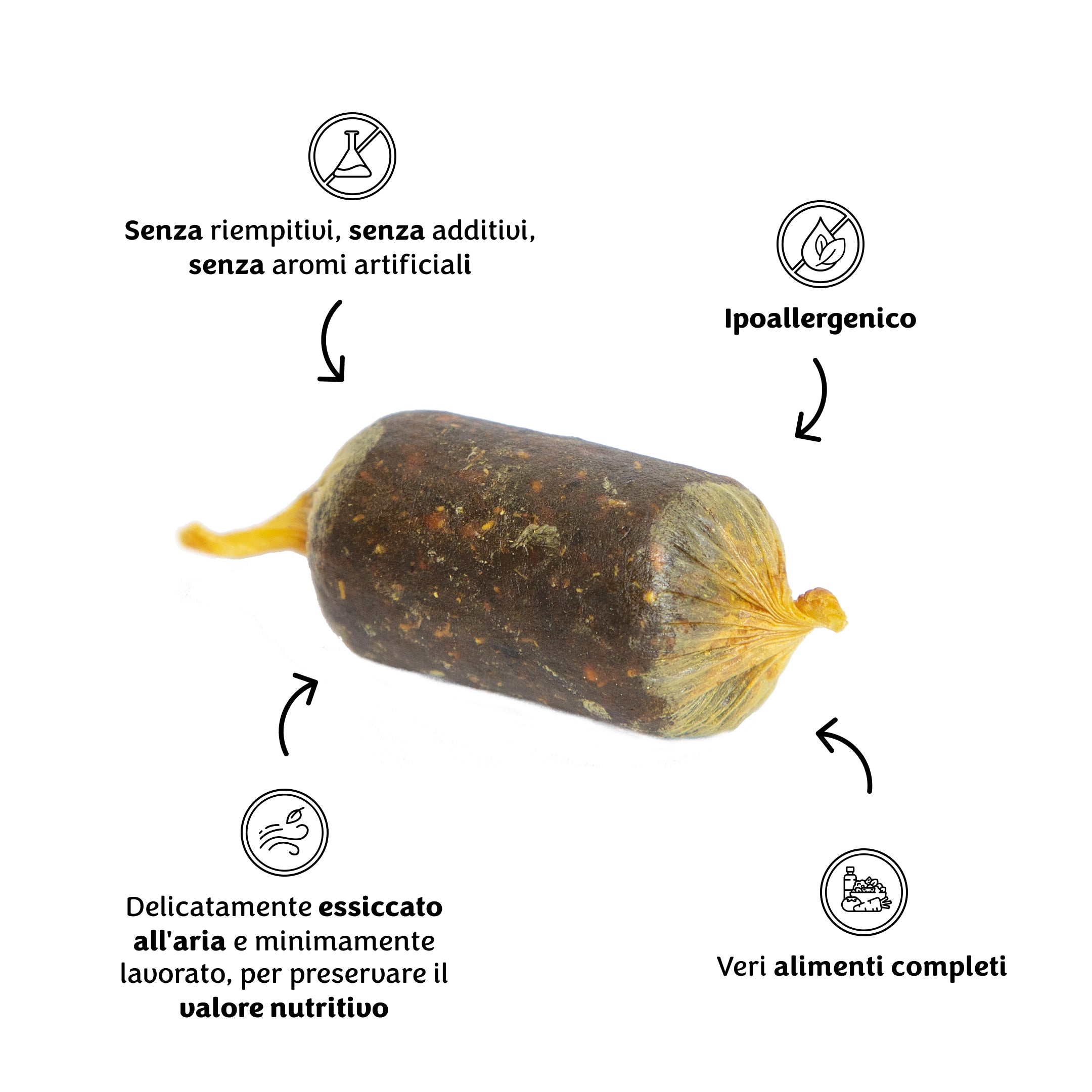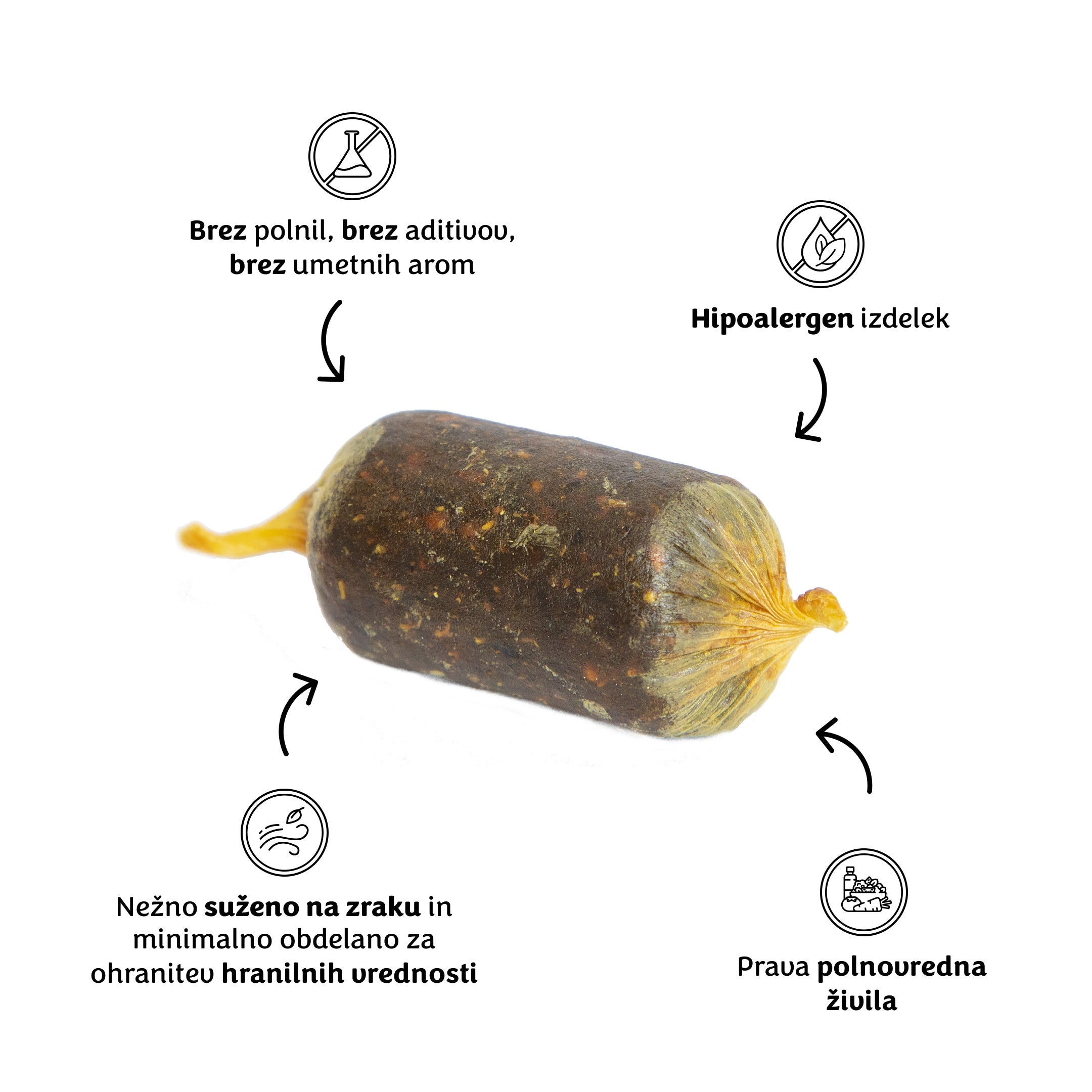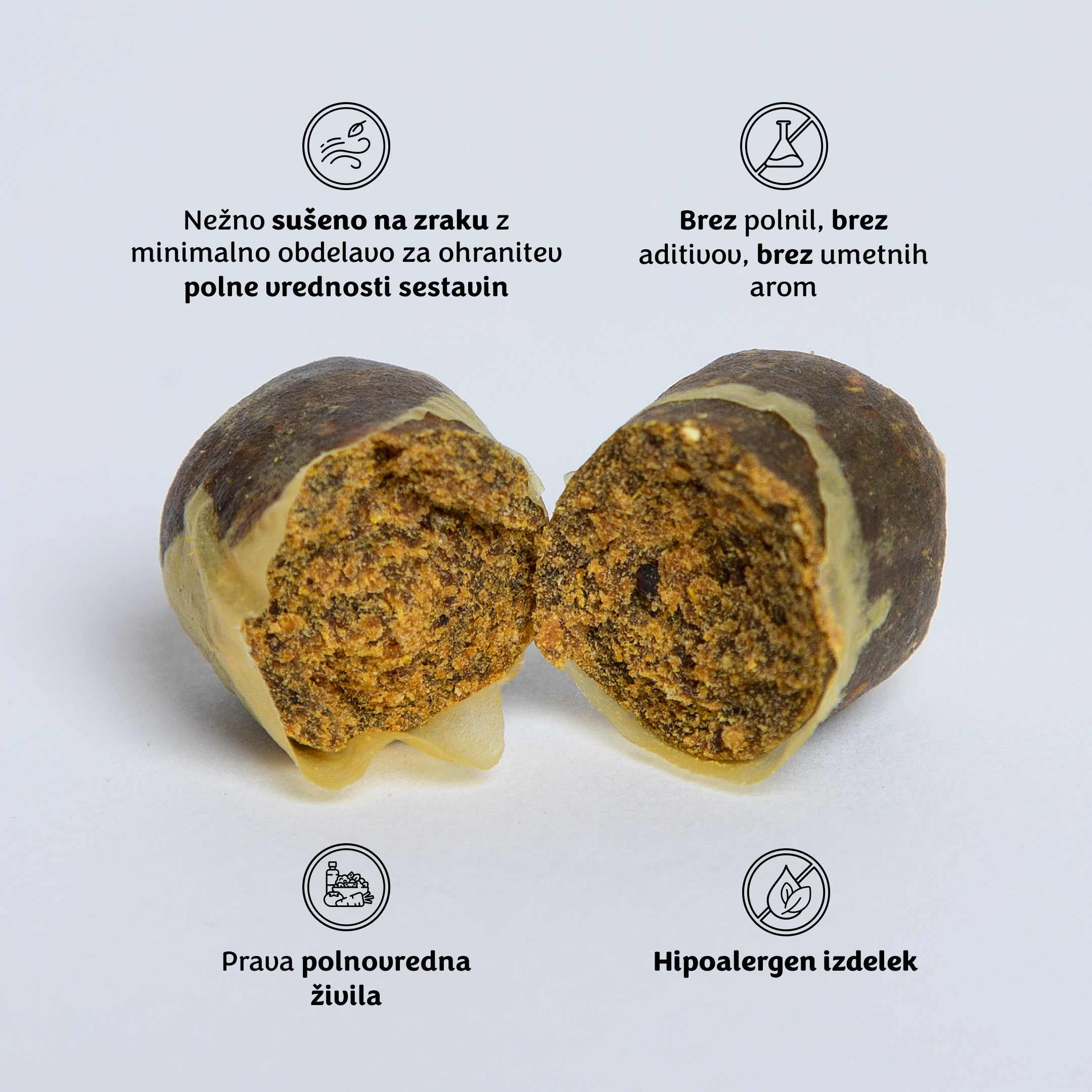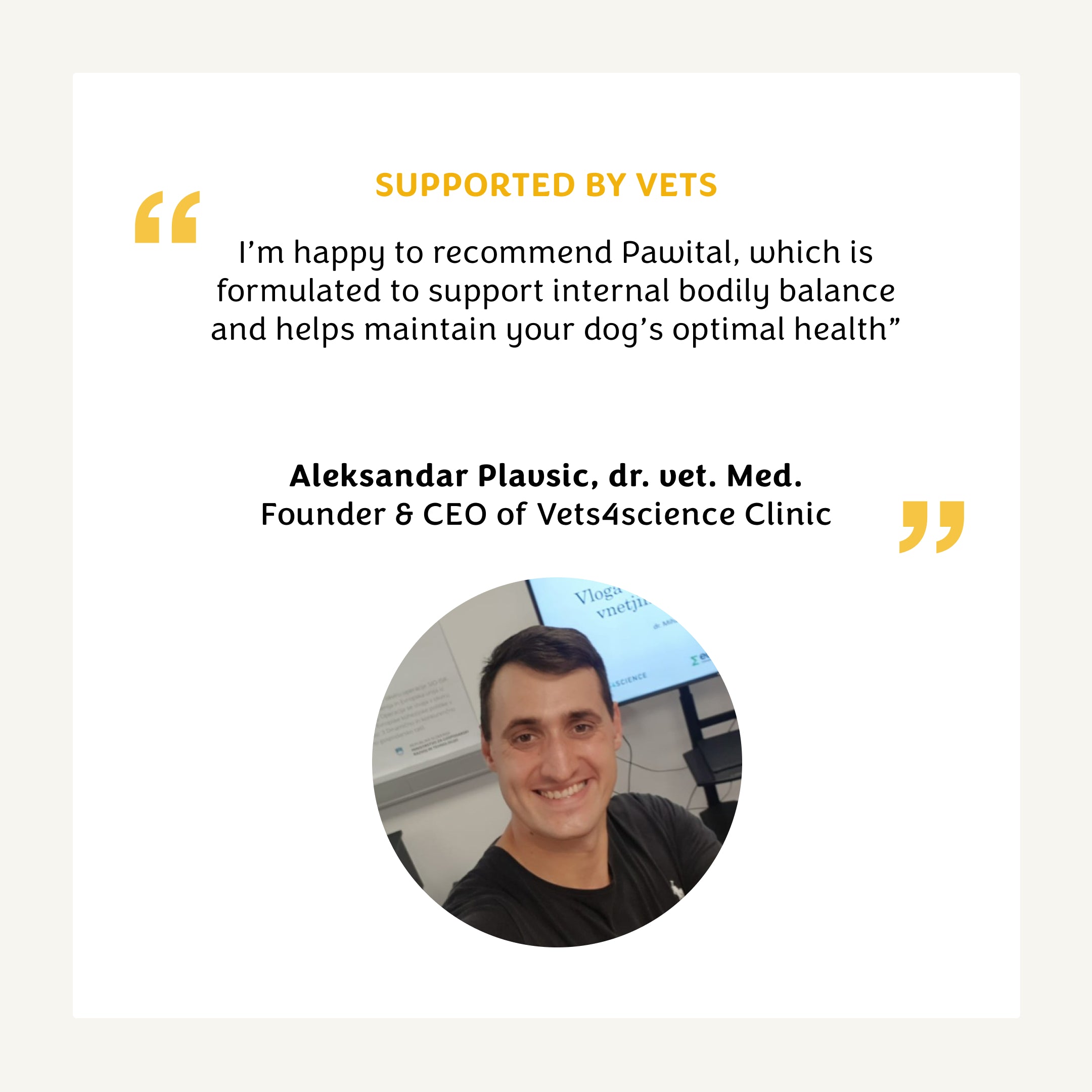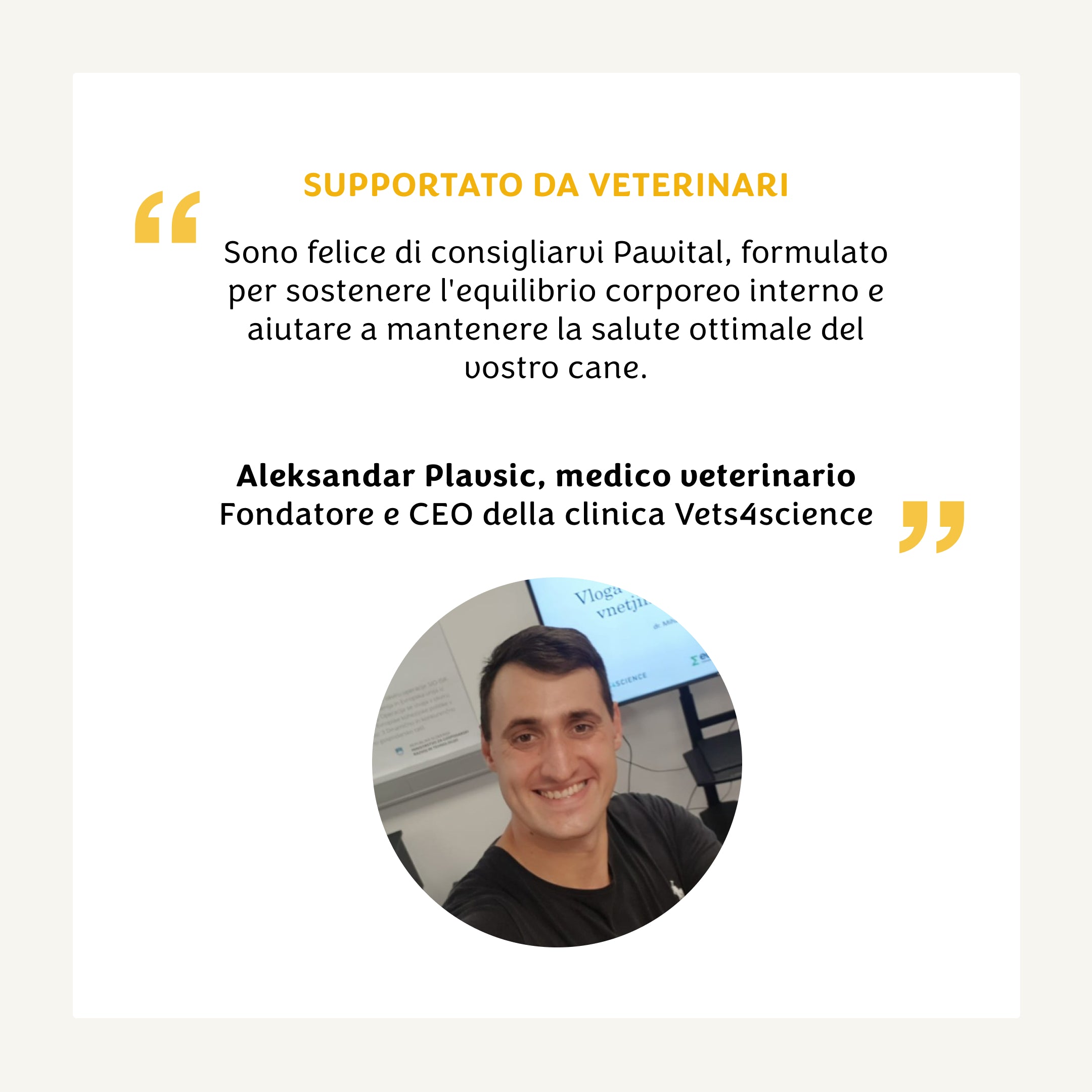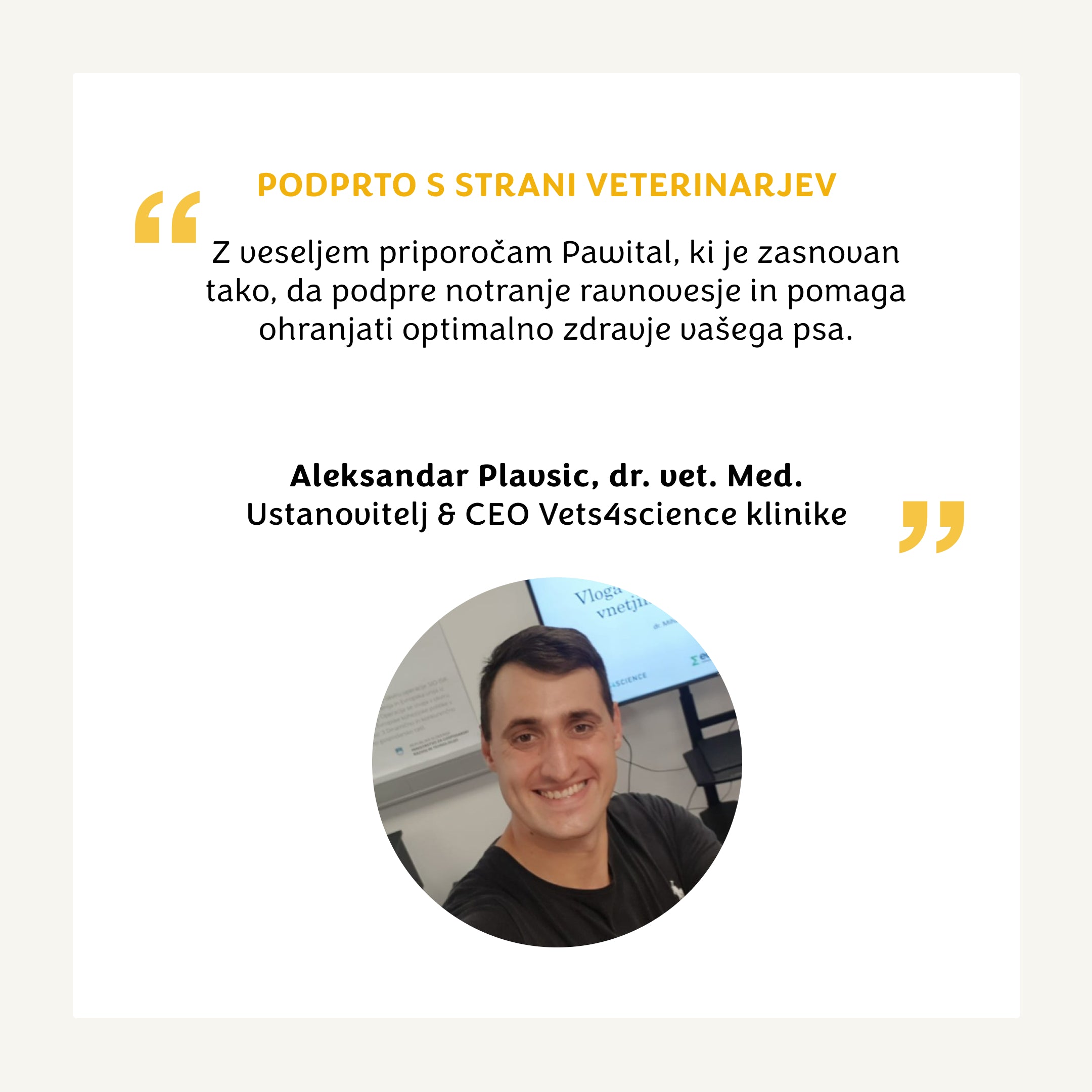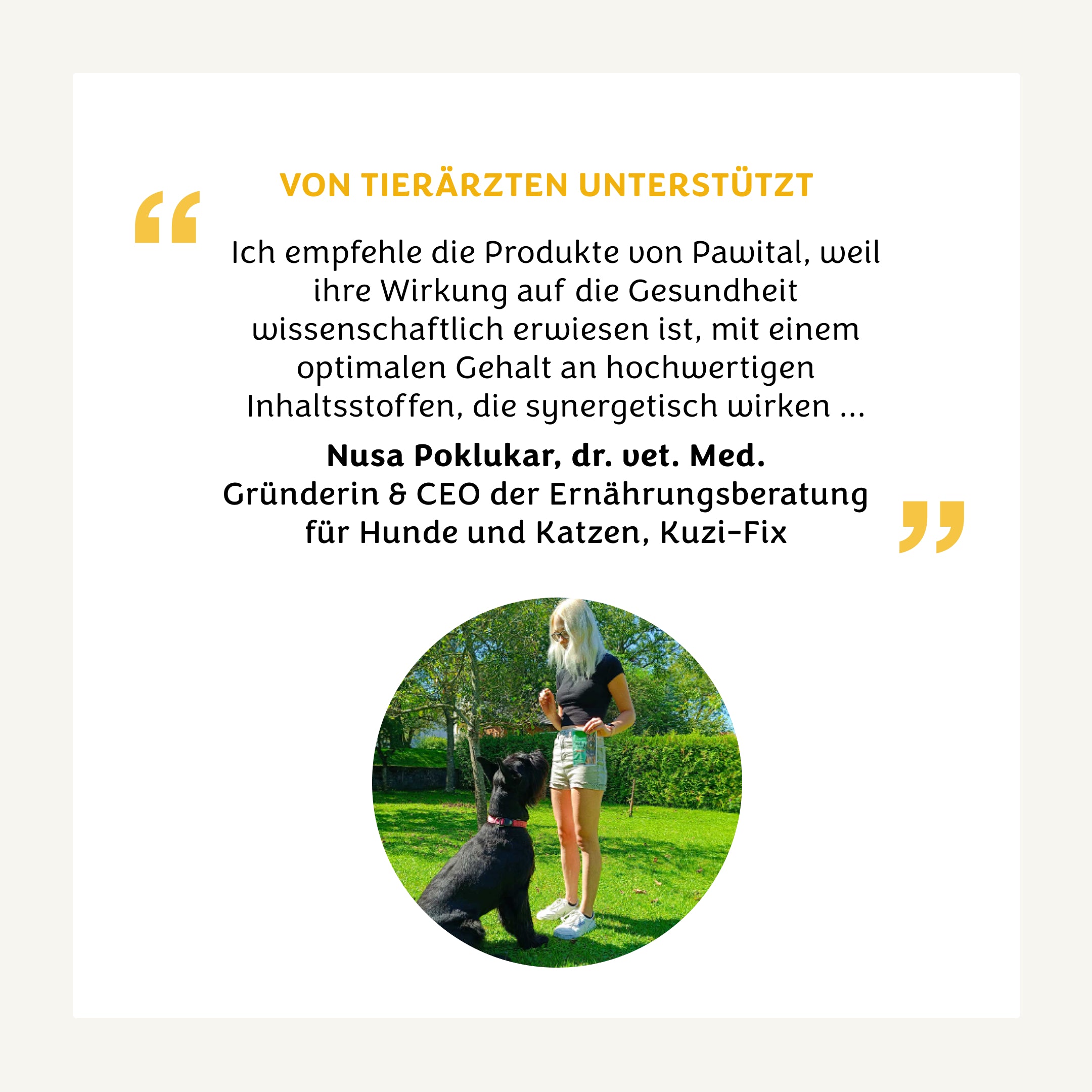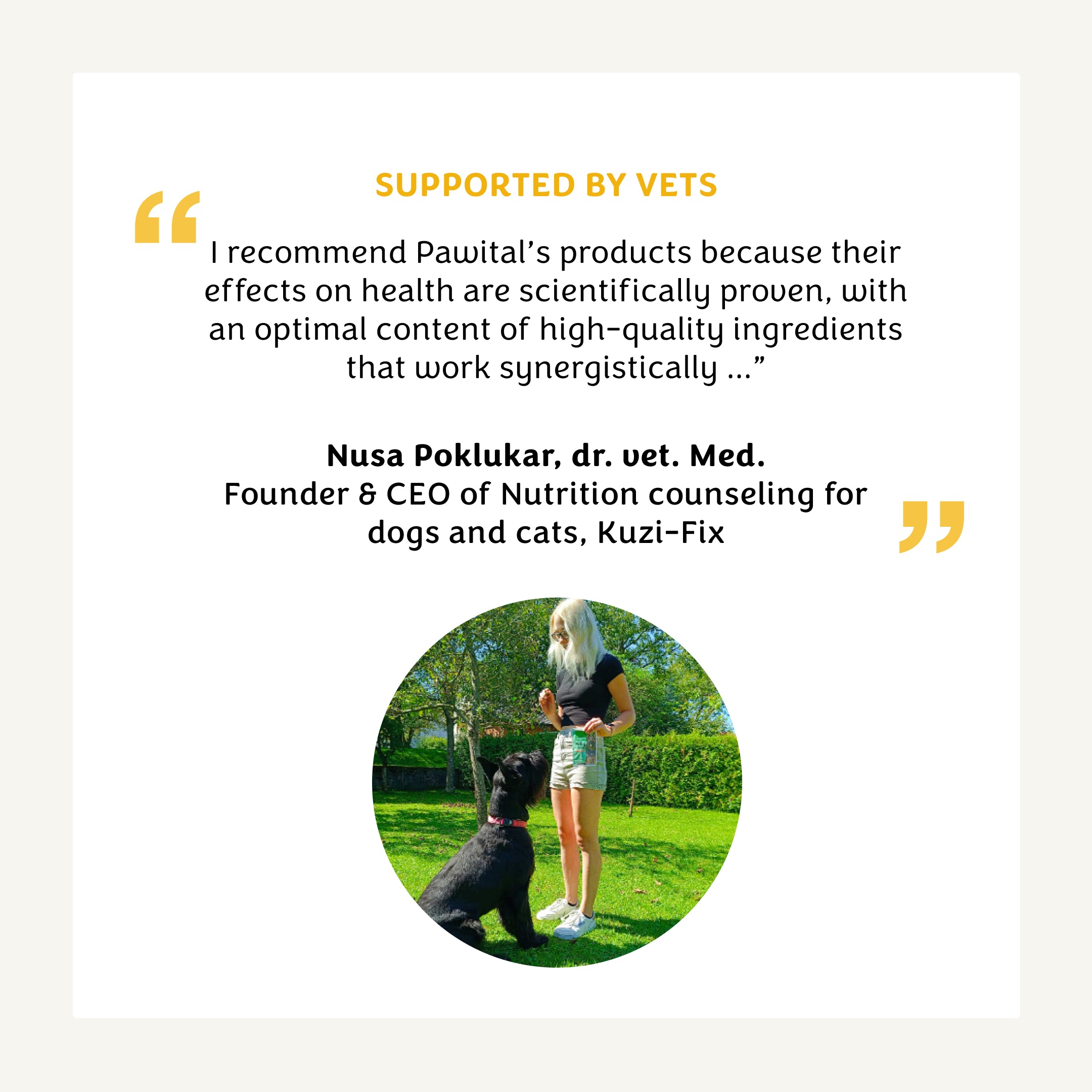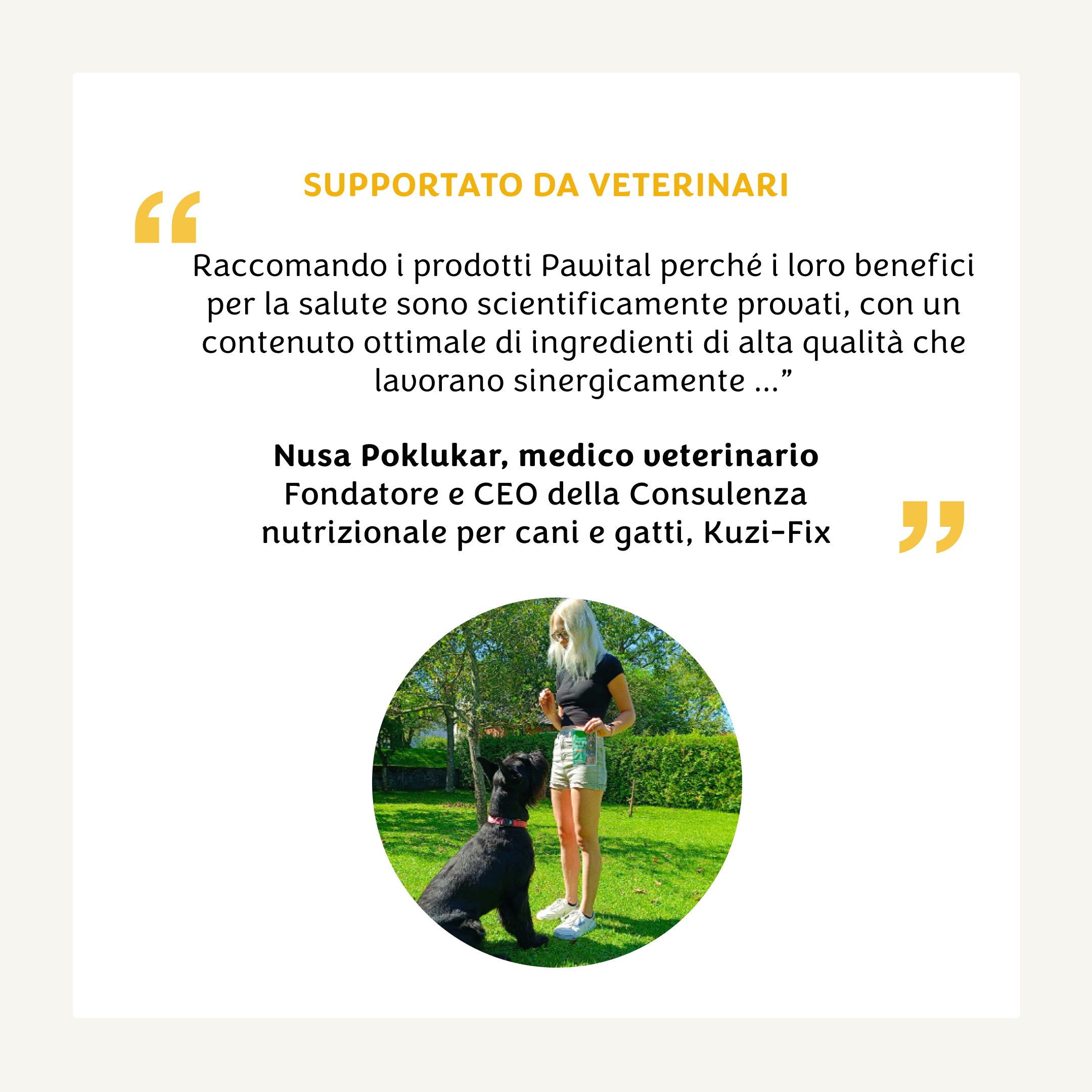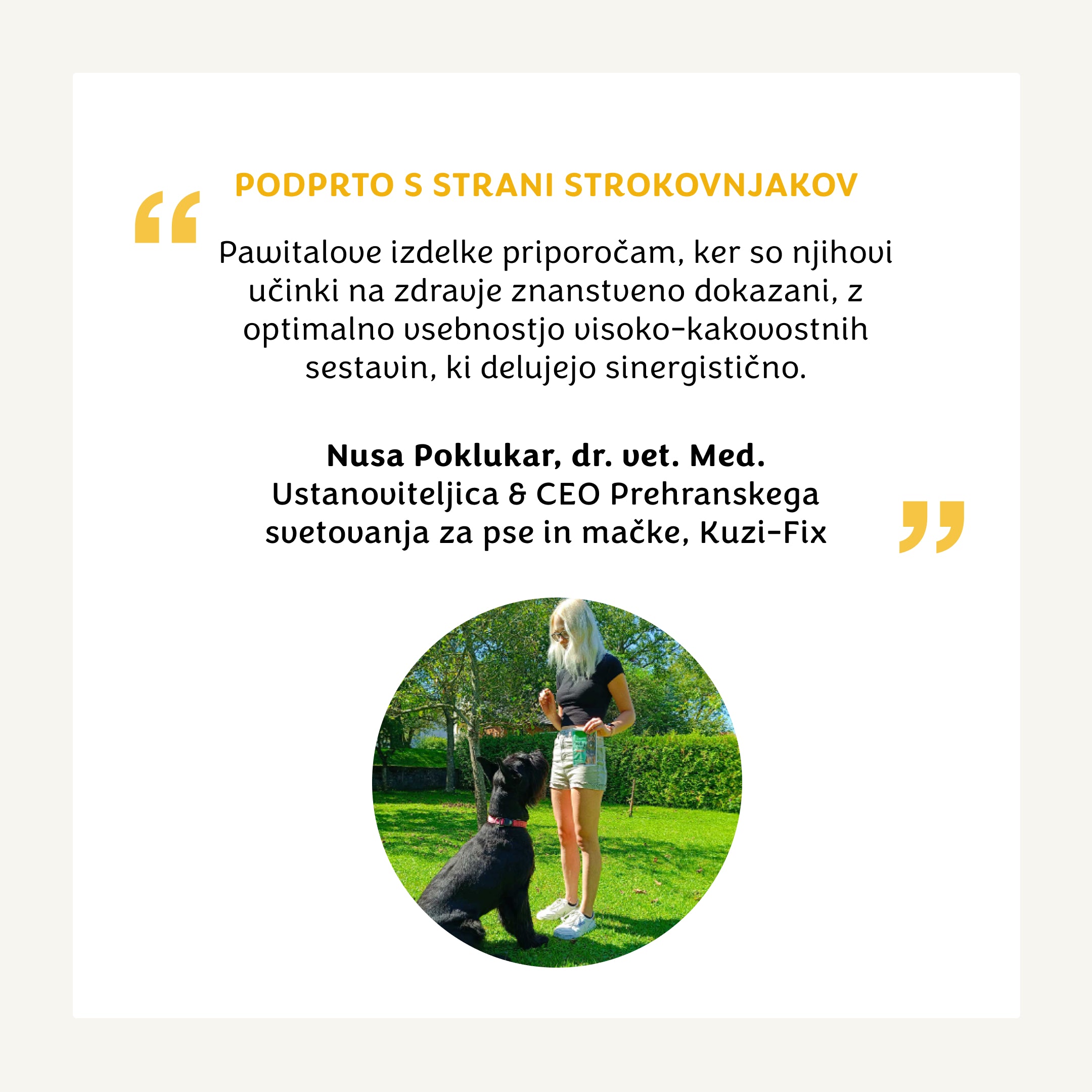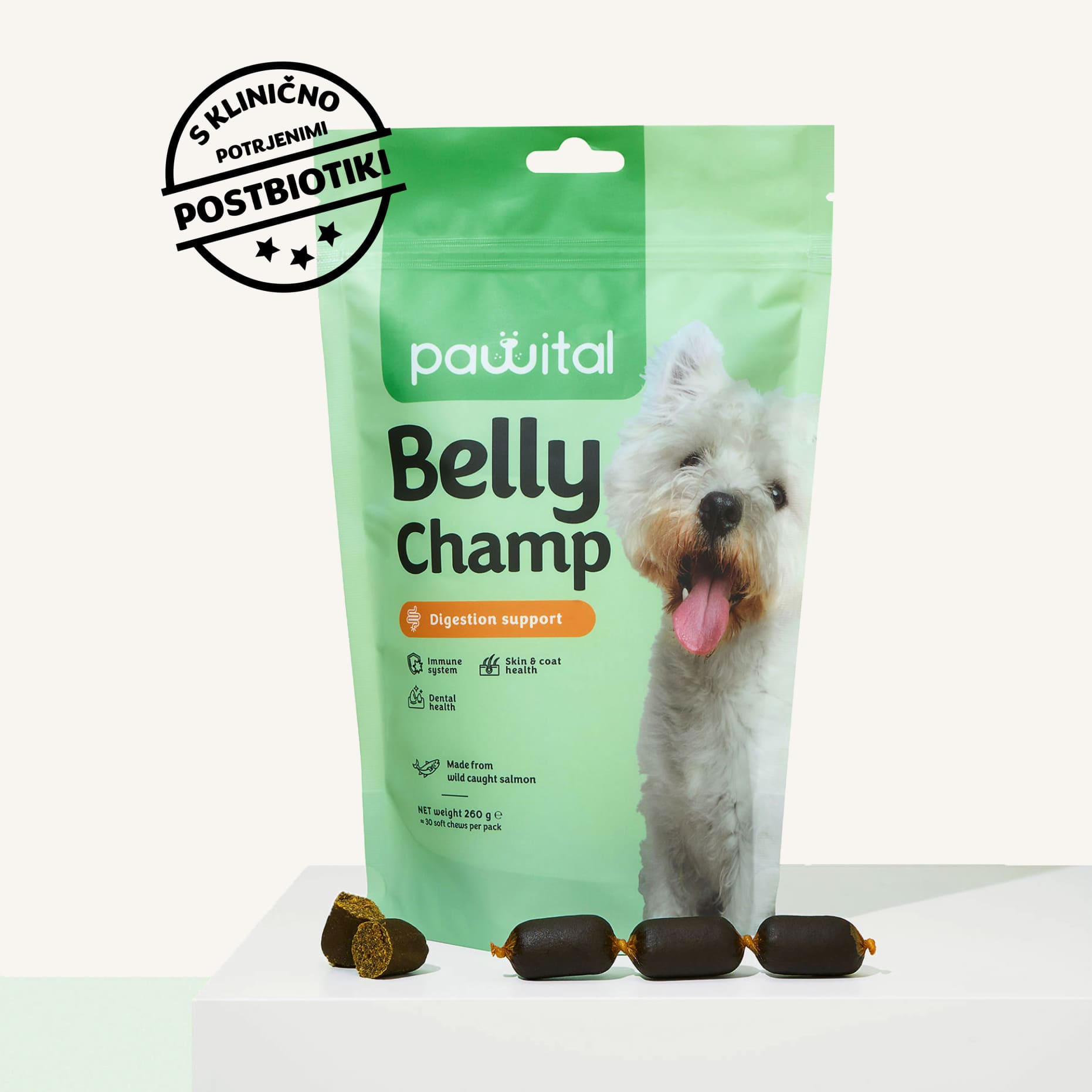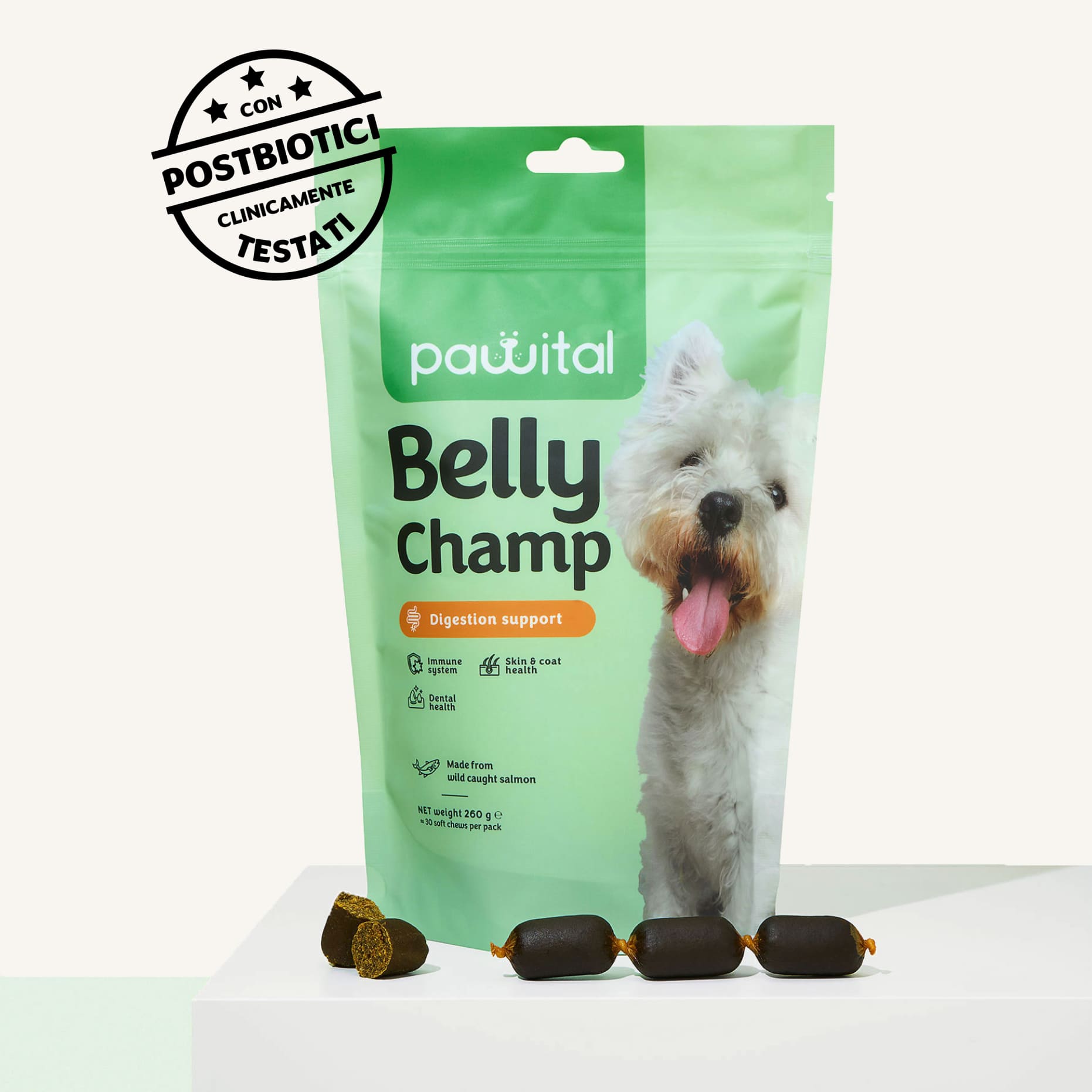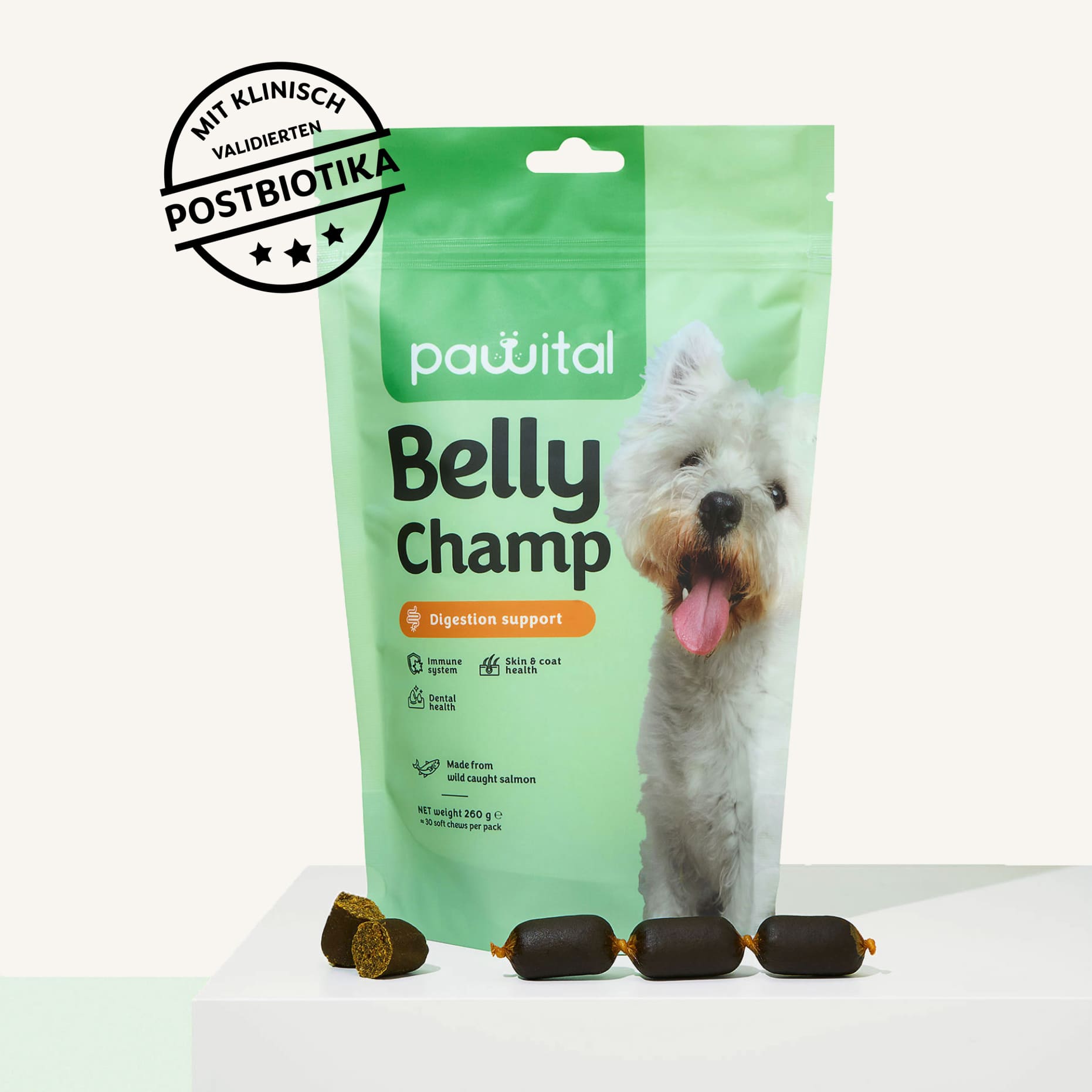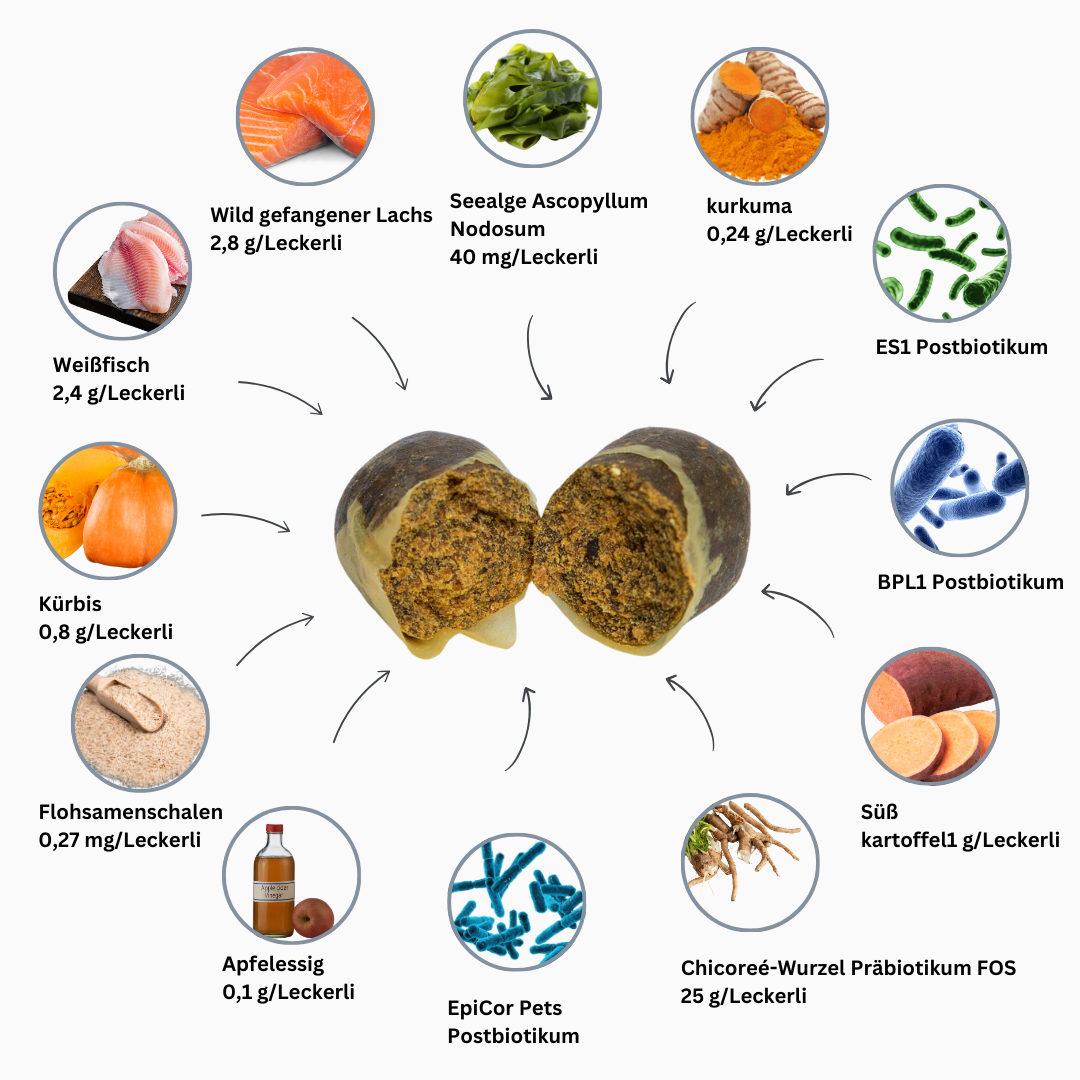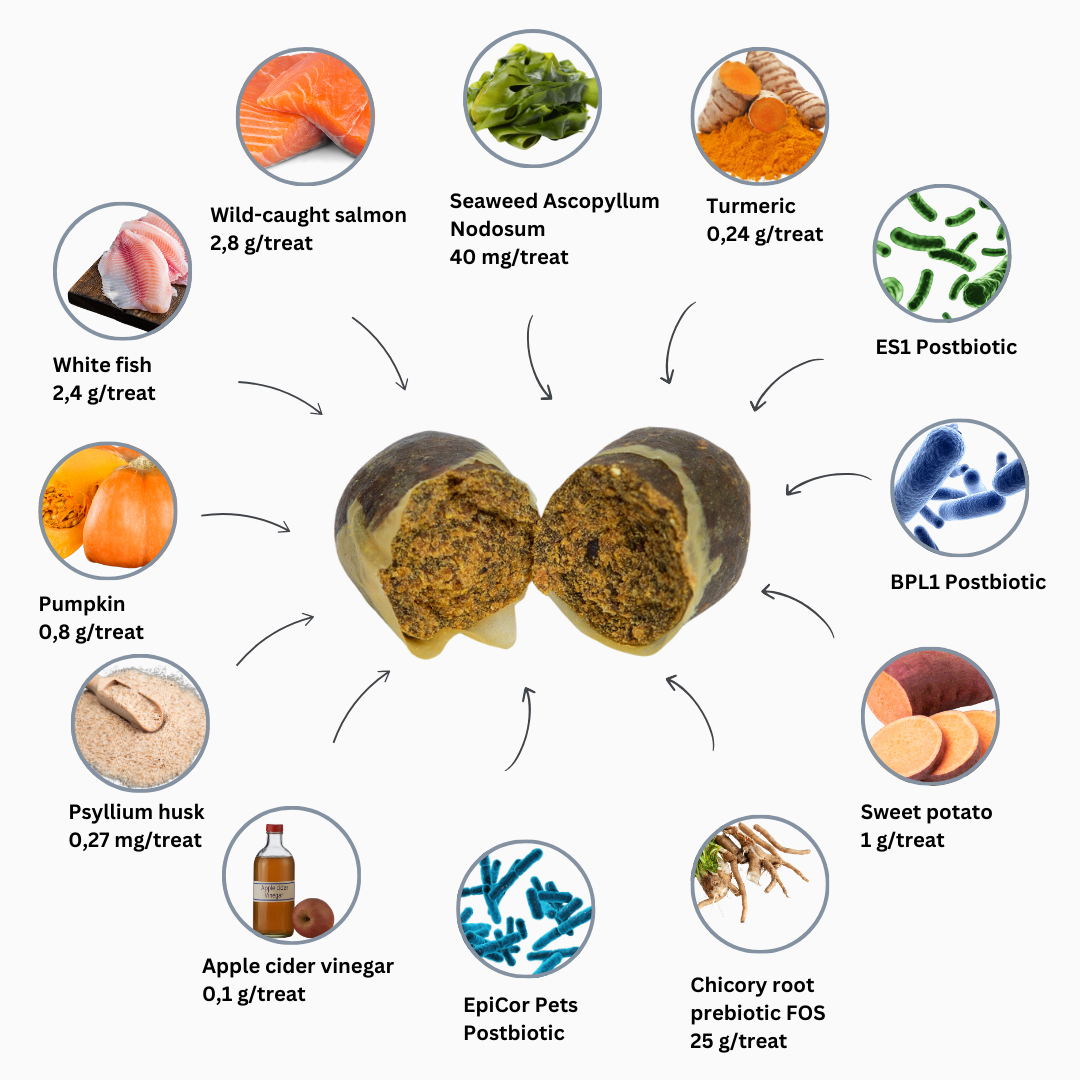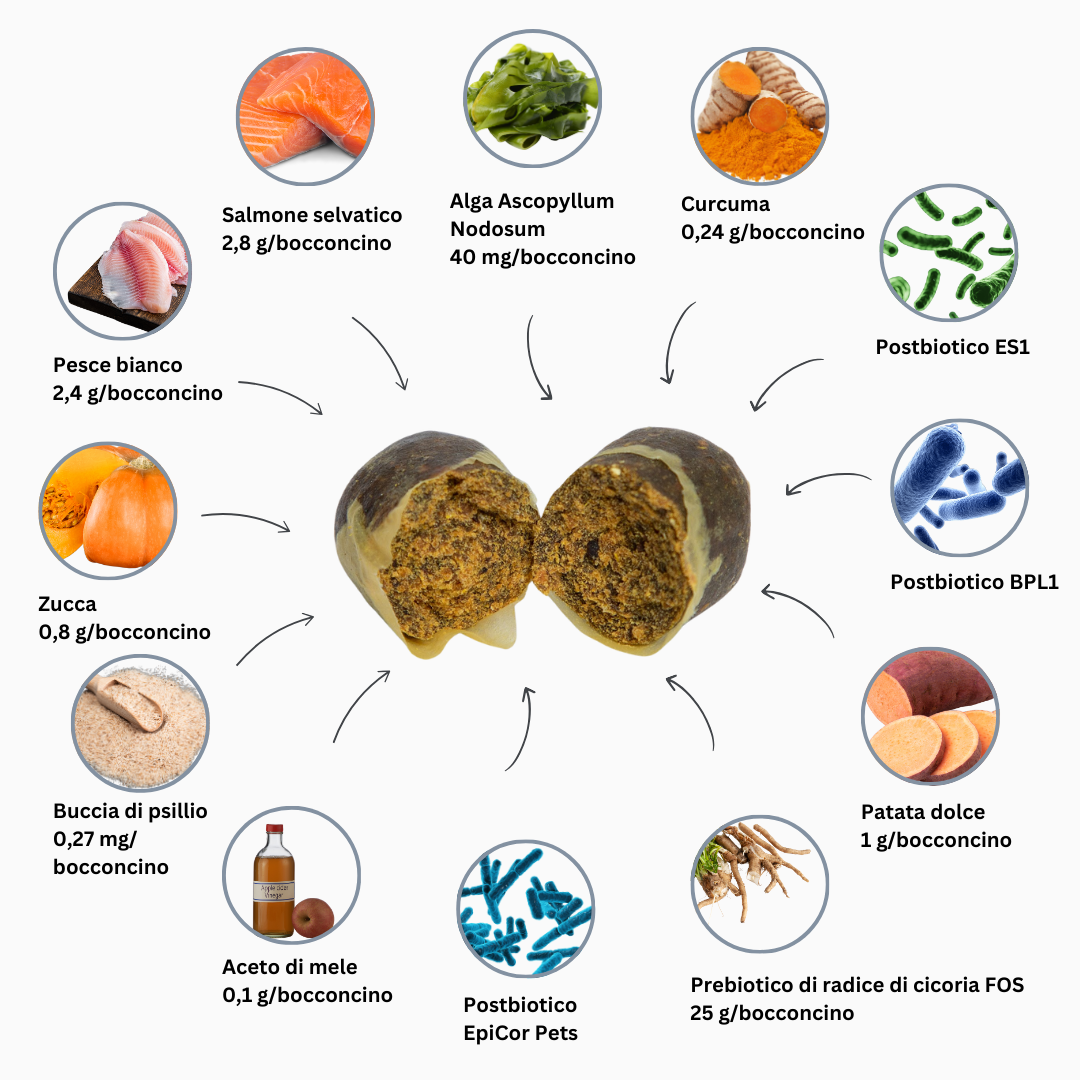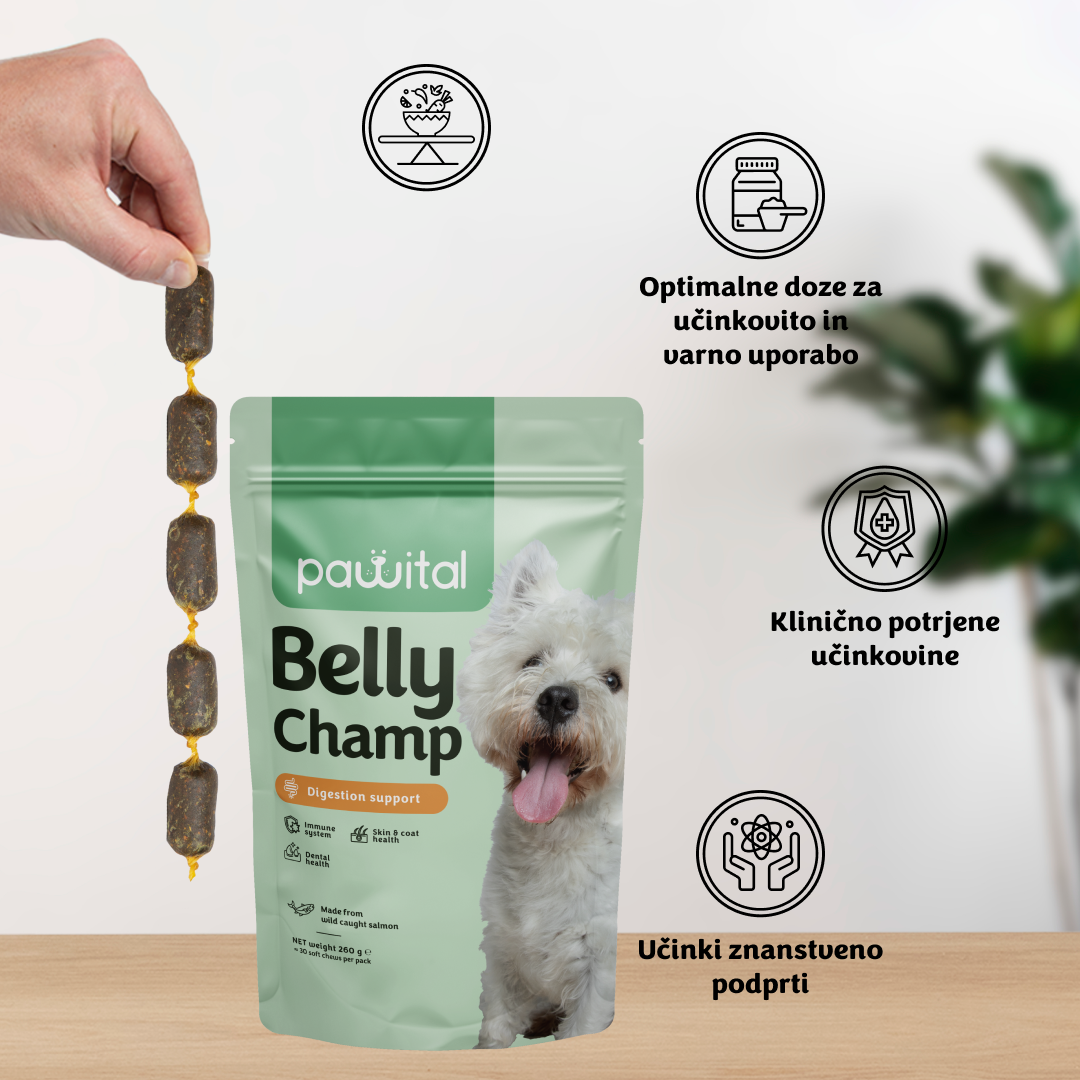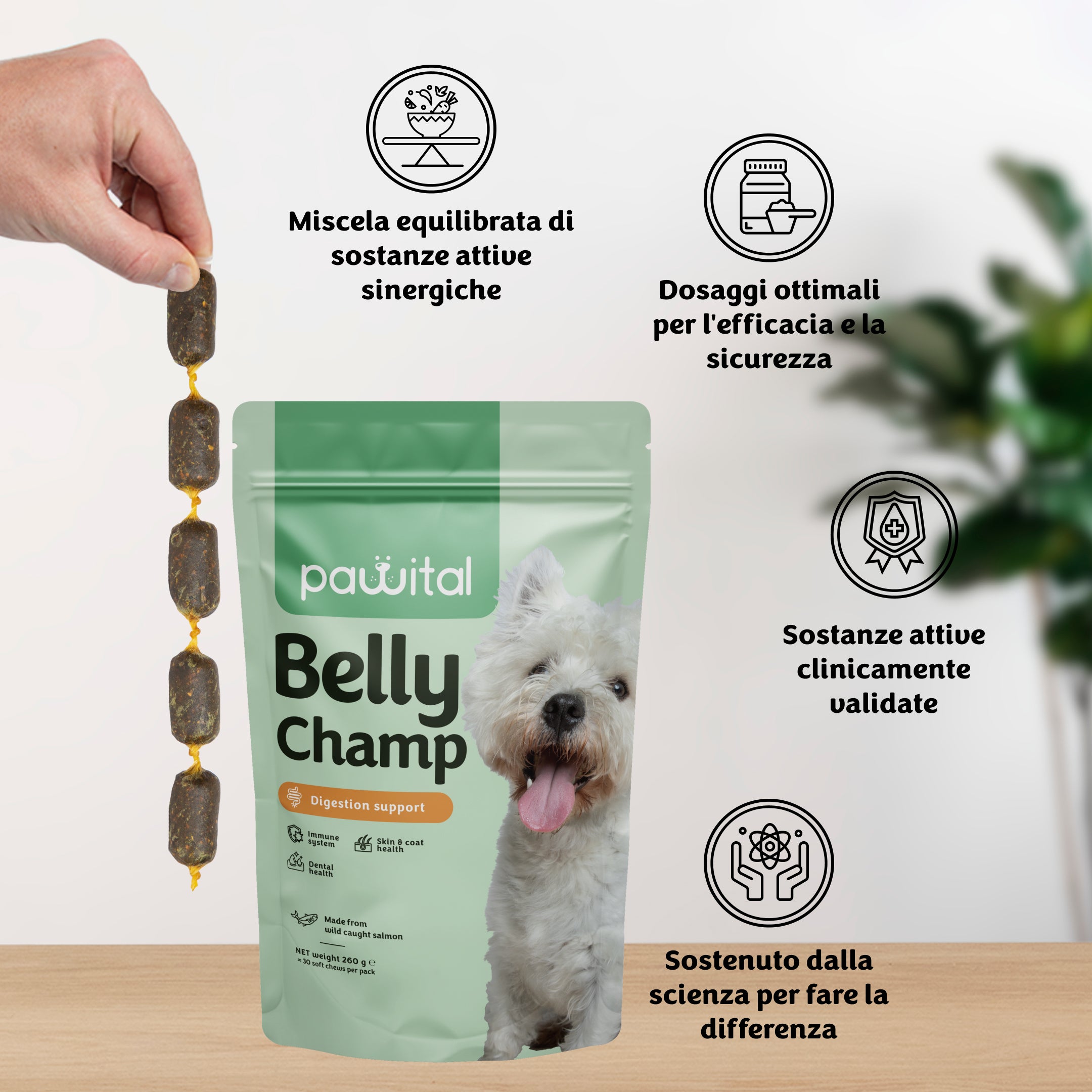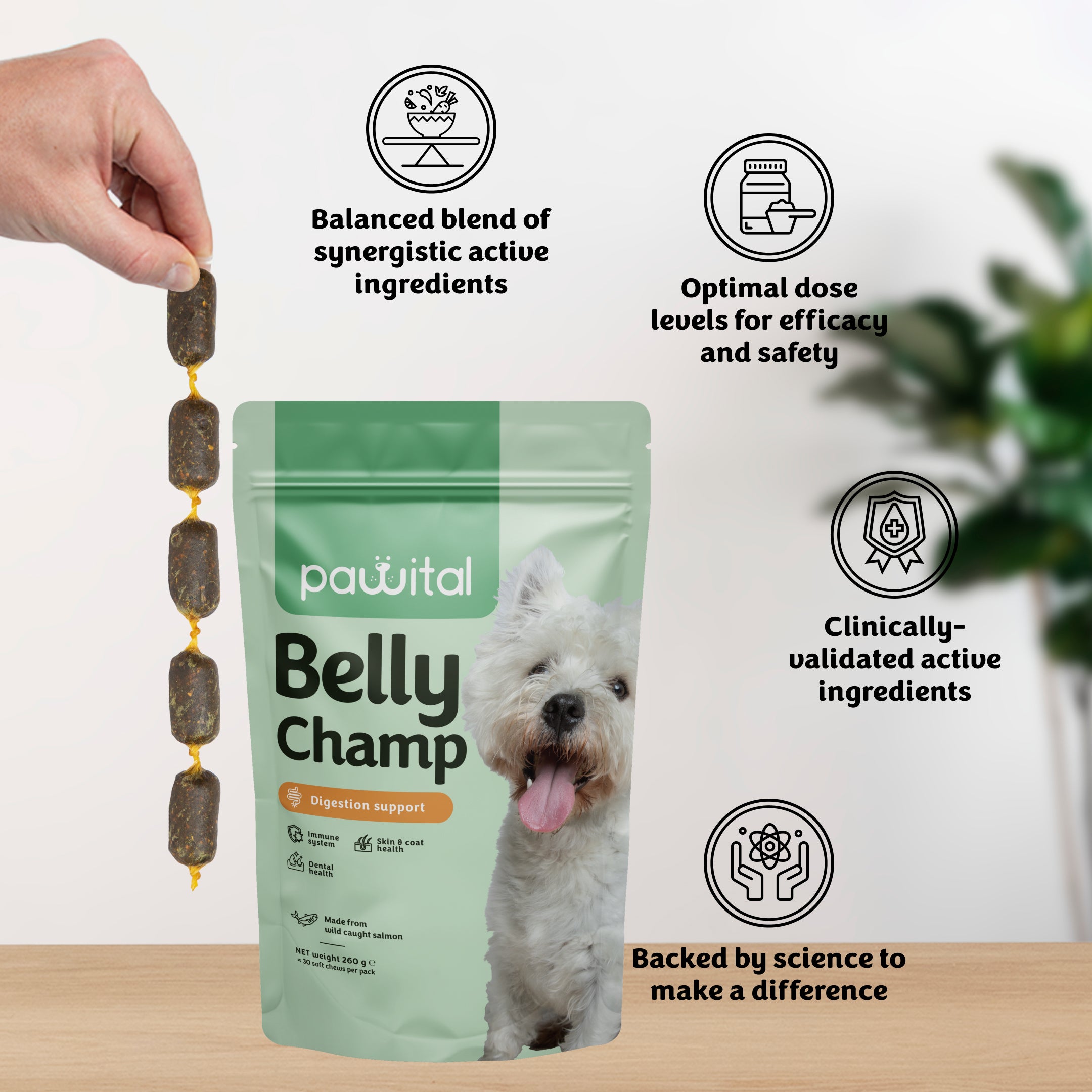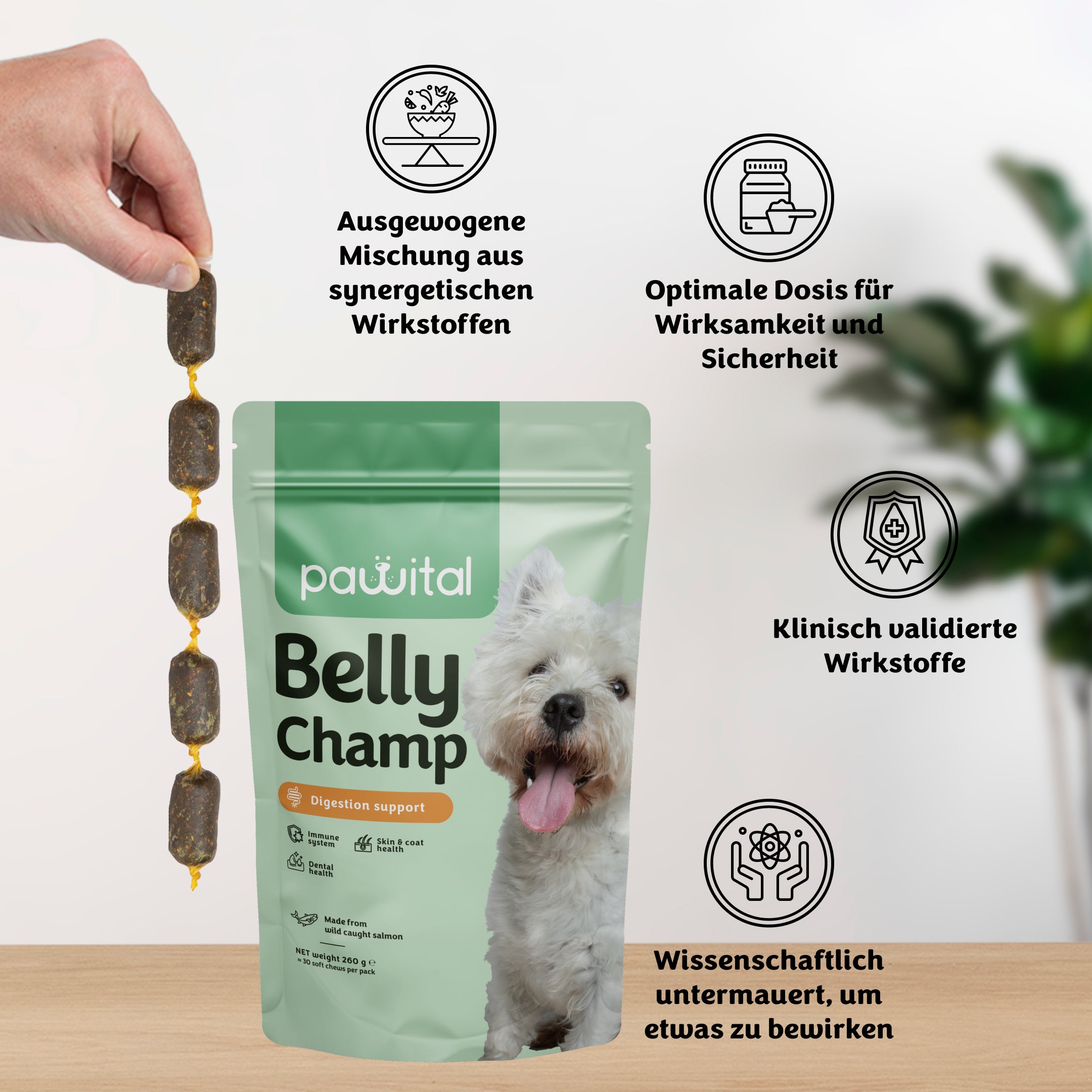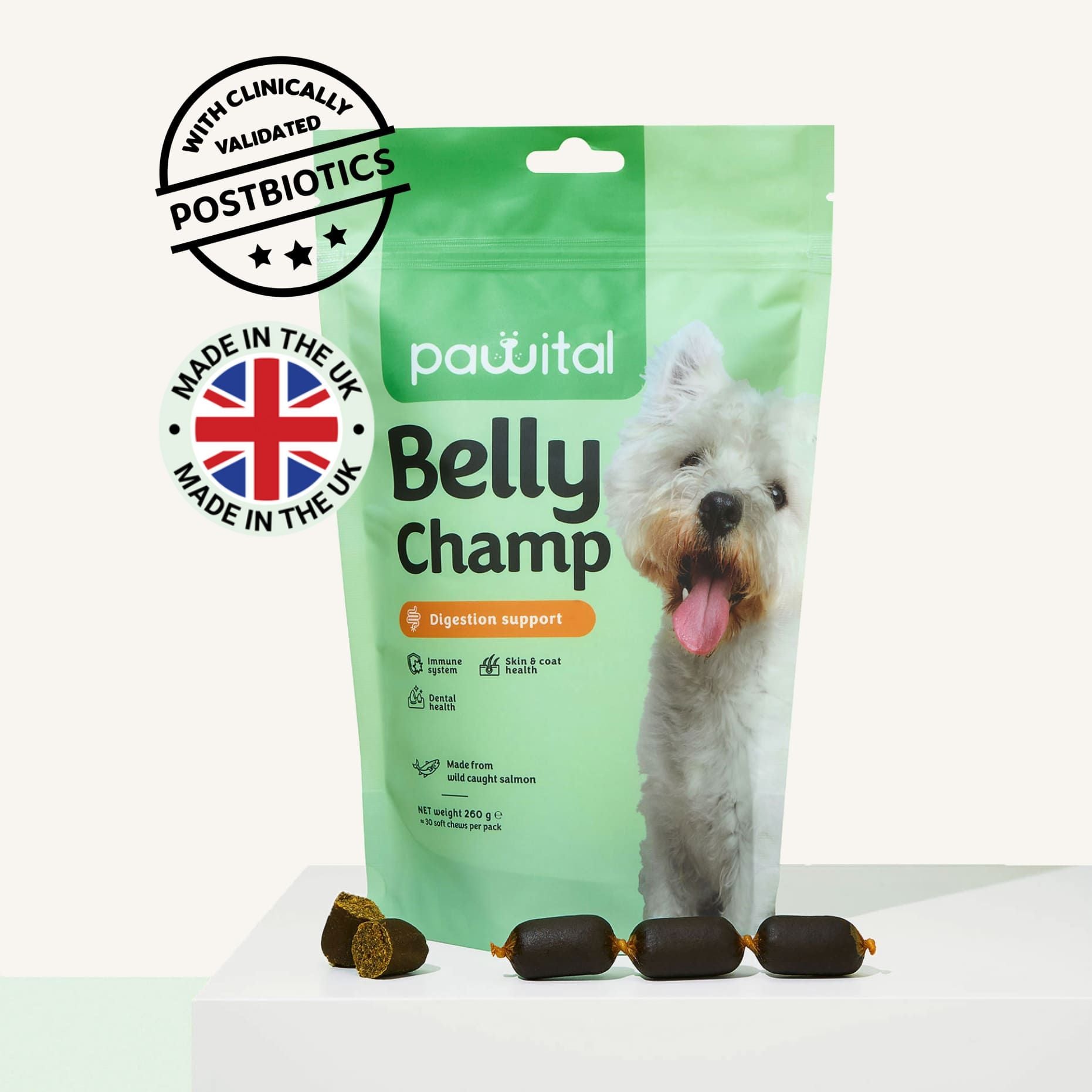Oxidative stress is a significant health concern for pets, just as it is for humans. It occurs when there's an imbalance between free radicals and antioxidants in the body, leading to cell and tissue damage.

This condition can contribute to various health problems, including chronic inflammation, aging, and diseases like cancer and heart disease. Understanding and addressing oxidative stress is crucial for maintaining your pet's health and longevity.
What Causes Oxidative Stress in Your Dog's Body?
Several factors can contribute to oxidative stress in dogs, including:
- Environmental Toxins: Exposure to pollutants, pesticides, and chemicals can increase free radical production.
- Poor Diet: Low-quality pet food lacking in essential nutrients can weaken your pet's antioxidant defenses.
- Stress: Physical and emotional stress can elevate free radical levels.
- Aging: As pets age, their natural antioxidant production declines, making them more susceptible to oxidative stress.
Signs of Oxidative Stress in Pets
Recognizing the signs of oxidative stress can help you take proactive measures. Common symptoms include:
- Fatigue and Lethargy: Reduced energy levels and reluctance to engage in physical activities.
- Chronic Inflammation: Persistent redness, swelling, or discomfort in various body parts.
- Skin and Coat Issues: Dull coat, excessive shedding, or skin irritations - scratching, paw licking.
- Frequent Infections: A weakened immune system leading to recurring illnesses.

Solutions to Combat Oxidative Stress
- Healthy Diet: Ensure your pet's diet is rich in antioxidants. Foods high in vitamins C and E, beta-carotene, and selenium can help neutralize free radicals. Incorporating fresh fruits, vegetables, and high-quality pet food can make a significant difference.
- Regular Exercise: Physical activity can enhance your pet's overall health and improve their antioxidant defense system. Regular walks, playtime, and mental stimulation are essential for reducing stress and promoting well-being.
- Avoid Environmental Toxins: Minimize your pet's exposure to harmful chemicals. Use natural cleaning products, avoid pesticide-treated areas, and provide clean, filtered water.
- Supplements: Adding antioxidant-rich supplements to your pet's diet can be highly beneficial. This is where Belly Champ's postbiotic, containing EpiCor Pets, comes into play.

How Belly Champ's Postbiotic Product Helps
Belly Champ, featuring EpiCor Pets postbiotic, is an excellent solution for combating oxidative stress in pets. Here's how it works:
- Natural Antioxidant Power: EpiCor Pets postbiotic is packed with natural antioxidants that help reduce oxidative stress by neutralizing free radicals. This can protect your pet's cells and tissues from damage.
- Supports Immune Defenses: By enhancing both innate and adaptive immunity, EpiCor Pets postbiotic ensures your pet's immune system can effectively combat infections and diseases, reducing the overall oxidative load.
- Promotes Digestive Health: A healthy gut is crucial for overall health. EpiCor Pets postbiotic supports a balanced gut microbiome, which plays a vital role in reducing systemic inflammation and oxidative stress.
- Human-Grade, High-Quality Ingredients: Belly Champ's commitment to natural, non-GMO, and human-grade ingredients ensures that your pet receives only the best, safest, and most effective supplement. And what's the best, dogs love Belly Champ soft chew supplement in a shape of a sausage.
Conclusion
Combatting oxidative stress in pets is essential for their health and longevity. By providing a balanced diet, regular exercise, reducing exposure to toxins, and incorporating antioxidant-rich supplements like Belly Champ's postbiotic product, you can significantly improve your pet's well-being. The natural antioxidant power of EpiCor Pets postbiotic makes it a standout choice for pet owners looking to protect their furry friends from the damaging effects of oxidative stress.



